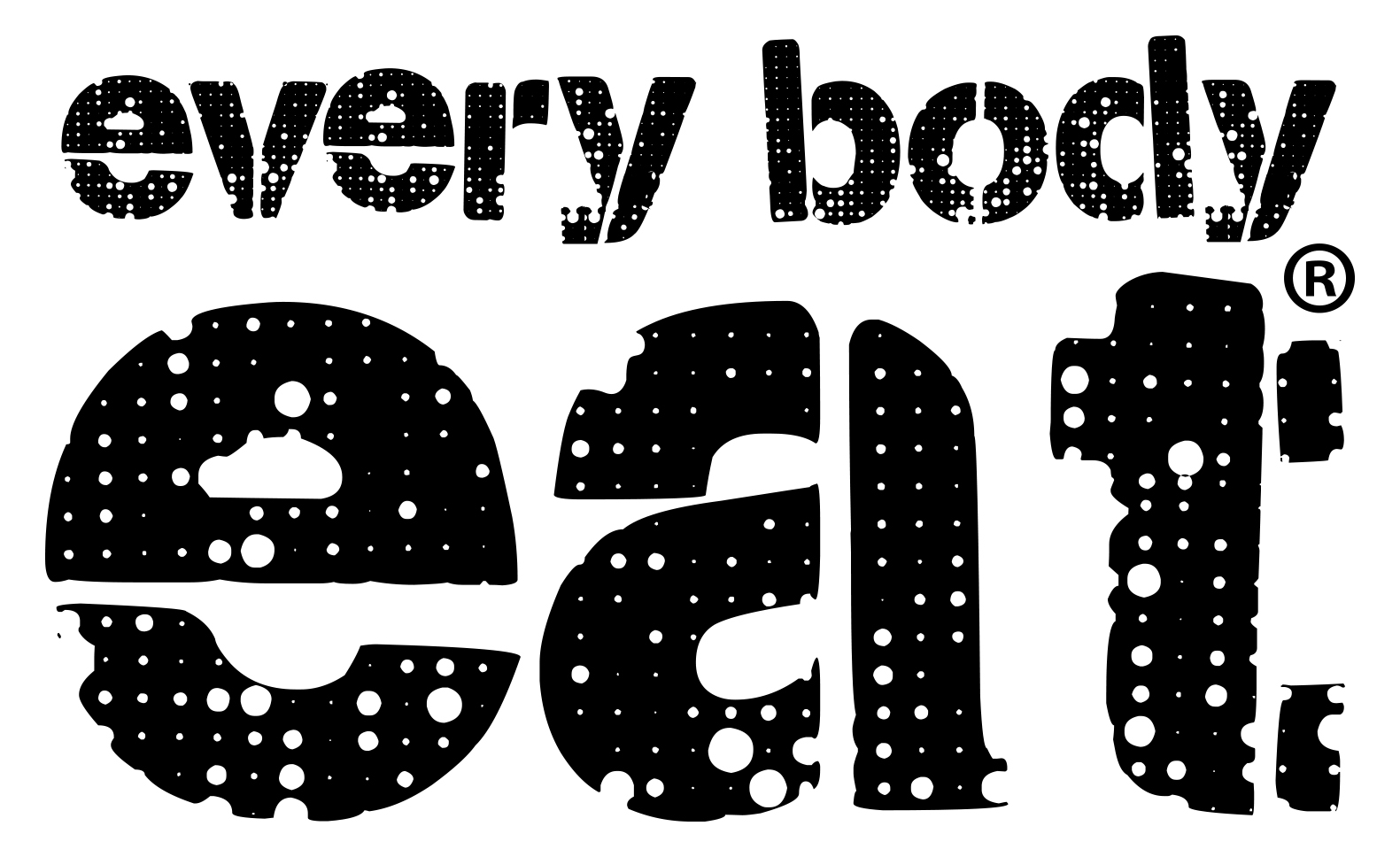About
2021 FAACT Partners
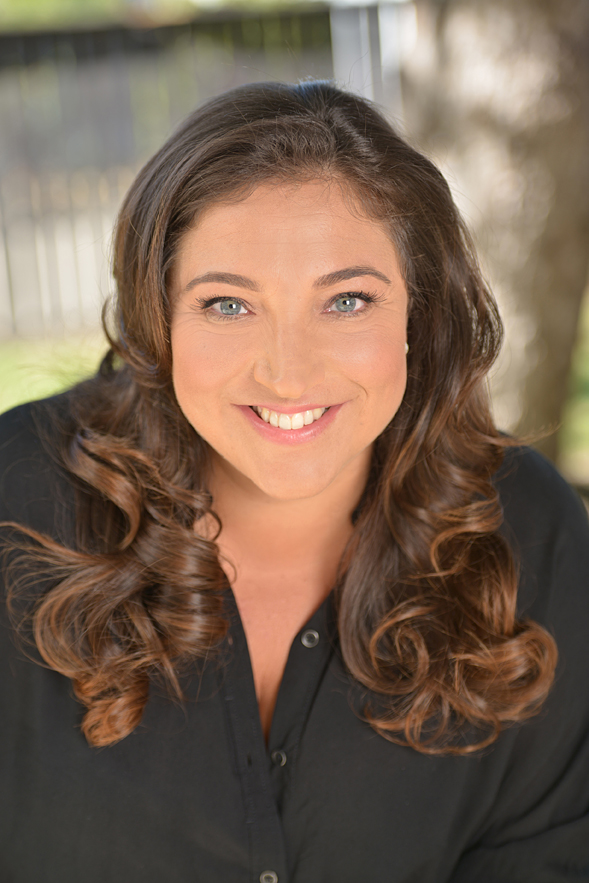
Jo Frost
FAACT National Spokesperson
Jo Frost to help raise awareness of life-threatening food allergies that affect as many as 32 million Americans, including 6 million children
Global parenting expert, bestselling author, and television personality Jo Frost has been in our living rooms for more than 15 years on television shows including “Supernanny,” “Family Matters,” “Family S.O.S.,” “Extreme Parental Guidance,” and her newest show, “Jo Frost: Nanny on Tour.” Her six books on parenting – the most recent of which is Jo Frost’s Toddler Rules – have become go-to guides for childrearing, and her no-nonsense approach has helped millions of families across the world bring harmony back to their lives.
Jo has always had a natural gift for connecting with kids on their own levels and connecting with parents and children organically. With more than 20 years of childcare experience, beginning as an actual nanny, she has honed her successful methods of childrearing with hands-on, real-life experience.
She also knows first-hand the life-threatening nature of food allergies: Jo is allergic to peanuts, tree nuts, and shellfish. Now she is now bringing her childhood development experience and international celebrity to help children with food allergies.
“We are honored and grateful to have Jo Frost join the FAACT family as our National Spokesperson and advocate for all individuals with life-threatening food allergies and anaphylaxis,” says FAACT President and CEO Eleanor Garrow-Holding. “Jo’s voice will be instrumental in educating children, adolescents, and adults about food allergies. We are excited to have Jo be a part of our programs and to work with her for many years to come!”
“As an advocate for those who live with life threatening allergies, it is an honor to be an ambassador for a leading charity such as the Food Allergy & Anaphylaxis Connection Team (FAACT). They do fantastic work on behalf of anaphylaxis, and together we will build awareness for those with food allergies in the way of advocacy and education. Together we will continue to make advances in the issues affecting those of us with life threatening allergies. It takes dedication, commitment and more than a village to educate those that don’t live with this medical condition. Now we need to pull together as a community and bring awareness to those that are less informed giving those of us with anaphylaxis inclusion and equality.
I feel very passionate about this cause, educating people on the issues of health and safety surrounding anaphylaxis, which includes food labeling, knowing proper actions to take, airline travel, schools and public venues having correct training and diagnosis. All of this is of vital importance that could save lives and would not create an imposition to the general population. Simple changes can make a huge impact to children and adults living with anaphylaxis on a daily basis. It is my goal to see America continue to stand alongside other countries on this health condition.”
In addition to numerous awards in the United Kingdom, Jo was nominated for a People’s Choice Award and in 2006 received an International Emmy Award nomination. You can read more about Jo’s new television show, speaking engagements, and more on her Web site: www.JoFrost.com. And stay tuned here for the FAACTs on Jo’s work with the Food Allergy & Anaphylaxis Connection Team.
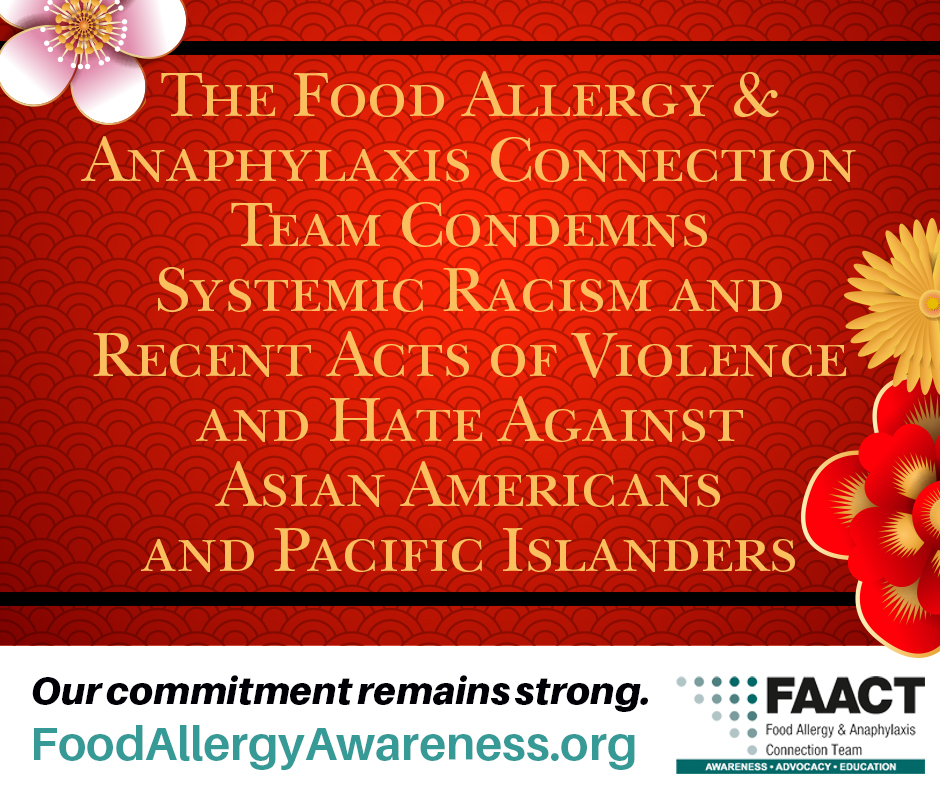
A Statement from the Food Allergy & Anaphylaxis Connection Team Condemning Systemic Racism and Recent Acts of Violence and Hate Against Asian Americans and Pacific Islanders
March 26, 2021
In early June 2020, FAACT released a statement condemning systemic racism and confirming our commitment to work each day towards stopping racism and addressing racial, economic, and health inequalities. Today, we re-affirm that commitment to the food allergy community and beyond. We share in our sadness and recognition of the increased violence and hate crimes which are being directed at the Asian American and Pacific Islander communities and condemn these acts.
FAACT will continue to learn how to increase our impact while taking the actions to support our constituents, healthcare providers, support group leaders, and members of the Asian American and Pacific Islander communities and FAACT family. Members of our Diversity, Equity, and Inclusion Advisory Board will assist FAACT in exploring ways to help our Asian American and Pacific Islander FAACT family members to feel safe at all FAACT-sponsored events.
We are listening. We are learning. We are acting today.
Our commitment remains strong.
We need to do better. We will do better. Not just for today, but every day.
To read our original statement from June, please see below.
To learn more about supporting Asian American and Pacific Islander communities, here are additional resources:
- Stop AAPI Hate: Resources in multiple Asian languages. This site is the basis for reporting incidents and the source of data that all news outlets use.
- Asian American/Pacific Islanders in Philanthropy (AAPIP)
- PBS: The history of identity, contributions, and challenges experience by Asian Americans
- Learning for Justice: How to Respond to Coronavirus Racism
- The ‘Model Minority’ Myth
- Addressing anti-Asian violence amid increasing attacks
Personal Connections to Food Allergies and Anaphylaxis
Welcome to the Food Allergy & Anaphylaxis Connection Team
Whether you are newly diagnosed or a long-time member of the allergy community, FAACT is your home for education, advocacy, and connections with other parents and adults affected by food allergies and life-threatening anaphylaxis.
FAACT's mission is to educate, advocate, and raise awareness for all individuals and families affected by food allergies and life-threatening anaphylaxis. Whether it’s keeping children safe at school, responding to food allergy bullying, traveling, preparing for college, dealing with workplace issues, or simply taking the family out for dinner, FAACT has the facts you need to manage food allergies and stay healthy. FAACT is your voice for food allergy awareness.
Join us for educational training and support, summits across the country, and many program offerings. Connect with FAACT through social media for the latest food allergy and anaphylaxis research. Be sure to support our mission and "SUBSCRIBE" to receive our monthly e-newsletter with news and practical tips.
FAACT is here to support you in managing your food allergies – today, tomorrow, and into the future. We #KnowTheFAACTs about food allergies and anaphylaxis!
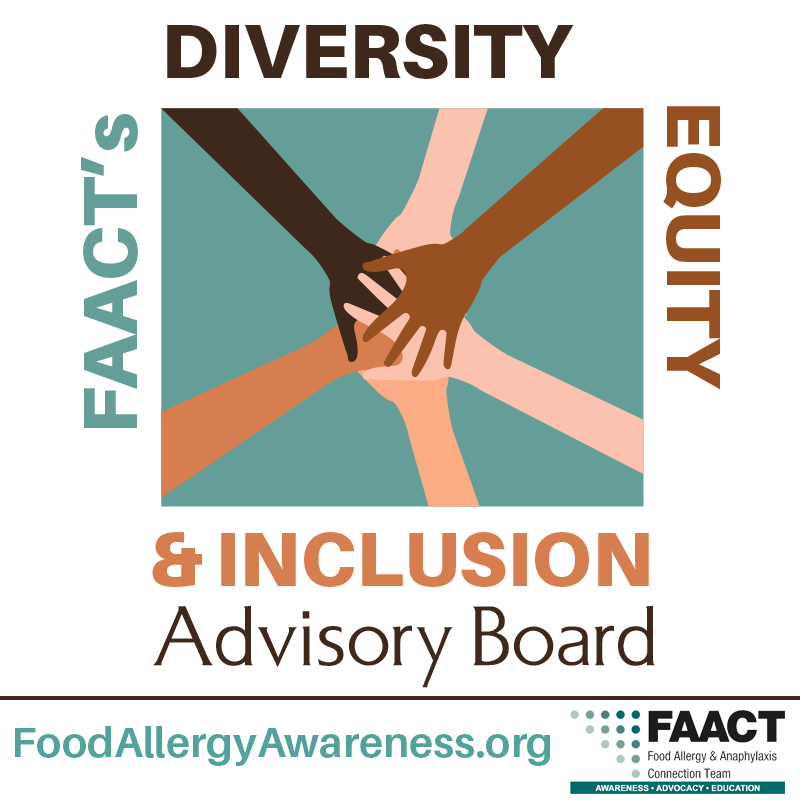
FAACT's Diversity, Equity, and Inclusion Advisory Board
We are excited to announce the formation of FAACT's Diversity, Equity, and Inclusion Advisory Board. These extraordinary food allergy community leaders, members, and advocates bring rich, diverse backgrounds and conversations to the table. Our goal is to explore how FAACT can improve the diversity of our organization, our constituents, events, and initiatives; including discovering pathways for equity and inclusion while creating a safe and equitable space for our constituents to thrive, share, and learn about living with food allergies through education, advocacy, awareness, and research.
Our commitment to the food allergy community grows deeper with the creation of this board. We are honored and humbled by the immediate response and formation of this important advisory board. Stay tuned for updates as we explore and learn together.
We are excited to start this journey with the following Advisory Board Members.
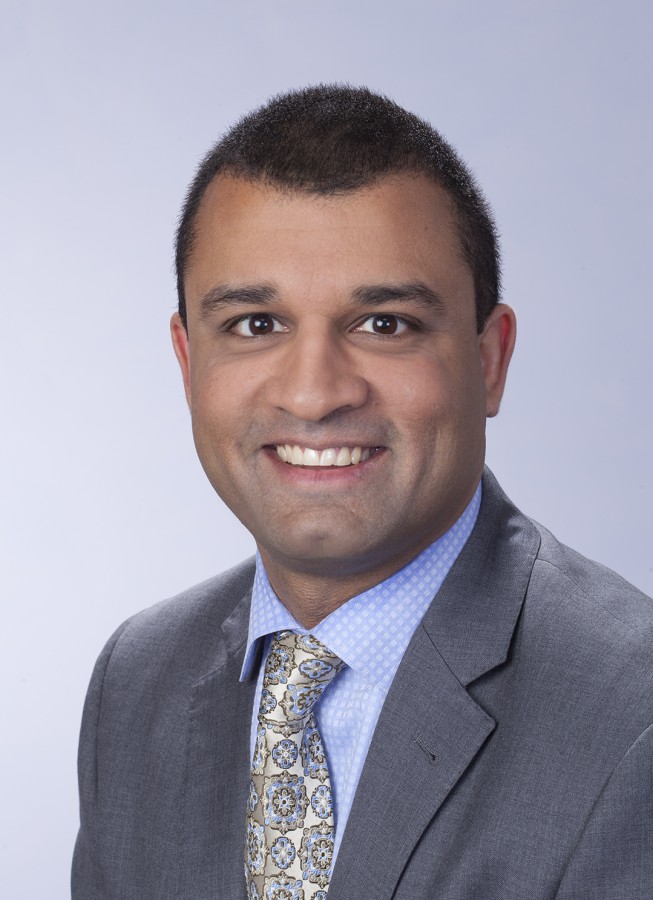
S. Shahzad Mustafa, MD
FAACT Medical Advisory Board Chair
Board-certified Allergist, Division of Allergy & Immunology
Rochester Regional Health System
Rochester, NY
Clinical Associate Professor of Medicine and
Clerkship Director, Allergy & Clinical Immunology
University of Rochester School of Medicine and Dentistry
Rochester, NY
Dr. Shahzad Mustafa serves as FAACT’s Medical Advisory Board Chair. After growing up in the Rochester, New York area, Dr. Mustafa pursued his undergraduate studies at the Johns Hopkins University in Baltimore and attended medical school at SUNY Buffalo. He then completed his internal medicine training at the University of Colorado and stayed in Denver to complete his fellowship training in allergy and clinical immunology at the University of Colorado, National Jewish Health, and Children’s Hospital of Denver.
While in Denver, Dr. Mustafa was involved in research on peanut allergy and new therapies for asthma. Dr. Mustafa is a member of the AAAAI adverse reactions to foods committee as well as the AAAAI mast cell disorders committee. He was also a co-chair on the AAAAI sub-committee on influenza vaccination in egg-allergic individuals.
He sees patients out of the Rochester Regional Health System and is heavily involved with the allergy/immunology training program at the University of Rochester, where he is Clinical Assistant Professor of Medicine. He is also the clerkship director for the allergy/clinical immunology elective at the University of Rochester School of Medicine and Dentistry.
Outside of work, Dr. Mustafa is married and has three children, including one child with allergies to peanuts and tree nuts. In addition to spending time with his family, his interests include traveling, photography, and playing squash.
A Statement from the Food Allergy & Anaphylaxis Connection Team about Racism, Food Allergy Disparities, and Health Inequities
June 7, 2020
We at the Food Allergy and Anaphylaxis Connection Team (FAACT) stand in solidarity with the Black, Indigenous, People of Color (BIPOC) community and condemn systemic racism. Recent devastating events have left many in our nation and in our food allergy community grieving and suffering pain, anger, and fear in which no words can accurately describe. Within our food allergy community, overwhelming racial, economic and health inequities exist. But we can stop systemic racism and address these inequalities.
FAACT is standing up to structural racism and food allergy disparities.
We are listening. We are listening to BIPOC food allergy leaders who have been suffering in our own community and nation to hear their words clearly.
We are learning. We are starting with ourselves and are internally addressing implicit bias, structural racism and diversity and inclusion. We are committed to having the hard conversations. We commit to meeting with BIPOC community leaders to learn how we can support their efforts.
We are acting today. We are committed to long-term sustainable practices, diversity and inclusion in our leadership, volunteers, events, and activities. We commit to encouraging food allergy researchers to focus on food allergy disparities. We commit to racially safe and inclusive events and activities. We will continue to work to support the food insecure and those who are at-risk. We also commit to creating a Diversity, Equity, and Inclusion Advisory Board to help us better understand and serve our community.
We need to do better. We will do better. Not just for today, but every day.

August Maturo
FAACT Celebrity Spokesperson
August Maturo to help raise awareness of life-threatening food allergies and the importance of having an action plan
August attended FAACT's Camp TAG in 2019 and 2022 and FAACT's Teen Retreat in 2019. In his spare time, he loves art, math, science, and spending time with his younger brother Ocean. August currently lives in the LA area with his mom, dad, and younger brother Ocean.
.jpg)
Eleanor Garrow-Holding
President & Chief Executive Officer
In 2004, when my son Thomas was 19 months old, he had his first anaphylactic reaction to pecans at a family birthday party. Just one bite and about 30 seconds is all it took for Thomas to have an anaphylactic reaction. He had hives from head to toe, swollen lips, eyes swollen shut, coughing, and shortness of breath. There were no antihistamines or epinephrine in the house. My mother is a nurse, and I worked in hospital management. We knew immediately that Thomas was having an allergic reaction.
We drove Thomas straight to the emergency room in the suburban Chicago town we were visiting. It was seven minutes from that one bite to the ER entrance, and Thomas was unrecognizable to me. He was so swollen and disfigured that I could not tell he was my son. The ER team was waiting outside for us as we pulled up, and they immediately took Thomas from my arms. They administered three doses of epinephrine, antihistamines, prednisone, and oxygen. He was hooked up to heart and lung machines. It was almost three hours before Thomas started to look himself again. He was admitted to the Pediatric Unit for observation through the night and to make sure he didn’t have a biphasic reaction. It was the scariest day of my life. I had no idea why this was happening to “my” child.
We were not given a prescription for an epinephrine auto-injector, but were told to follow up with our pediatrician the next afternoon after we were discharged from the hospital. Our pediatrician, also a food allergy parent, gave us a prescription for two sets of epinephrine auto-injectors, and then we scheduled an appointment with a board-certified allergist at Children’s Memorial (now Lurie Children’s) in Chicago for accurate testing and diagnosis. Thomas was diagnosed with IgE-mediated food allergies to all tree nuts, peanuts, and sesame. Our board-certified allergist and allergy nurse were amazing. They took the time to educate us on how to recognize signs and symptoms of anaphylaxis and how to and to know when to administer epinephrine. I felt as if I were the only parent this was happening to and felt alone, but they gave me resources to learn and a list of suburban support groups to get involved with to meet other families.
Of course, I had no knowledge about food allergies or anaphylaxis when this happened to us, nor did I ever know anyone with food allergies – even with a healthcare background. I was determined to learn everything I could to keep Thomas safe and to educate myself, my family, and our friends. I started a support group in the suburb where we lived and provided education and outreach, advocated for state legislation for School Food Allergy Management Guidelines and Insurance Coverage for Elemental Formulas, and raised funds for food allergy and anaphylaxis education and research.
When Thomas was diagnosed, I was five months pregnant with my daughter and worried if she would have food allergies, as well. I had gestational diabetes (diet-controlled) with both pregnancies and had a c-section with both children. When Anne was 14 months old in 2006 (Thomas was three), we were part of a food allergy study at Lurie Children’s in Chicago where we were all tested for food and environmental allergies via skin and blood among other tests. Thankfully, Anne’s results were negative to everything. My prayers were answered. From that point on, I introduced peanut into her diet because I didn’t want her to become allergic. At first, I would take her outside of our home to ice cream shops where she would consume vanilla ice cream with peanut butter or a chocolate peanut butter cup. She loved peanut butter. From 12 months to 24 months, Anne only gained one pound and presented with feeding, speech, sensory meltdowns, and other issues. After a full Gastrointestinal/Nutrition/Speech, Physical, and Occupational Therapy work up at Lurie Children’s, Anne was diagnosed with Sensory Processing Disorder (SPD). She was sensitive to touch, couldn’t express her words, and was very sensitive to textures of foods. She only ate a few items, and our doctors said keep feeding her what she is eating because she needs to gain weight. That is when I brought peanut butter into our home because she loved it and needed the fat and protein that it provided for her diet. We took extra precaution and were very careful. She ate it in the same area each day, away from Thomas. I would sanitize her highchair, wash her hands with soap and water, wash her face, and brush her teeth. I stored the peanut butter high in a secluded cabinet where Thomas could not reach it. After four years of private speech and occupational therapy, including feeding therapy, Anne had overcome many of the obstacles that come with SPD. And, to this day, she still eats peanut butter daily, but is and always has been a wonderful advocate for her brother and all the friends we’ve made through the years in our food allergy journey.
When Thomas turned three, he was diagnosed with asthma and environmental allergies to dog, cat, and mold. When he turned four, he was officially diagnosed with Eosinophilic Esophagitis (EoE) - after a year of food restrictions, endoscopies, a PPI - triggered by milk and wheat. Thomas later developed an IgE-mediated food allergy to wheat after reintroducing it back into his diet to see if he had outgrown the EoE trigger. I knew then that I wanted to do more on the national level, and in 2009 I was offered the Vice President of Education position at the Food Allergy & Anaphylaxis Network and served in that role for four years.
In January 2013, I realized my journey to educate, advocate, and raise awareness was not complete and formed the Food Allergy & Anaphylaxis Connection Team (FAACT). FAACT is for every person affected by food allergies and anaphylaxis because we are all connected, and we all work together as a team to educate and advocate.
In December 2015, Thomas had a food challenge with wheat and was no longer IgE-allergic to wheat. After a 3-month trial with wheat and another 3-month trial with milk (post wheat) in his diet and upper endoscopies, he had also outgrown the wheat and milk triggers for EoE and is in remission from EoE as of July 2016. Thomas outgrew his peanut allergy at age thirteen in 2016. As of October 2019, Thomas has also outgrown almond, sesame, and brazil nut and continues to avoid walnut, cashew, pecan, hazelnut, and pistachio. Thomas lives confidently each day and continues to be his best advocate. I worry every day and always will, but I couldn’t be prouder of him.
My goal is for FAACT to provide you with everything you need for your family to be healthy and safe and to provide the day-to-day support needed - at home, for caregivers, visiting grandparents, for daycare and/or school, dining out, traveling, and more. We are here for you. Welcome to the FAACT family!
National Platinum Sponsor
.jpg)
Eleanor Garrow-Holding
President & Chief Executive Officer
Eleanor Garrow-Holding has worked, educated, and advocated in the food allergy community since 2004. She was inspired to start this work after her son, Thomas, was diagnosed with life-threatening food allergies to tree nuts, peanuts, wheat, and sesame; eosinophilic esophagitis (EoE) triggered by milk and wheat; asthma; and environmental allergies. In December 2015, Thomas had a food challenge with wheat and was no longer IgE-allergic to wheat. After a 3-month trial with wheat and another 3-month trial with milk (post wheat) in his diet and upper endoscopies, he has also outgrown the wheat and milk triggers for EoE and is in remission from EoE as of July 2016. Thomas outgrew his peanut allergy in 2016 at age thirteen. In October 2019, at age sixteen, Thomas outgrew almond, sesame, and brazil nut and continues to avoid walnut, cashew, pecan, hazelnut, and pistachio.
As CEO of the Food Allergy & Anaphylaxis Connection Team (FAACT), Eleanor provides leadership, development, and implementation for all of FAACT’s initiatives and programs, including Camp TAG (The Allergy Gang) – a summer camp for children with food allergies and their siblings that Eleanor founded in 2009. Eleanor has a Bachelor of Healthcare Administration degree from Lewis University in Romeoville, IL, and worked in hospital management for 16 years in Chicago and suburban Chicago prior to working in the nonprofit sector.
After Thomas was diagnosed in 2004, Eleanor established a food allergy support group in a southwest Chicago suburb, Parents of Children Having Allergies (POCHA) of Will County, focusing on education and advocacy; chaired the FAAN Walk for Food Allergy in Chicago in 2007 and 2008; was awarded the FAAN Muriel C. Furlong Award for Community Service in 2008; and advocated in the Illinois state legislature on food allergy and Eosinophilic Disorders (EGID, EoE) issues. Thanks to the efforts of Eleanor and other patient advocates, legislation to ensure insurance coverage for elemental formulas was signed into law in 2007 and legislation establishing food allergy management guidelines for Illinois schools was signed into law in 2009.
Eleanor joined the Food Allergy & Anaphylaxis Network™ (FAAN) in 2009 as Vice President of Education and Outreach, where she oversaw educational initiatives, all food allergy conferences, the Teen Summit, Camp TAG (The Allergy Gang) now under FAACT’s umbrella, a Teen Advisory Group, support group development, and more. She advocated for the Food Allergy & Anaphylaxis Management Act (FAAMA) in Washington, DC, with her son Thomas as part of FAAN’s Kids Congress on Capitol Hill and also advocated on Capitol Hill for the School Access to Emergency Epinephrine Act. Eleanor served on the expert panel for the CDC’s Voluntary Guidelines for Managing Food Allergies in Schools and Early Care and Education Programs and was a reviewer for the National Association of Education (NEA) Food Allergy Book: What School Employees Need to Know. Eleanor conducted numerous radio, television, and print interviews on food allergy issues and wrote articles for Allergic Living and Living Without magazines. She presented at national and regional conferences about food allergy management in school and restaurant settings and educated personnel in schools and school districts across the country on food allergy management in schools and continues to do so with FAACT.
In 2013, Eleanor joined the Cincinnati Center for Eosinophilic Disorders (CCED) as Senior Specialist of Program Management at Cincinnati Children’s Hospital and Medical Center. There she led day-to-day clinical operations, clinical research projects, program development, marketing, and development.
Eleanor has and continues to educate employees from numerous food industry companies and entertainment venues about food allergies, such as McDonald’s Corporation, The Hain Celestial Group, Mars Chocolate North America, all SeaWorld Parks, and more.
Leading the charge at FAACT, Eleanor and the FAACT Leadership Team provides the education, advocacy, awareness, and grassroots outreach needed for the food allergy community. Eleanor serves on the DBV Technologies Peanut Allergy Patient Advisory Board, the National Peanut Board's Allergy Education Advisory Council, Global Allergy & Airways Patient Platform Board (GAAPP), Sea World's Allergy Resource Team, St. Louis Children’s Food Allergy Management & Education (FAME) National Advisory Board, and Association of Food and Drug Officials (AFDO) Food Allergen Control Committee. In August 2015, Eleanor was inducted into The National Association of Professional Women's (NAPW) VIP Professional of the Year Circle for her commitment to healthcare and nonprofit industries. FAACT is The Voice of Food Allergy Awareness. In 2022, Eleanor was a Contributor for The Change Guidebook (3-8-2022, HCI/Simon & Schuster).
You may reach Eleanor at Eleanor.Garrow@FoodAllergyAwareness.org.
.jpg)
S. Shahzad Mustafa, MD, Medical Advisor
Dr. Shahzad Mustafa also serves as FAACT’s Medical Advisory Board Chair. After growing up in the Rochester, New York area, Dr. Mustafa pursued his undergraduate studies at the Johns Hopkins University in Baltimore and attended medical school at SUNY Buffalo. He then completed his internal medicine training at the University of Colorado and stayed in Denver to complete his fellowship training in allergy and clinical immunology at the University of Colorado, National Jewish Health, and Children’s Hospital of Denver.
While in Denver, Dr. Mustafa was involved in research on peanut allergy and new therapies for asthma. Dr. Mustafa is a member of the AAAAI adverse reactions to foods committee as well as the AAAAI mast cell disorders committee. He was also a co-chair on the AAAAI sub-committee on influenza vaccination in egg-allergic individuals.
He sees patients out of the Rochester Regional Health System and is heavily involved with the allergy/immunology training program at the University of Rochester, where he is Clinical Assistant Professor of Medicine. He is also the clerkship director for the allergy/clinical immunology elective at the University of Rochester School of Medicine and Dentistry.
Outside of work, Dr. Mustafa is married and has three children, including one child with allergies to peanuts and tree nuts. In addition to spending time with his family, his interests include traveling, photography, and playing squash.
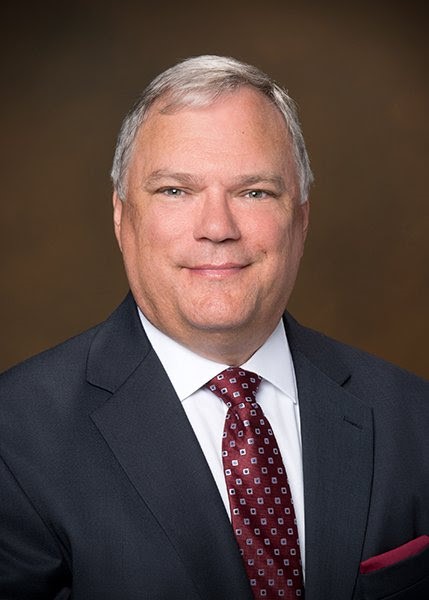
Todd Mahr, MD
Board-certified Allergist, Division of Allergy & Immunology
Gundersen Lutheran Medical Center
La Crosse, WI
Clinical Professor, Department of Pediatrics
University of Wisconsin School of Medicine and Public Health
Madison, WI
Medical Director and 2019 President of the American College of Allergy, Asthma & Immunology

Frank Dicopoulos
FAACT Celebrity Spokesperson
Actor Frank Dicopoulos knows first-hand about the seriousness of food allergies and the challenges of managing them on a daily basis. Best known for his 22 years on the long-running daytime drama The Guiding Light, Frank is allergic to shrimp. So are his wife and daughter.
“I had my first food allergy [reaction] on a date when I first met my wife,” Frank says, describing the symptoms that occurred after he ate some shrimp. “Years later, my wife and daughter had the same reaction to shrimp! It's terrifying watching a loved one going through [a] reaction.”
Now the entire Dicopoulos family engages in safe food allergy practices, avoiding their allergens and carrying their medications with them wherever they go. Given his personal experience, Frank can relate to the anxiety shared by the millions of Americans affected by food allergies. “I honestly believe that educating and bringing awareness to the public of this epidemic is a strong start,” he says.
As a spokesperson for FAACT, Frank will be a featured speaker at FAACT events, as well as our education and outreach activities. He firmly believes that his visibility as an actor provides him with an opportunity to get the message out about this potentially life-threatening medical condition because “this is a cause that has hit very close to home.”
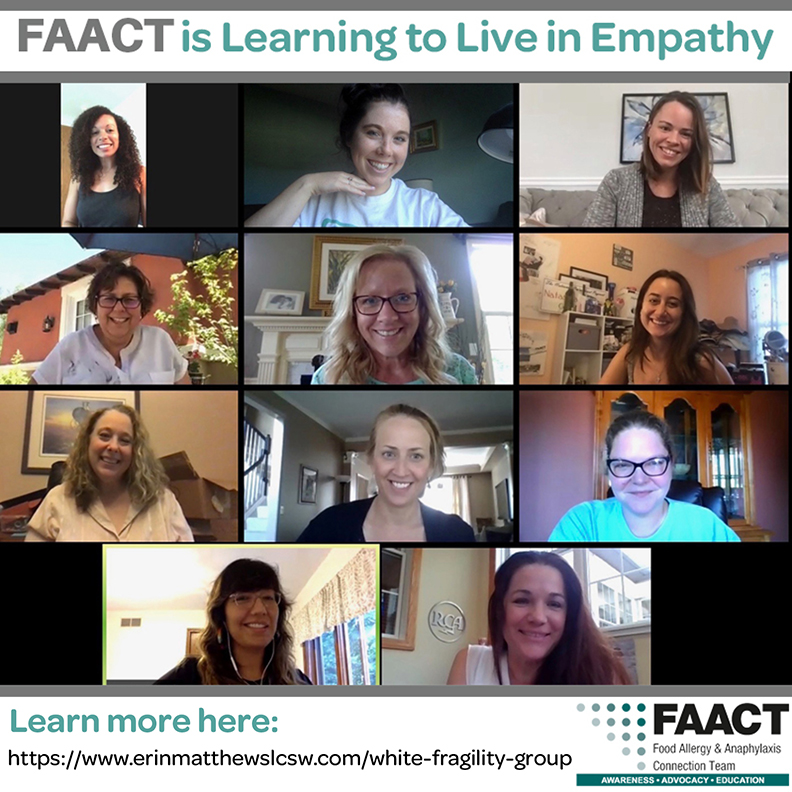
FAACT Is Learning to Live in Empathy

The National Peanut Board supports FAACT's mission-based education programs, outreach initiatives, and awareness campaigns in collaboration with ACAAI. The National Peanut Board also supports FAACT's Behavioral Health Resource Program, Civil Rights Advocacy Program, Diversity Equity & Inclusion initiatives, FAACT's Roundtable Podcast, as well as FAACT's Camp TAG (The Allergy Gang), Teal Love Shines Bright: Food Allergy Summit, Food Industry & Research Summit, and Leadership Summit.
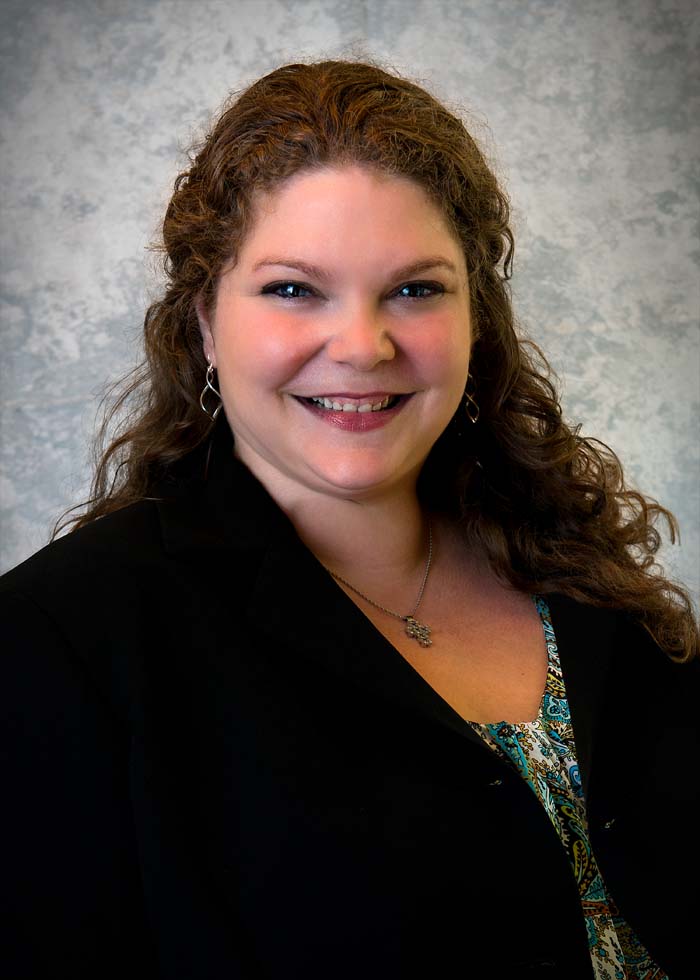
Amelia G. Smith, JD
General Counsel and Vice President, Civil Rights Advocacy
Amelia G. Smith, a native of Tupelo, Mississippi, practiced law in a variety of areas as a managing member of Pipkin & Murphree, PLLC before joining McLaurin Law Offices, pllc. Amelia received her B.A. in English from Mississippi University for Women and her Juris Doctor from the University of Mississippi, where she concentrated on civil rights and employment discrimination.
After her son, Robert, was diagnosed with food allergies, Amelia founded Food Allergic Children’s Education in Tupelo (“FACE IT”), the only support and education organization for families with food allergies in Mississippi at the time. Once she learned about the challenges students and families with food allergies face in childcare centers and schools, Amelia developed an interest in special education law. She is a 2012 graduate of William & Mary School of Law’s Institute of Special Education Advocacy. Amelia is admitted to the Bars of the State of Mississippi, the United States District Courts for the Northern and Southern Districts of Mississippi, and the United States Court of Appeals for the Fifth Circuit. She is a member of the Mississippi Bar Association, Lee County Bar Association, and Lee County Young Lawyers Association.
As a member of the FAACT Leadership Team, Amelia’s focus will be on Civil Rights Advocacy, advocating for food-allergic individuals’ rights to safely and equally participate in activities alongside their non-allergic peers.
You may reach Amelia at Amelia.Smith@FoodAllergyAwareness.org.
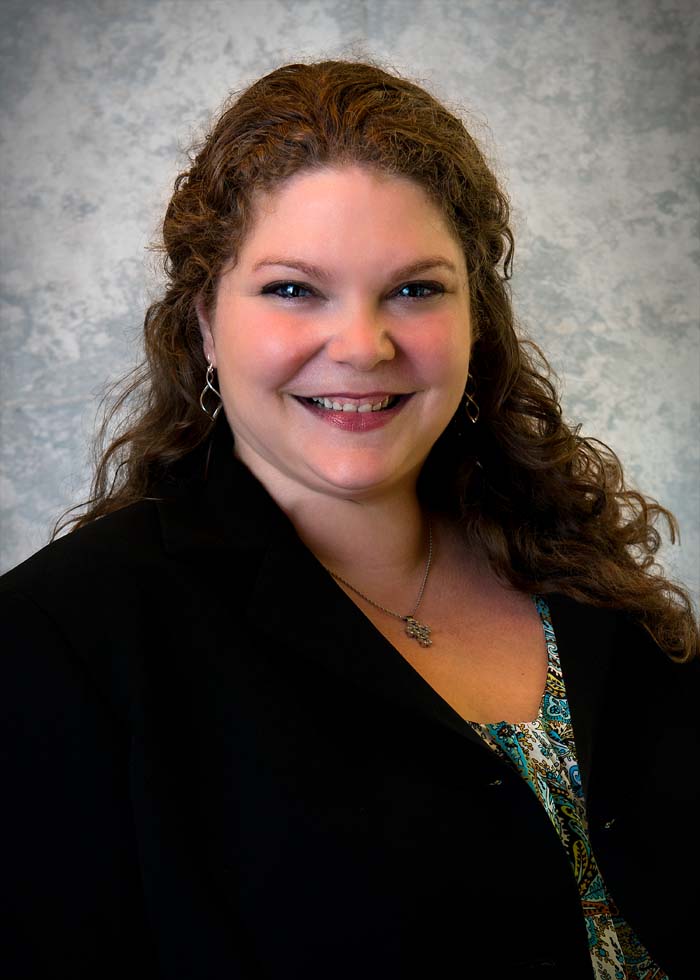
Amelia G. Smith, JD
General Counsel and Vice President, Civil Rights Advocacy
Within hours of my son being born, he was projectile vomiting. The first five months of his life consisted of a string of trips to the pediatrician’s office with diagnoses of reflux and failure to thrive and prescriptions for every possible combination of every reflux medication on the market. At six months old, Robert saw a pediatric gastroenterologist at Le Bonheur Children’s Hospital in Memphis, Tennessee who, after hearing Robert’s medical history, took one look at my son and his weeping eczema and suspected food allergies were at the root of Robert’s condition. I was told that in nursing my exclusively-breastfed baby, there was a possibility he was allergic to trace amounts of food allergens in my breast milk. We left that day with a referral to a board-certified allergist, a prescription for elemental formula, and instructions to eliminate the top eight food allergens from my diet before nursing my baby again. Once we were finally able to see the allergist, Robert was skin-prick tested for the top eight allergens. The wheal from the egg scratch was so large that the other results were unreadable. Through RAST testing, Robert was also diagnosed with peanut, tree nut, and shellfish allergies. My world was turned upside down with this diagnosis. At that time, the only thing I knew about food allergies was their life-threatening nature. I became consumed with educating myself about food allergies. Over the next few months I learned that my lactation consultant’s child had food allergies as did one of my daughter’s classmates. Fast friendships and a food allergy support and education organization, Food Allergic Children’s Education (FACE IT), were born. As the founder of FACE IT, I became active as an advocate at the local and national level. Robert had his first anaphylactic reaction at the age of two while at his day school, where I had just trained the staff two days prior. After this reaction, it became obvious that special accommodations were going to have to be put into place in try to prevent future reactions. As Robert made his way through a private, church-controlled day school and prepared to enter public school, I faced many of the same challenges other food allergy family face making sure that my child was appropriately accommodated to ensure that he was safe once I dropped him off every morning. My goal at FAACT is to help educate families regarding the different options and possible accommodations available to them in such settings.
.jpg)
Aleasa Word, Advisor
FAACT Vice President, Diversity, Equity, and Inclusion
A Delaware native and Atlanta transplant, Aleasa Word has been a longtime advocate and support group leader in the food allergy community. Her passion for diversity, equity, and inclusion (DEI) is supported by her experience as a certified Emotional Intelligence Assessor Practitioner and Coach as well as a Trauma Support Specialist. As Principal of A. Word & Company, she provides training and coaching around the world on cultural dexterity and competency, equitable outcomes, belonging programs, and employee resource groups. Aleasa is passionate about anti-racism, healing racial trauma, gender equity, equality in healthcare, social emotional learning, and social impact.
Aleasa earned her Bachelor of Science degree in Organizational Dynamics from Wilmington University with specializations in Conflict Resolution, Trauma Informed Approaches, and Emotional Intelligence and Leadership. She received advanced diversity education from the University of South Florida and is a certified Women’s Business Advocate. Aleasa resides in the Atlanta area with her family.
.jpg)
Kristin M. Osborne, Advisor
FAACT Vice President, Education
Kristin M. Osborne is a native of Virginia and a certified disability advocate who works tirelessly in her local community and state for those with developmental disabilities, life-threatening food allergies, and anaphylaxis. She is the founder of Virginia Food Allergy Advocates, a FAACT-recognized support group, whose mission is to educate and advocate for families navigating food allergies.
Kristin is also owner of The Prioritized Group, where she works with families whose children have ADHD and food allergies. She helps bridge the gap between diagnosis and daily life from the classroom to the kitchen.
Kristin is a 2016 graduate of the Virginia Board for People with Disabilities Partners in Policy Making Program. As a certified disability advocate, Kristin navigates food allergies, asthma, ADHD, and anaphylaxis in the community and at home. Her husband and three sons all have various food allergies to wheat, dairy, egg, peanut, tree nuts, shellfish, and fish.
As an advocate for over sixteen years, Kristin has helped school systems in Virginia by providing food allergy training and section 504 workshops for parents. She was instrumental in changing Virginia Beach Public Schools' food allergy guidelines to include epinephrine training for bus drivers, which allows drivers to administer epinephrine to students who self carry as needed.
When Kristin is not advocating in the community, you will find her at the beach with her family and friends.
 Anagnostou MD.jpg)
Katherine Anagnostou, MD, PhD
Board-certified Allergist, Division of Allergy & Immunology
Professor of Pediatrics
Director, Food Immunotherapy and Food Challenge Programs
Co-Director, Food Allergy Program
Texas Children's Hospital and Baylor College of Medicine
Houston, TX
.jpg)
Lisa Horne, Advisor
FAACT Director, Marketing
Lisa Horne is the mom behind the blog, “Food Allergy P.I.” She also hosts the “Food Allergy Talk” podcast and is the author of The Everything® Nut Allergy Cookbook. She lives in rural southeastern Arizona with her husband and five children, all of whom she homeschools through junior high. Her oldest child is allergic to peanuts and shellfish and has asthma.
Lisa first became involved in the food allergy community in 2009 through the Food Allergy & Anaphylaxis Network’s (FAAN) Walk for Food Allergy as their Phoenix Walk Chair. She later founded and directed the Arizona Food Allergy Alliance (AFAA), which hosted Zoo Walks for Food Allergy in Flagstaff, Phoenix, and Tucson as well as several conferences, park days, holiday parties, and an annual summer camp called Camp Ye bik’ehgo (Ye bik’ehgo means “responsible” in Apache). In 2012, Lisa pushed for legislation to allow stock epinephrine to be available for all students in Arizona schools. It was passed into law in 2013.
Lisa has a Bachelor of Science degree in Business Marketing. She is a Certified Holistic Nutritionist and working on a certification with an emphasis on autoimmunity. Prior to working in the food allergy world, Lisa worked in radio broadcasting for 10 years as a traffic reporter, news anchor, and DJ. She has also worked as a freelance writer for several local publications, including The Arizona Republic, Raising Arizona Kids magazine, and the 202 Magazine.
National Silver Sponsor
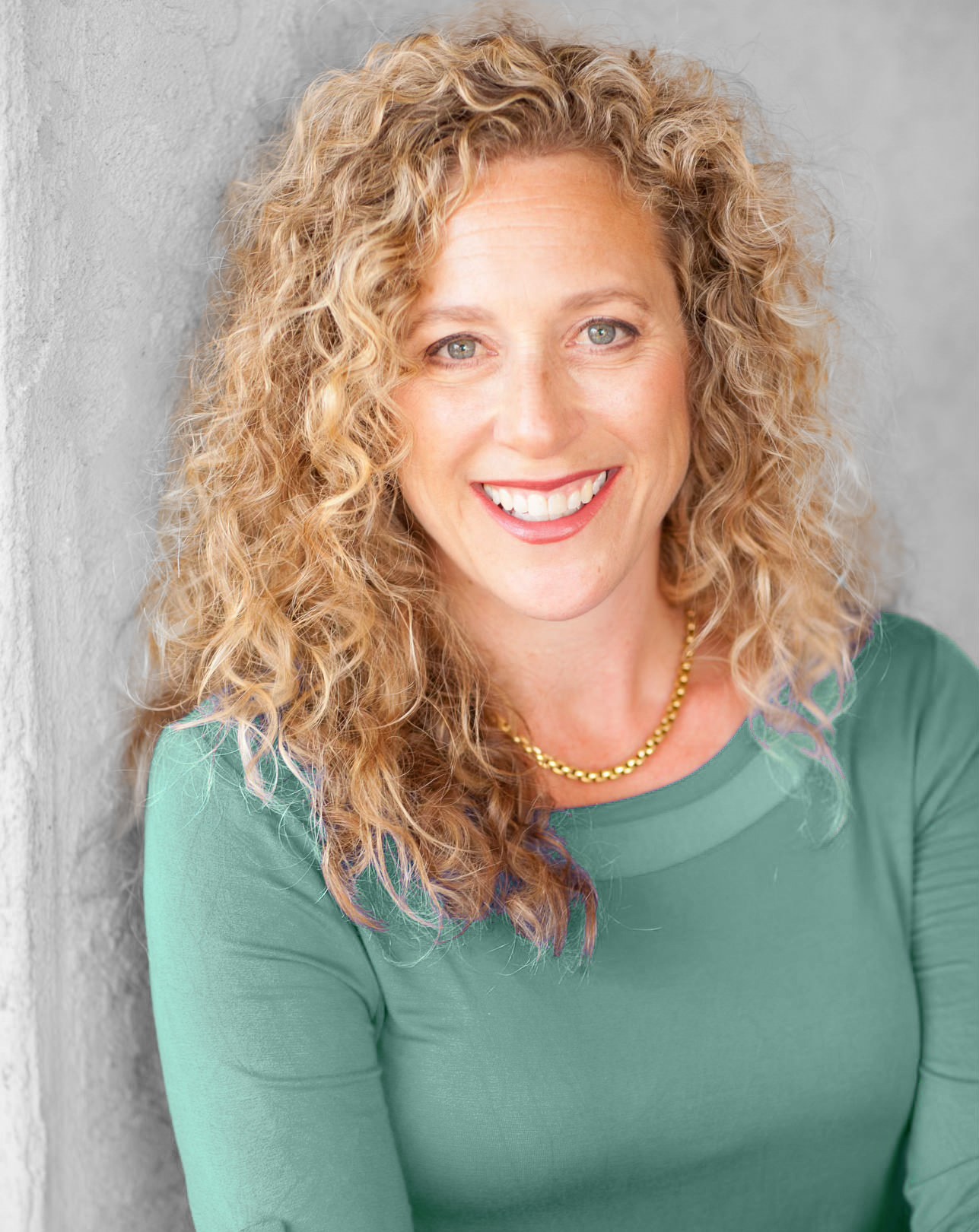
Nicole Della Santina, MPH
Vice President, Public Health
Nicole Della Santina is a seasoned professional and food allergy advocate with a diverse background spanning communication, public health, and business strategy. Her academic journey began at UC Davis, where she earned her bachelor’s degree in Rhetoric & Communication with a minor in Psychology, setting the stage for a multidisciplinary approach to her career. Initially, Nicole worked in the technology industry leveraging her extensive skills and background in marketing and public relations strategy. Her work included consulting with clients ranging from start-ups to Fortune 500 companies, overseeing successful repositioning projects and playing a key role in the launches of cutting-edge companies. However, business travel became more difficult as Nicole’s second child was diagnosed with multiple food allergies and the challenges of food allergy management came to the forefront for her and her family.
As a result, Nicole’s journey into public health began with her role as a food allergy facilitator and trainer in her community’s local school district. In this capacity, she designed annual training programs for staff, collaborated with school administration to develop food allergy safety initiatives, and taught essential food allergy management skills to administration, teachers, and parents. Serving as a liaison for physician, educational, and non-profit resources, she provided individualized training and counsel as needed. Building upon her community involvement, Nicole joined forces with her local, board-certified allergist and served as a charter board member of WestCAAN. She was instrumental in the creation of this non-profit organization focused on creating a safer environment in California schools for those affected by severe allergies and asthma. Motivated by the health challenges that her son faced, she later earned her master’s in public health with a Community Health Sciences focus from Baylor University.
Nicole sits on an advisory council for the Sonoma County Community Health Worker program, where she contributes to creating sustainable programs for CHW’s and community allies in accordance with CDC rules. She has also contributed to the development of public health and educational programs at healthline.com, AllerKids, the Council on Aging, and Latitude Food Allergy Care. Nicole brings a wealth of experience and a passion for fostering understanding, advocacy, and positive change in the realm of public health. She is excited about the opportunity to continue advancing initiatives that empower individuals, educate communities, and build a future where everyone can thrive, free from the challenges of food allergies.
As FAACT’s Vice President of Public Health, Nicole will be responsible for advancing the organization’s public health presence by developing, implementing, and managing both internal and external community health related strategies, partnerships, programs, and initiatives.
You may reach Nicole at Nicole.DellaSantina@FoodAllergyAwareness.org.
.jpg)
Nicole Della Santina, MPH
Vice President, Public Health
In 2002, my second child, Marco was diagnosed with multiple life-threatening food allergies. It was a rude awakening as the process of discovery was a bit of a shock. I was traveling for work and had to give him formula for the first time. He had two quick sips from his bottle of milk-based formula and broke out in hives around his mouth. I remember calling the doctor who said not to worry, he was fine and to make sure to give him milk before his one-year appointment. Regardless, I decided to pump and didn’t feed him any more formula. Right before his one-year appointment, I gave him some milk, as directed, so that I could hit the appropriate milestones prior to his upcoming visit. Unfortunately, it did not go as planned. He had ¼ cup of milk and in the time it took for me to turn around and hang up the phone, Marco went into anaphylaxis. I was not informed or prepared and did not have Benadryl or epinephrine on hand, so instead I panicked and drove to the office with Marco struggling to breathe. We were lucky as Marco recovered from that incident. However, right afterward, I took Marco to an allergist and found out that he was allergic to 16 different foods, so our food allergy journey began. I hired a babysitter so that I could scour the aisles at Whole Foods to figure out what I would be able to feed him and the rest of our family. I was completely overwhelmed and felt very alone. This was in the early 2000’s so information about food allergies was not as accessible as it is today
As Marco entered pre-school age, we began applying for pre-schools, but he never seemed to get in. I always included his food allergies on his application, but I decided to hold off for one preschool to see if that was the challenge. Marco was accepted and I worked closely with the preschool to educate them about his allergies and helped create a safe environment for him and future food allergic students. Unfortunately, we had some challenges with some families that were not happy about the allergy-safe environment that the preschool had decided to undertake. It was a change to the routine for some, and families were not pleased with the request. I had to believe that it was ignorance that led to the charge for this negativity. So, I was determined to get a deeper understanding of Marco’s rights to education, and I began to attend events at national non-profits for families with food allergies. The relationships and information I gleaned from these conferences were extremely helpful and laid the groundwork for the rest of our family’s food allergy experiences. I joined food allergy support groups and began to share my information on Facebook, expanding my relationships and knowledge through my affiliation with every person and their food allergy experiences. It felt like a special club where we could support one another, share recipes, help each other find specialty foods and bond over our experiences both good and bad.
Marco was very sociable, and we never wanted him to be defined by his allergies. Like every parent, we wanted him to have as normal a childhood as possible. So, we had him wear his epinephrine in a fanny-pack around his waist, so they were easily accessible for anyone taking care of him while giving him the freedom to roam and play. He started elementary school and I made sure to train the teachers that oversaw his grade along with any other administration. I created resources for teachers as well as food allergy protocols to ensure not only Marco’s safety but the safety of other children as well. Living in a small town, I knew that Marco might be the first food allergic child, but he would most certainly not be the last. I wanted to do more to help food allergy families, so I became a certified trainer through the PAL program. This increased my credibility beyond “just being a mom” and the schools in our area became more receptive to training, so I started working with entire administrations before the start of every school year. The schools were terrific and overall, Marco had a safe school experience.
Flash forward to the present day, and Marco has outgrown all of his allergies except milk. He is a Nutrition and Physical Fitness major in college over 1,000 miles away and will be graduating in 2024. His personal journey with food allergies has inspired him to help others live healthy lifestyles, especially those with food allergies. I used to worry about Marco going too far from home, but now peace of mind for me, our family, and most importantly Marco, is a true gift. He has learned how to successfully manage his food allergies as a young adult. In the end, I have been inspired by my experiences with Marco and the other health issues my children have endured so I went back to school to earn my master’s in public health, and I can’t wait to make a difference in the lives of other food allergy families. While our food allergy journey is far from over, it is truly a success story.

Kendall Renee
FAACT Ambassador
Kendall Renee is a Singer/Songwriter/Recording Artist from Southern California. Kendall knows about food allergies all too well. She is anaphylactic to 95 percent of all foods and must use a feeding tube in her stomach to receive nutrition. She is also severely allergic to airborne particles of all nuts. Kendall carries auto-injectable epinephrine with her at all times – and has used it to save her life eight times to date.
None of this has stopped Kendall from pursuing her dreams and career. Kendall released her first album “Original” in 2016, dedicating its message to individuals with different disabilities. Alongside her career as a songwriter and artist, Kendall travels around sharing her songs and story in the hopes of inspiring others going through their own medical struggles. She believes that disabilities can be turned into “superpowers” as she likes to call them, and can be used to do great things in this world. Aside from her music career, Kendall was also a highly competitive US Figure Skater for 13 years. She is currently working on a project to showcase the stories of different individuals with disabilities. Kendall has partnered with Aerie by American Eagle Outfitters as a changemaker to create a music video showcasing the stories of individuals with special needs. The song and video will focus on bringing hope and inspiration to others worldwide!
Kendall is a very active food allergy awareness advocate, working to educate the public about food allergies. She has been a fierce voice within the food allergy community for many years. Kendall has shared her story in the media on several occasions as an advocate including: Good Morning America, The Young Icons, ABC7, KTLA, Ability Magazine, The Press-Telegram, Allergic-Living Magazine, Aerie, Coastal Canine Magazine, National Geographic Channel, Long Beach Local News, The Balancing Act, and more.
As FAACT’s Ambassador, Kendall presents and is a teen leader at FAACT’s Teen Retreat and helps develop FAACT’s teen-focused educational programs. She has also been a camp counselor at Camp TAG, California.
“I believe that food allergies should never get in the way of living your life to the fullest and accomplishing your dreams,” Kendall says. Her motto is “It’s okay to be different, there is nothing wrong with Original”.
To learn more about Kendall Renee, visit www.KendallReneeMusic.com or follow her on social media on Facebook and Instagram.
To hear Kendall’s music, visit Spotify and Apple Music.
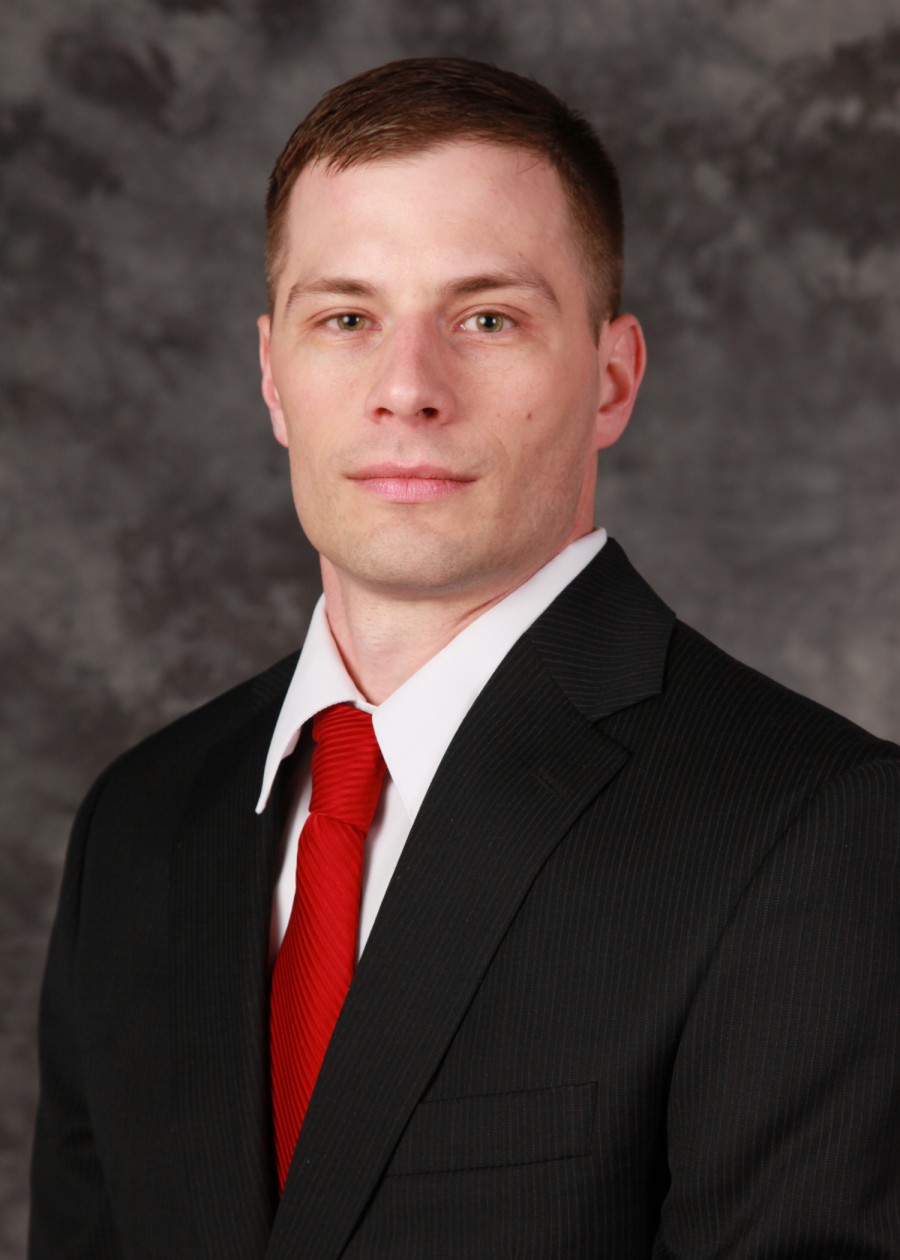
Joseph Baumert, PhD
Associate Professor and Co-Director
Food Allergy Research & Resource Program (FARRP)
University of Nebraska-Lincoln
Lincoln, NE
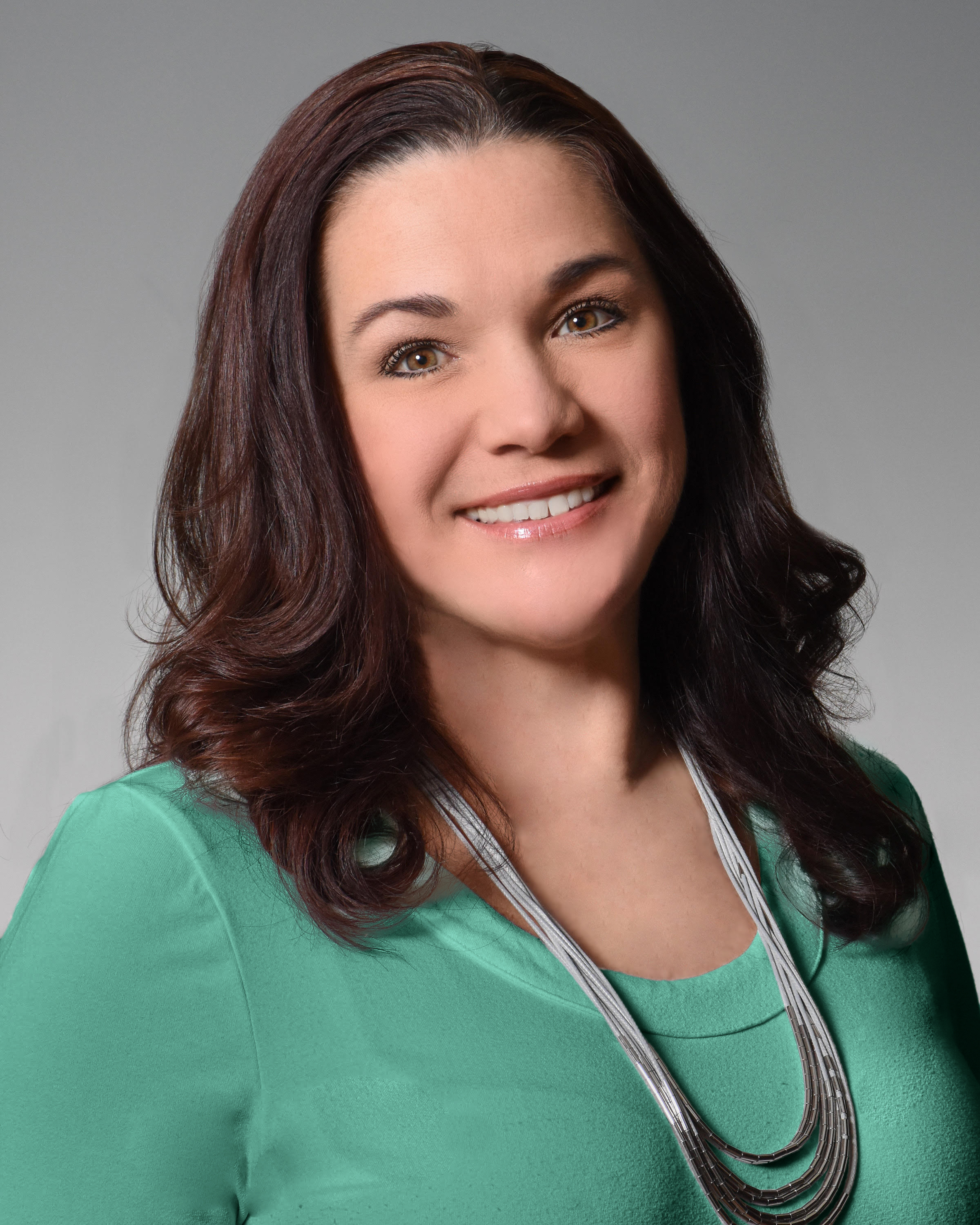
Linda Menighan
Vice President, Programs
Linda Menighan has been passionately educating, advocating, and volunteering in the food allergy community for more than 17 years after her daughter, Bailey, was diagnosed with multiple food allergies. Linda graduated from King’s College in Pennsylvania with a bachelor’s degree in Gerontology and Biology. Linda worked in the pharmaceutical industry for more than 17 years, including research and development for a large biotech company, where she sequenced DNA for prostate and ovarian cancer patients. She expanded her working knowledge in the laboratory environment as she moved into a technical sales role while assisting scientists with manufacturing their pharmaceutical product.
Faced with a busy travel schedule and a child with life-threatening allergies, Linda moved to a business development position in pharmaceutical manufacturing that allowed her to work from home and travel less. As the pharmaceutical industry became more fluid, Linda found herself in her element consulting with families of children with food allergies, sharing the knowledge she had gained from preparing Bailey for school, sports, and other social situations. Helping families with food allergies is Linda’s true passion in life.
Linda is currently the Director of Sales and Marketing for a local assisted living and skilled nursing retirement community. She manages the sales process while executing sales and marketing strategies outlined in her marketing plan, and she is responsible for quarterly community and professional outreach events.
Over the years, Linda has helped with FAACT’s Camp TAG, Teen Retreat, and the TEAL FunFest. Linda volunteered her time as a committee member in local food allergy walks and still speaks publicly about living with food allergies. She attends medical conferences and seminars to represent FAACT and to learn what’s new in the world of food allergies. She also trains school staff, nurses, and teachers in her New Jersey school district how to safely include students with food allergies.
As FAACT’s Vice President of Programs, Linda will oversee logistics for FAACT programs and events such as Camp TAG, Food Industry & Research Summit, Leadership Summit, Teen Retreat, and more. Linda will also continue to help create resources and continue to educate and advocate for families and individuals living with food allergies.
You may reach Linda at Linda.Menighan@FoodAllergyAwareness.org.
.jpg)
Linda Menighan
Vice President, Programs
In 2002, my 10-month-old daughter, Bailey, experienced the first of what turned out to be multiple, life-threatening allergic reactions to food. We had invited some friends over to watch a movie. Bailey was given Reese's Pieces candy while watching the movie. Later that night, she broke out into a rash and hives all over her body.
As a baby, Bailey often had issues with eczema, but this was different. She had hives and a red rash covering her whole body. Because I did not know she was experiencing an allergic reaction, I treated it as I would the eczema – and it went away that night.
A month later, we were visiting family and Bailey at a peanut butter and jelly sandwich. I was not there to see her reaction, but was told that she threw up all over the place and was not feeling well. Again, the symptoms went away before bedtime. Nothing made sense to me, so I consulted our local board-certified allergist for testing.
Imagine a 10-month-old baby having blood drawn to diagnose food allergies. It was one of the hardest things I had to do – hold her down so the nurse could stick a needle in my baby and draw about 10 vials of blood. She was diagnosed with allergies to peanut, tree nuts, and egg.
The day I found out that Bailey had food allergies, I began reading everything I could about living with food allergies and available resources. There was not much out there in 2002. I kept journals of everything she ate and got creative to get her to eat certain foods. Bailey did not eat anything unless I made it for her. Welcome to the world of being a food allergy mom.
I read labels, researched ingredients that I did not recognize, and I called companies about cross-contamination and manufacturing processes. I was determined to learn as much as I could to keep my baby safe. Since then, Bailey has had seven more anaphylactic reactions and ended up in the emergency room for treatment. Our lives and food rules have changed drastically. I taught our family and friends about living with food allergies and cooking for someone with food allergies.
Bailey outgrew her egg allergy when she was 7 years old but soon developed other food allergies that were equally severe. At the age of 10, she was diagnosed with an annatto allergy after eating a food she’d had many times before. This time, her whole body broke out into hives. We looked at everything she ate that day and even read the ingredients in the pool chemicals. The only thing I did not recognize was the ingredient annatto in the Cheez-It she ate. I made an appointment to have her tested and the result came back allergic to annatto. Bailey is now a young adult and her own food allergy advocate, still avoiding peanuts, tree nuts, and annatto.
Living in the food allergy community, there is a special connection and unbreakable bond among families. I often refer to the food allergy moms I know as my “Food Allergy Army” because they will fight for every child and family affected by food allergies. Chances are they have been in your shoes at some point and know what you’re going through. As advocates, it’s our job to empower people and give them strength through education to advocate for the 32 million Americans living with food allergies. Living a food allergy life with my daughter for 17 years made it easy to live my “new” life when I was diagnosed with adult-onset food allergies in 2014 to walnut and shellfish. Educate. Advocate. Raise Awareness. It’s my passion and my mission.

Tiffany deSilva, MSW
Tiffany deSilva is a Licensed Social Worker, author, coach, dedicated community volunteer, and advocate.
As a mother of three, Tiffany has over 15 years managing multiple food allergies, asthma, Celiac Disease, Ehlers-Danlos Syndrome (EDS), and dysautonomia.
Tiffany is passionate about promoting social justice, equity and inclusion, particularly in the areas of education and health and wellness. She currently serves as a board member for a number of Central Ohio non-profit organizations with the goal of eliminating barriers to opportunities and disparities while ensuring inclusion, equity, and excellence for all students.
Tiffany is a proud graduate of The Ohio State University where she earned a Bachelor of Arts degree in Sociology and a Master of Social Work degree. She currently resides in Ohio with her husband and three daughters.
She has been featured in several media outlets including Allergic Living, ADDitude Magazine, The Columbus Dispatch, TLC and Discovery Life (formerly Discovery Health Channel).

DBV Technologies supports FAACT's mission-based education and civil right s advocacy programs, outreach and awareness initiatives, as well as our Behavioral Health Resource Program, FAACT's Roundtable Podcast, FAACT's Camp TAG (The Allergy Gang), Teal Loves Shines Bright: Food Allergy Summit, Food Industry & Research Summit, and Leadership Summit.

Zac Chelini
FAACT Spokesperson
Zac Chelini is a national spokesperson for FAACT. He is known to be a curious mind and is on track to be a life-long learner. Zac grew up with a severe allergy to peanuts after being diagnosed when he was 5 years old. At the time, the education, advocacy, and policy in place to provide a safe and respectful learning environment was decentralized and before social media. Therefore, his family and family friends have pioneered some of the regulations that have now become Nevada state law to advocate and protect students with food allergies. He began his advocacy journey in a local support group known as AAPE in his hometown of Reno, NV. This is where he learned of and cultivated his voice to share his story. Over the next decade, Zac began speaking more frequently where he has spoken on the national stage to advocate for food allergy education. He speaks at FAACT’s national events, such as our Leadership Summit and Teen Retreat where he leads the teen sessions throughout the weekend. Zac is also a national spokesperson for Kaleo’s “No Appetite for Bullying” campaign aimed at raising awareness and rising up against bullying in the food allergy community.
He currently lives in Reno, NV and is attending the University of Nevada, Reno receiving his Master’s in Business Administration (MBA) in May 2018. He holds a degree in Engineering Management (’16) from Gonzaga University in Spokane, WA where he was actively involved on campus as an Outdoor Adventure Guide, special recreation volunteer, and campus Ambassador. Zac studied abroad in Zambia, Africa where he prepared, managed and successfully travelled with a food allergy in developing nations.
For more information, please visit Zac’s website at http://www.zacharychelini.com, where he blogs about his experiences, both personally and professionally.
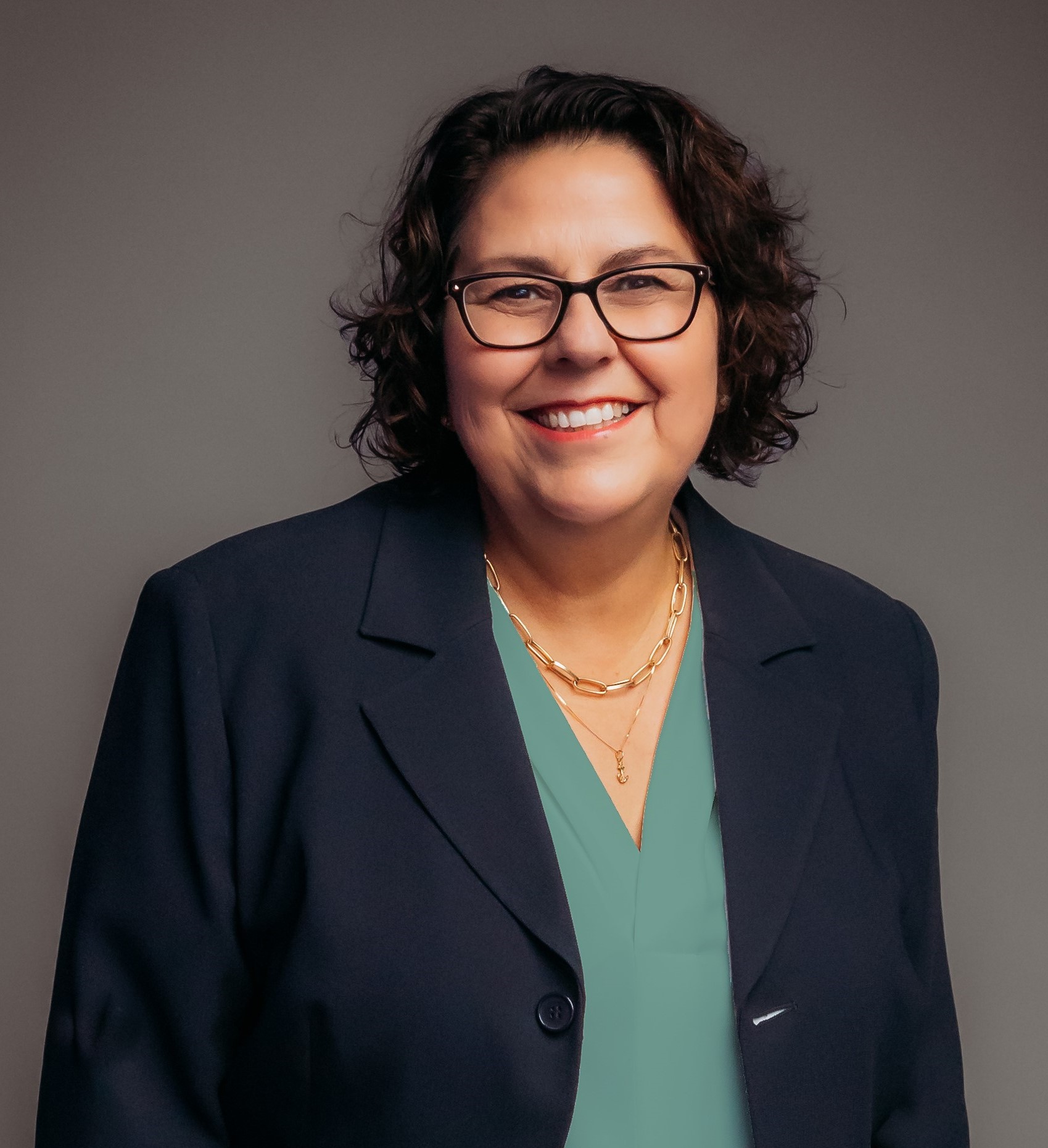
Caroline Moassessi
Vice President, Community Relations
Caroline Moassessi is the founder and author of the food allergy and asthma blogsite Gratefulfoodie, but her passion for spreading awareness is fueled by the food allergy community and her family. She speaks nationally to the food industry, state, and local groups to raise awareness and to encourage food allergy-related change through policy and education.
After a brief move back to her home state of California, Caroline discovered a life-changing parent support group. After experiencing the power of connecting with other parents, she co-founded the long-running (over 16 years) Northern Nevada Asthma and Food Allergy Education Group, which is a FAACT-recognized support group. Caroline has appeared on Sirius XM – Doctor Radio, her local ABC affiliate network, and local radio. She also served as past board president and as treasurer for the American Lung Association Southwest Regional Board.
Caroline was the lead advocate for mandated school stock epinephrine law in the State of Nevada; in addition to presenting the need for epinephrine legislation at the National Conference of State Legislators (NCSL), with deceased NCSL past present, Senator Debbie Smith. Caroline co-authored the first school food anaphylaxis policy in the State of Nevada and continues to volunteer her time with the Washoe County School District to support revised policymaking.
Her passion for making change and raising awareness has brought her to Capitol Hill twice to discuss food allergy-related legislation. It continues as she reaches out to her elected officials.
Her belief that communication and sharing of information continued as Product Editor and contributor for Allergic Living Magazine. Caroline’s past work includes Huffington Post contributor and a frequent visitor on the Parenting Food Allergy Podcast. She never passes up an opportunity to speak or talk about tools for successful living with food allergies and asthma.
Caroline has a degree in Hotel and Restaurant Management and has traveled the world as a trainer in this industry. An avid baker, she is finally dabbling in bread making and more cooking. Caroline loves reading, learning, and making jewelry. But most of all, she enjoys living a simple life with her family. She lives in Reno with her husband, college-aged son and high school-aged daughter who manage food allergy and asthma.
As FAACT's vice president of community relations, Caroline will grow FAACT’s communication and engagement with the food allergy community, host FAACT’s Roundtable Podcast, and manage education training programs and diversity initiatives. Stay tuned for FAACT’s exciting lineup of podcast guests that you won’t want to miss.
You may reach Caroline at Caroline.Moassessi@FoodAllergyAwareness.org.
.jpg)
Caroline Moassessi
Vice President, Community Relations
Celebrating a friend’s two-year birthday, I dished out lemon sorbet ice cream. As the fun winded down, I changed Cyrus’ diaper for our short, 20-minute drive home. I noticed some hives on his diapers, but didn’t overthink it. Slipping on his pajamas, I saw the hives were growing and moving across his body. They looked like continents trying to merge into one giant hive. Suddenly, he started breathing rapidly. I didn’t know what was happening, but I knew it wasn’t right.
I called the pediatric after-hours phone line. They advised me to give Cyrus Benadryl and if there were no improvements or changes, to head to the Emergency Room. Thankfully, I had Benadryl on hand. Within 15 minutes, his breathing normalized, and the hives disappeared.
Worried, I called the pediatrician first thing in the morning. He very sternly explained that I was not to come into the office, but to call the allergist immediately and to say we needed an appointment no later than the next day. The following day found us in the allergist’s office. After testing, the doctor came into the exam room. In less than five minutes, the doctor explained that my son had food allergies. He needed to avoid peanuts, tree nuts, eggs, dairy, fish, shellfish, lemon, lime, raspberries, and sesame. He showed us how to use an epinephrine auto-injector and bid us farewell. In the hallway, I asked if there were any national organizations or groups where I could learn about food allergies. He said maybe. Stunned and confused, we drove the river and sat. We didn’t know what to do.
The following morning at my son’s swim lesson, a woman walked up to me. She explained that she was the nurse conducting Cyrus’ allergy testing. She knew that our brief five minutes with the doctor was not enough time for us to grasp the severity of food allergies. The nurse told me that she didn’t think we fully understood managing food allergies and our son’s life depended on us becoming food allergy educated. She gave me good advice about day-to-day living and clearing out my pantry and then wished us well.
After a series of twists and turns, I ended up attending what I thought was a lecture. It was a food allergy support group meeting in the San Francisco Bay Area. The allergist at this meeting explained that he can only diagnose, but that the women in that room would teach me how to live with food allergies. At the time, we lived in Reno, NV, and my husband worked in the Bay Area. I knew I needed those women, who are still my friends to this day. I went home and said I was invoking “Mama Veto Power”. That we were temporarily moving back to the Bay Area and into my dad’s home so I could learn from this extraordinary group of women and to see this allergist.
Fast forward to today, my son is 21 years old, and my daughter, age sixteen, developed tree nut allergies at age three (I wish we knew about early introduction back then). The allergist is now a good friend and has traveled to Reno numerous times to lecture local and statewide nurses about food allergies and asthma.
I’ve learned that we truly are all in this together. But without each other, the food allergy world does not turn. The need to share, talk, meet up, and learn is higher than ever. Technology helps us find solutions at 2 am, but speaking to other families is what brings it all together and helps us learn how to put those solutions into motion. We also need connections to others who understand us and support our relentless questions at restaurants and grandma’s house. We need those who talk us off the ledge, when our children are unjustly excluded. We need those who share our fears and then gently guide us out of the fear state.
My son is about to graduate from college, and each age and stage is a beautiful challenge that I never would have survived if it wasn’t for my connection to this community.
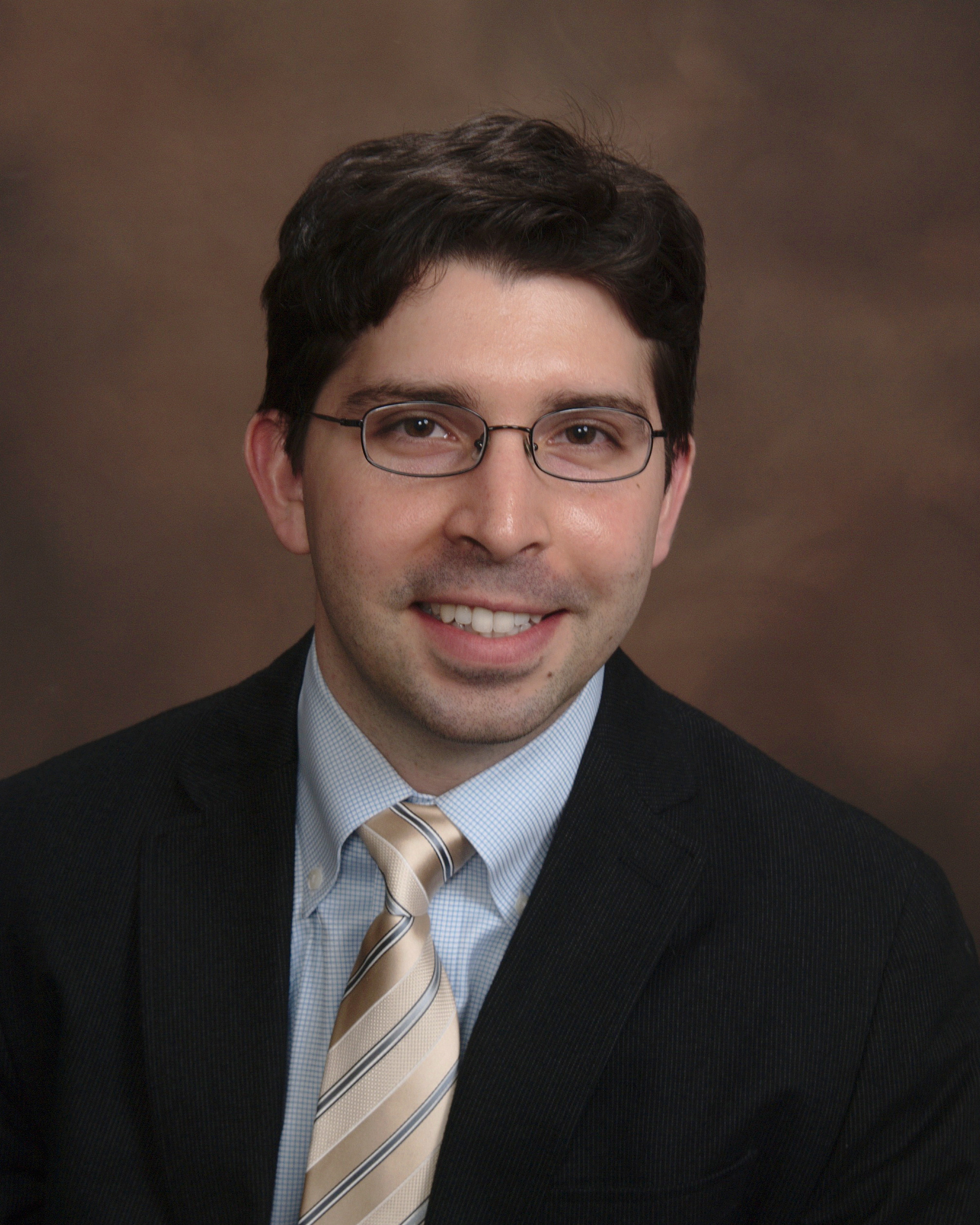
Peter Capucilli, MD
Board-certified Allergist and Immunologist, Division of Allergy & Immunology
Rochester Regional Health System
Rochester, NY
Clinical Assistant Professor of Pediatrics
University of Rochester School of Medicine and Dentistry
Rochester, NY
National Bronze Sponsors

The Life – and Death – of Giovanni Cipriano (Age 14)
As told by his mother, Georgina Cornago
Giovanni was born a happy, healthy baby. I breast-fed him for a little over a year. At around 7 months, we decided to also supplement with formula since it seemed that he wasn’t as satisfied as he used to be with breast milk alone. Finding the right formula was definitely a challenge. He seemed to be allergic to many of the formulas, with reactions including reflux, loose stool, rashes, and what we eventually realized was eczema (for which we were given steroid creams and antihistamines to help with the itching). He developed asthma very early on as well.
As Giovanni grew older, we slowly began to introduce other foods. He loved to eat. I introduced new foods carefully. I would notice some foods gave him red cheeks or reflux and made him cranky, but I didn’t realize these were allergic reactions.
Food Allergies Diagnosed
When Giovanni was around 18 months old, I made chicken with a peanut sauce. After one bite, Giovanni began to get hives, his eyes swelled, he had a runny nose – not the reactions I had seen before. I called our pediatrician, who told me to give Giovanni a dose of antihistamine and bring him in. Once there, our pediatrician said Giovanni must be allergic to peanuts and advised me to keep an eye on him and to give him antihistamine as directed. His symptoms did not get any worse that day, and we left with a referral to an allergist.
After going to the allergist, Giovanni was diagnosed with allergy to peanuts, eggs, cats, dogs, mold, and hay fever. I remember the nurse giving me a prescription for antihistamines and an epinephrine auto-injector and showing me how to use it in case of an emergency. I wasn’t given a food allergy management plan. I don’t remember there being any sense of this as a life-or-death situation – just a diagnosis, prescriptions, and the recommendation that we follow up with our pediatrician.
So from then on, that is what I did. Giovanni’s pediatrician was his “go to” doctor for everything. When we asked about seeing a specialist, our pediatrician stated that he would treat Giovanni first.
Giovanni had a few allergic reactions to peanuts – one from someone giving him a cracker when he was very young and the other was after eating a piece of cake at my husband’s work Christmas party that they reassured him did not have nuts in it, when in fact it did. We never thought these reactions were severe. He would usually vomit, get some hives, and have a bit of scratchy or tingly throat. After a dose of antihistamine, symptoms seemed to calm down and go away on their own. Thinking back, these reactions would be considered anaphylaxis, and were severe.
I followed up with the pediatrician, who said I should give Giovanni antihistamine since his reactions were mild, and he should be okay. We were never told that epinephrine must be used for certain symptoms, only that it could be used if we really thought he needed it. But, since he never had a bad reaction, I didn’t think he needed it. That was the extent of our anaphylaxis management planning.
A Severe Reaction
On October 1, 2013, Giovanni and I were settling in early, happy that homework was finally done early, dinner and chores were done, and we were going to be able to enjoy movie night together – just him and me – for the first time in a while since school had started. Giovanni had just started at Holy Trinity High School, so homework, studying, and sports left little time for relaxing and leisure. We popped the movie in and had our snacks ready. One was a snack mix of mini cookies, pretzels, almonds, and M&M’s. I usually always bypass the full food label and go right to the bottom of the ingredients where they usually have an allergy disclaimer. I had read the back of the bag, and all I saw was “MAY CONTAIN TREE NUTS.” Good, I thought, he is not allergic to tree nuts.
I gave Giovanni a few pieces of snack mix from the bag, but within seconds he was saying, “Oh no, there are peanuts in here!” I said he was wrong and read the ingredients again. Although there was no “peanut” disclaimer, it did actually have peanuts as a main ingredient. I just didn’t read enough! I don’t know how in the world I didn’t see it.
I immediately gave Giovanni a regular dose of antihistamine and said we should go to Premier Care, the after-hours clinic, just to be safe. Then I gave him a second dose of antihistamine just as back up. Giovanni was only feeling a little scratchiness in his throat and was giving me a hard time about getting dressed to go to clinic.
At this point, I should have called 9-1-1.
I said let’s go now, just to be safe. The epinephrine auto-injector was on the table right next to my purse, and Giovanni asked if he should use it. I said I didn’t think we needed to, that we should just get to the doctor. I threw all the meds into my bag and left. On the way out, Giovanni asked if he should vomit, since that is usually what happened in the past. I said if you need to then try, but he couldn’t.
Premier Care is about a seven-minute car ride away. Giovanni was still talking on the drive there. He had his inhaler with him and used it a few times. I kept telling him not be nervous, that he was going to be okay. We got to the office, and it had JUST closed. No one answered the door. Giovanni began to panic. We jumped back in the car and immediately started to look for the epinephrine auto-injector. We couldn’t find it.
At this point, he was still okay. He was still talking, just more scared now. I still was thinking we were okay. Now I had to drive to the emergency room, which was about another seven minutes away. All I could do was focus on getting there without crashing, I was beeping my horn and had my hazard lights on, taking every red light I could safely run and reassuring him every minute that he was going to be okay, that we were almost there, to just hold on another minute.
We were around the corner from the hospital when Giovanni must have felt something serious, and he said, “I can’t mom, I don’t want to die.” I was yelling, “No! No! That’s not going to happen. We’re here. Just hold on. I’m there in two seconds.” He didn’t respond.
I turned down the street to the emergency room and realized he was quiet. I grabbed his hand and said we’re here, but I realized he was cold. I looked at him, and he was blue. I started screaming and beeping as I drove to the emergency room entrance. There were people outside and I was screaming, “Help, my son has peanut allergy. He passed out. I need to get him inside!” They all ran over, and I remember about five of us struggling to get him out of the car. At the same time, emergency room staff came running out with a wheelchair, and we threw him in it. I was just screaming, “Help him, please! He is having an anaphylactic reaction to peanuts.”
Staff were running through hallway, yelling “We need a table now!” as I ran behind screaming “Please, help him!” That was the longest hallway ever. Then these nurses stopped me and took me into a small room while they took Giovanni away, and I had to wait and wait and wait. I had called my husband when we were leaving the house and told him what was happening and that Giovanni was okay. Now I had to call and tell him to get to the ER right away.
It was nearly an hour later when a doctor came out to brief us. She told me how they worked on Giovanni for quite a while, that his heart had stopped and that he had been without oxygen for about 3 minutes, but that they were able to save him. They told me he was on a respirator. I was finally able to see him. He was unconscious and needed to be transported to a pediatric ICU.
Giovanni was in a medically induced coma for several days in hopes of alleviating the trauma caused to his brain from lack of oxygen, but he got worse when they tried to bring him out of the coma. Doctors re-induced him into the coma in hopes that he would recover. But after three weeks of exhausting all measures to try to save him – after many hopes and prayers – Giovanni’s body just couldn’t sustain the injury to his brain, and he passed away on October 18.
I am grateful that I was able to hold my little boy in his bed, along with his dad and his sister, and was surrounded by every one of his closest family members, every one of them holding hands, holding each other up, while he crossed over to finally be in peace.
Lessons Learned
Giovanni was always a happy little boy. There was always a smile on his face. Giovanni was running from the time he woke up to the time he went to sleep. And even when he was sleeping he was still a restless sleeper. He was a star athlete. He was a best friend. He was the best brother. He was my little boy, my little man. He took care of me, and I took care of him. He was my friend, my partner. He was the reason I did EVERYTHING I did. He was his dad’s pride and joy. His dad is lost without him. He was an honor student. He knew to be helpful, to be of service, to be respectful. He knew how to seize the day and run with it.
Giovanni’s loss is felt not just here in our family, in our community, but all over the country. Giovanni’s loss is awful, it is heart wrenching, it doesn’t make sense. If it has taught us one thing, it is that we know we don’t want anyone to ever have to feel the pain that we feel.
We want to help educate and advocate for all families living with food allergies. We want everyone to know that food allergies are serious. Some people think it’s not that big of a deal, that food allergy parents tend to overreact, and for the simple and lucky reason it hasn’t yet affected them. How many more lives need to be lost to prove it is a big deal?
Food allergies can mean life or death. In the past two months, it has become apparent just how true that statement is. Two more little lives have been taken in our community due to a peanut allergy. More people need to be informed about the dangers of food allergy, including healthcare professionals and parents. If you have a food allergic child, seek consultation with a board certified allergist who has expertise in food allergy. Allergist evaluation and periodic routine follow up are recommended steps in the NIH food allergy guidelines for caring for food allergic children. It is important to do your own research and be your own advocate. Find the very best doctor you can, and even if he’s a little farther away, it may be worth it to go those extra miles. If you advocate for your child and do the research, it is possible that you may be able to help your doctor form the best treatment plan possible for your child. If you are not happy with the treatment or feedback, then find a new doctor. Do not settle! If you reach a point where you are not comfortable with just your primary care physician managing your child’s food allergy, then you have to have a frank discussion with this provider about your desire to involve a food allergy expert in the care.
The most important information we want everyone to know is that when there are signs or symptoms of anaphylaxis, administer your epinephrine auto-injector (such as an Auvi-Q or Epi-Pen). This is the first line of treatment for anaphylaxis! Always have your epinephrine auto-injectors available. It is wise to have two doses available because some people may need a second dose. Do not hesitate to use this when it is needed! It can save a life. Epinephrine use has virtually no downsides or bad side effects beyond increasing the heart rate and blood pressure, and possibly causing some temporary bruising and pain where the device was injected. Most importantly, make sure you have a written anaphylaxis management plan provided by whomever is managing your child’s food allergy. This must be reviewed until you know it like the back of your hand, and you are comfortable with the steps. The physician creating this plan must be able to clearly explain to you what symptoms require antihistamine, and what other ones can only be treated with epinephrine. It is your responsibility to master this plan, and be ready to act should the need arise.
If you should have to treat your child with epinephrine, call 9-1-1! Call your local ambulance service and tell them that a child is having an allergic reaction and may need more epinephrine. (An ambulance should be called not because epinephrine is dangerous but because the allergic reaction could be severe, needed to be treated with epinephrine, and may require more treatment). Even if you are unsure if your child needs the epinephrine, don’t hesitate. Don’t let fear take over. It won’t harm your child if it turns out not to be needed, but it will harm your child if you don’t use it, and it was needed!
Together, we can prevent other lives from being lost. One death is too many! Please join me in supporting FAACT today!
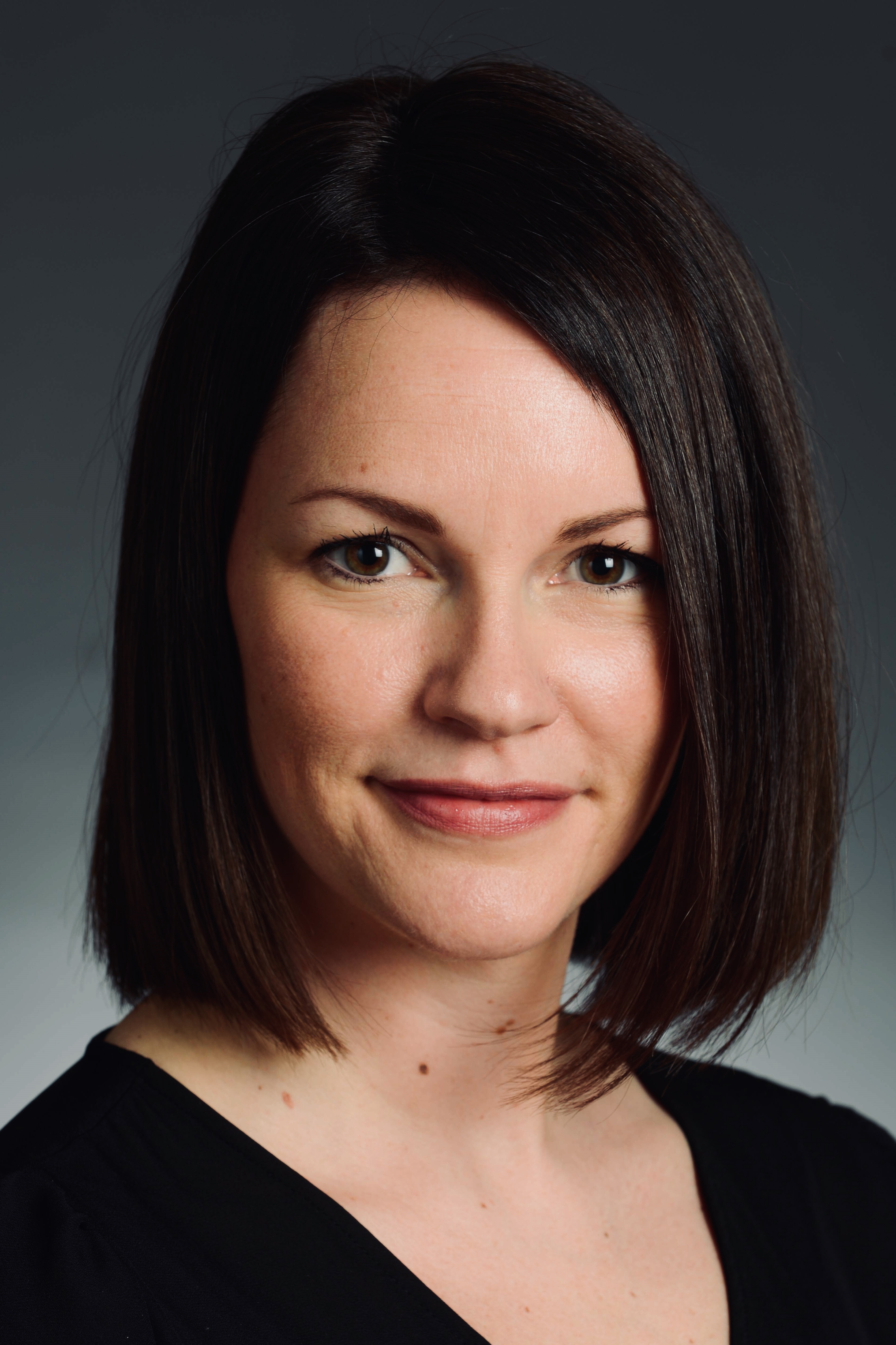
Alison Cassin, MS, RD, LD
Pediatric Registered Dietitian
Cincinnati Center for Eosinophilic Disorders (CCED)
Division of Allergy & Immunology
Cincinnati Children's Hospital Medical Center
Cincinnati, OH
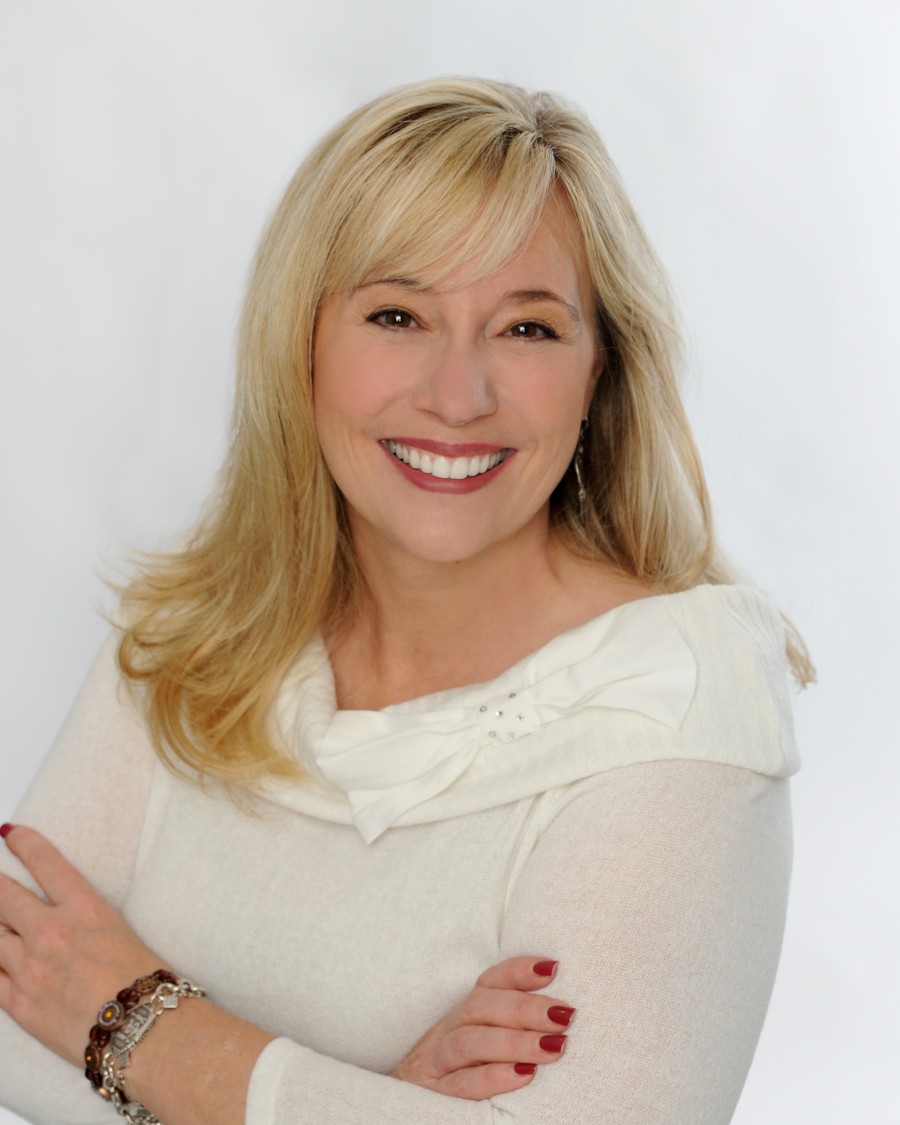
Elizabeth Hamilton-Guarino
FAACT Celebrity Spokesperson
Elizabeth Hamilton-Guarino, Hay House author and Best Ever You Network CEO, lives her daily life with allergies to peanuts, tree nuts, fish, and shellfish. In 1998, Elizabeth nearly lost her life due to an allergic reaction to almonds. In 1999, she had a second near-fatal allergic reaction while pregnant with her third son, after which she was hospitalized for more than a week.
Elizabeth turned these challenges into a mission to help people living with allergies thrive and be their very best. She founded the Best Ever You Network, which is a leading multimedia provider of lifestyle and self-help content. With Brian Hom, she co-founded the Food Allergy Zone to find a cure and the cause of food allergies. Elizabeth hosts “The Best Ever You Show” on BlogTalkRadio, which has over one million global listeners.
Now she adds “author” to her resume. In Percolate: Let Your Best Self Filter Through (April 2014), Elizabeth empowers readers to implement powerful, positive change to thrive in every aspect of your life.
Elizabeth has a degree in communications and broadcasting and also works as a life coach. She lives with her husband and four boys in Maine. Visit BestEverYou.com for more information about Elizabeth’s work and passions.
.jpg)
Kristin M. Osborne
Vice President, Education
I have navigated food allergies in our family for over two decades. My first experience with food allergies was twenty-three years ago while dating my now husband. He mentioned he was allergic to fish while out to eat at a restaurant. When ordering his meal, he notified the waiter of his allergies. He checked with management to determine the ingredients in his meal. My husband was careful about his food allergy. However, as a child, he was never formally diagnosed. He had many childhood visits to the ER due to severe asthma attacks and anaphylactic reactions to tuna. My husband did not carry epinephrine until our second son was born.
At the age of two, my oldest son had his first food allergic reaction to shrimp in scampi. He ate several bites of shrimp and immediately showed signs of distress. His eyes and lips swelled; hives formed over his face. Terrified, I called and spoke with the after-hours pediatrician and was instructed to give him Benadryl and wait to see if his symptoms subsided. Several days later, my son was at my parents’ home and ate mixed nuts as a snack. Again, his eyes and lips swelled, and his chest was covered in hives. I was instructed to administer Benadryl again and go to the ER if his symptoms progressed. Having no Benadryl at my parents’ home, I took my son and drove to the nearest grocery store. Frightened, I found the children’s Benadryl and gave it to him in the aisle of the store. As we were checking out, I kept a close eye on him in case his symptoms progressed. Thankfully, shortly after leaving the store his swelling went down and his hives minimized.
After his reactions, I scheduled an appointment for my son with a board-certified allergist at our local children’s hospital. The appointment was several months away, and my instructions were for my son to avoid all nuts and shellfish until he received a blood test. After a full panel of blood tests for food and patch tests for environmental allergies, the tests revealed my son was allergic to peanuts, tree nuts, shellfish, and egg, as well as grass, trees, dust mites, and many other environmental allergens. In addition to his allergy diagnosis, he was also diagnosed with asthma. We left the office with a prescription for epinephrine, an inhaler, and a mission to learn everything about the new diagnosis.
Over the next several years, I educated my family, friends, and community about asthma, food allergies, and anaphylaxis. However, my knowledge was stretched with my middle son.
In 2006, the day after my middle son’s first birthday, we fed him cottage cheese and toast at breakfast for the first time. He immediately began to drool profusely. He coughed and became extremely lethargic. Recognizing that he was having an anaphylactic reaction, I called 911. I was instructed to administer Benadryl even though we had epinephrine for my older son. The 911 operator was unclear if the child’s dose of epinephrine was safe for infants. I administered the Benadryl and waited for what seemed like ages for the volunteer rescue squad to arrive. They immediately transported my son to the nearest ER. During transport they attempted to administer epinephrine but could not fit the IV needle in his arm. Frightened, we arrived at the hospital. After a battery of tests, we were instructed to schedule an appointment with an allergist to test for wheat, dairy, and egg allergies. I was instructed to avoid giving those allergens to my son, and to refrain from eating them as well, since I was nursing.
After my son’s appointment and blood tests, it was determined he was allergic to wheat, dairy, and eggs. I knew he was allergic to something, but I had not expected all three allergens. There were not many options for wheat, dairy, and egg-free foods in stores at that time. However, a local food allergy mom opened a small store in our area that offered a wide variety of “free-from” foods. The store also listed each ingredient in plain labeling with icons to reference allergens. We were able to purchase food items like ice cream and ice cream cones that were safe for both of my sons to eat. Through that store, I connected with local food allergy resources and met many other moms whose children had food allergies. That stores owner was a beacon of hope for our family. Later, our youngest son failed a food challenge and was diagnosed with peanut and tree nut allergies.
Over the years, our family has graduated to tolerating baked egg, but are still allergic to everything in our original diagnosis. My oldest is a student in college and takes the lead on his allergy and asthma management. My husband and I serve as a sounding board for advice when needed. My middle son is a student in high school and takes the lead during his 504 meetings, and my youngest has alway known how to spell anaphylaxis and epinephrine. My goal as a mom is to educate and empower my family to self-advocate. My role with FAACT will further the mission of education, awareness and advocacy for our community and families.

Kristin M. Osborne
Vice President, Education
Kristin M. Osborne is a passionate, certified disability advocate and native of Virginia where she has navigated food allergies in her family for over two decades. Her husband and three sons all have various life-threatening food allergies to wheat, dairy, egg, peanut, tree nut, shellfish, and fish. Her first experience with food allergies as a parent was in 2004 when her oldest son had an allergic reaction to shrimp at the age of two.
She is the founder of Virginia Food Allergy Advocates, a support group whose mission is to educate and advocate for families living with food allergies. Kristin has trained school systems in Virginia by providing food allergy education and Section 504 workshops for school administrators, teachers, staff, and parents. Her work in the community was instrumental in changing Virginia Beach Public Schools' food allergy guidelines to include epinephrine training for bus drivers. The policy requires bus drivers to be trained to administer epinephrine to students who self-carry medication, when needed.
Kristin served three years as a food allergy walk chairwoman in Virginia. She and her committee doubled both walker participation and funds raised by sponsors and teams.
Kristin is a graduate of the Virginia Board for People with Disabilities Partners in Policy (PIP) Making Program. As a certified disability advocate, Kristin navigates food allergies, asthma, ADHD, and anaphylaxis in the community and at home. She served as co-chairman of the Tidewater Alumni Regional Chapter, PIP and worked to engage PIP alumni and advocate for persons with intellectual and developmental disabilities.
A frequent advocate at both the Virginia State Capitol and the U.S. Capitol, she has shared many personal stories and stories of families in her community with elected officials to raise awareness for food allergies, asthma, developmental disabilities, and to increase funding for critical programs. For over five years, Kristin has served on her local Mayor’s Committee for Persons with Disabilities Board to improve the awareness of every persons’ abilities rather than their disabilities.
Kristin is also owner of The Prioritized Group, where she works to empower families whose children have ADHD and food allergies from the classroom to the kitchen.
As FAACT’s Vice President of Education Kristin will oversee food allergy education in schools, support group development, and other education initiatives and will represent FAACT at medical conferences. Kristin looks forward to continuing her mission of community health and wellness and maintaining her strong commitment to bringing more education and awareness on the issues that accompany food allergies to our families, communities, and schools with FAACT.
You may reach Kristin at Kristin.Osborne@FoodAllergyAwareness.org.
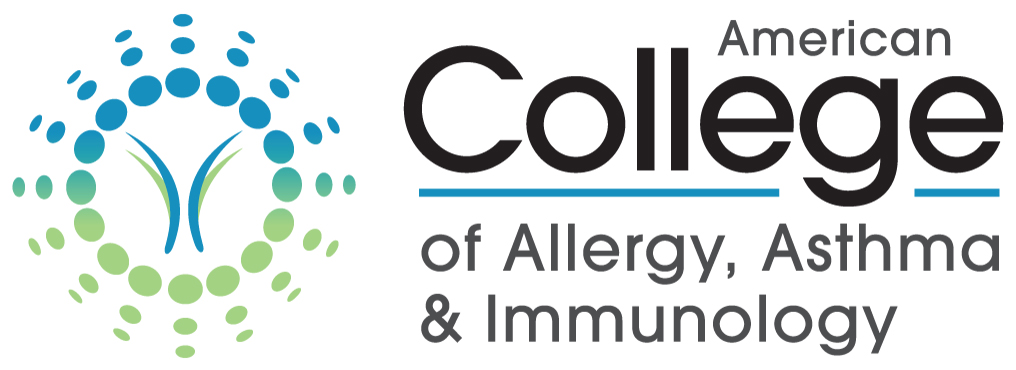
ACAAI supports FAACT's mission-based education and civil rights advocacy programs, awareness and outreach initiatives, as well as our Behavioral Health Resource Program, Civil Rights Advocacy initiatives, FAACT's Camp TAG (The Allergy Gang), Food Industry & Research Summit, Leadership Summit, and FAACT's Roundtable Podcast.
.jpg)
Brian J. Hom
Brian Hom has advocated in the food allergy community for more than 12 years. He has made it his personal mission to raise awareness of the dangers of food allergies and to help find a cure as well as the cause of food allergies so no other families have to suffer loss of life from food allergies. Brian’s 18-year-old son, BJ Hom, died on a family vacation in 2008 after eating a dessert that contained traces of peanuts. The family was visiting a resort in Los Cabos, Mexico, to celebrate BJ’s 18th birthday and his graduation from high school. BJ did not have an epinephrine auto-injector with him because his doctors thought his symptoms would always be mild that they never prescribed auto-injectable epinephrine. Brian has two younger sons, Brandon and Steven Hom. Steven, who is now age 18, has the same severe peanut allergy as his older brother BJ and is participating in the Phase 2 Viaskin Peanut Patch Study at Stanford University with Dr. Kari Nadeau to find a cure.
Brian chaired the California Bay Area FAAN Walk for Food Allergy in 2011 and 2012 and has raised more than $290,000 through these events. He was awarded the FAAN Family Advocacy Award in 2010 and was named “Outstanding Volunteer for 2013.” Brian advocated on Capitol Hill for the School Access to Emergency Epinephrine Act and appeared on Lifetime Network’s television show, “The Balancing Act,” to raise awareness of the dangers of food allergies. Brian filmed a YouTube video for Mylan Corporation called “Food Allergies Don’t Take Vacations” and has appeared on NBC News Bay Area and KPIX Channel 5 and many radio talk shows, sharing his son’s story to raise awareness of the dangers of food allergies. He has also shared his family’s story in two news articles on CNN.com “"Study: Food allergies more common, more severe among children" and “8 percent of US children now have food allergies,” and the San Jose Mercury newspaper.
Brian is also co-founder of the Food Allergy Zone Web site with Elizabeth Hamilton-Guarino, which is dedicated to helping us all stay alive and thrive with food allergies and to find the cause and cure for food allergies. Brian has been on the Board of Directors of the Bay Area Allergy Advisory Board.
Brian has a Bachelor’s degree in Managerial Economics and a Master’s degree in Business Management and has been working in the high-tech industry for more than 34 years as a Global Commodity Manager for IBM, Hitachi, and HGST Inc. a Western Digital Company and also owns a Vitality Bowls franchise. Brian also serves on FAACT's Board of Directors.
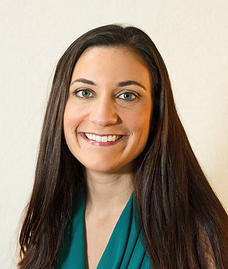
Raquel Durban, MS, RD, CSP, LDN
Pediatric Registered Dietitian
Asthma & Allergy Specialists, PA
Charlotte, NC
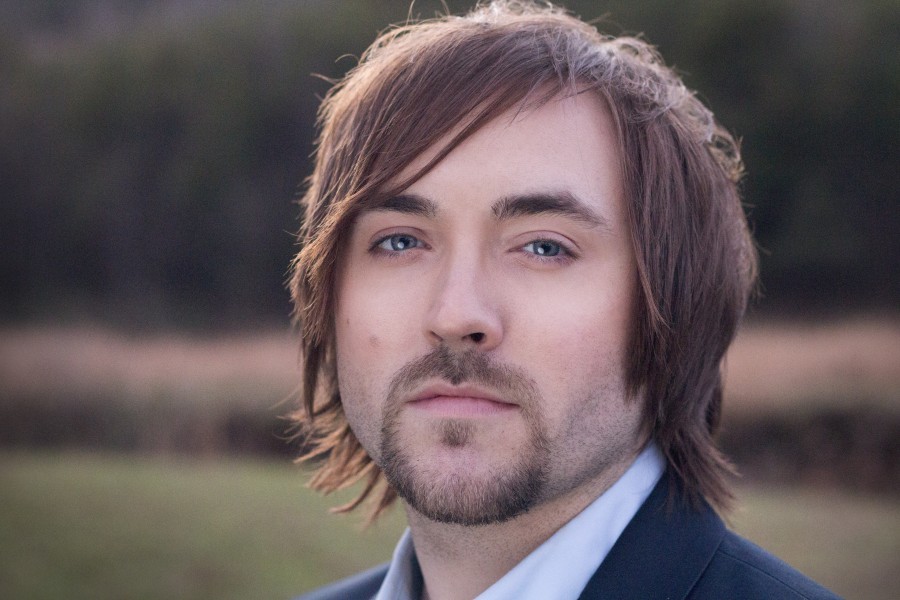
Luke Pilgrim
FAACT Celebrity Spokesperson
Singer-songwriter, Luke Pilgrim, is a prime example of a public figure affected by food allergies, and he has not let the challenges related to this medical condition stop him from accomplishing his dreams.
Luke was 17 months old when he was diagnosed with a severe peanut allergy. Awareness has saved Luke’s life on more than one occasion, and he continues to spread the word on the importance of food allergy awareness, education, and research. He also hopes that through his music, he can inspire and educate people who are affected by food allergies as well as the general public.
Luke has become one of the most watched young artists to emerge out of Georgia in years. Building a reputation as a singer, songwriter, producer, painter, and film maker, Luke has become what many describe as the “full package.” His love of music began at an early age while growing up in Cleveland, a small town in north Georgia. He began sitting in with bands at clubs as an 11-year-old kid, leaving older musicians in awe as he ripped out lead guitar riffs from music greats Stevie Ray Vaughn and Eric Clapton. By the age of 15, he had completed writing, recording, and producing his first full-length album with the band Last November. Last November, with Pilgrim as front man, toured the United States for the better part of a decade.
In 2011, Luke returned to the legendary Southern Tracks Studios in Atlanta to record his first solo album, working with lifelong friend and mentor Rodney Mills (whose musical resume includes Lynyrd Skynyrd, 38 Special, and ARS). The song ”Sweet Tea” from those sessions received play on hundreds of stations nationwide, reaching the Top 40 on Nashville’s Music Row Chart.
In 2012, Luke took time off from touring and re-enrolled in film school – a passion that has been obvious in the many music videos he has directed and edited. While finishing film school in 2013, he released a new single and video entitled “Goin’ Home.” Pilgrim shared these thoughts about the song: ”I wrote this song when my grandmother passed away, so it’s very close to my heart. I’d like to dedicate this release to her memory, but it’s also for you guys. For anyone out there who has lost someone they love. It’s about moving past that hollow, empty pain inside and filling it with the love and joyful memories of our loved ones. This is a tribute to everyone who has made the journey back home before us.”
With songs spinning nationwide on hundreds of radio stations and music videos streaming in more than 5,000 outlets, Luke Pilgrim has proven that although he is affected by potentially life-threatening food allergies, he can manage them and inspire all people affected by food allergies nationwide and abroad.
Luke Pilgrim's Official Website

Aleasa Word
Vice President, Diversity, Equity, and Inclusion
A Delaware native and Atlanta transplant, Aleasa Word has been a longtime advocate and support group leader in the food allergy community. Her passion for diversity, equity, and inclusion (DEI) is supported by her experience as a certified Emotional Intelligence Assessor Practitioner and Coach as well as a Trauma Support Specialist. As Principal of A. Word & Company, she provides training and coaching around the world on cultural dexterity and competency, equitable outcomes, belonging programs, and employee resource groups. Aleasa is passionate about anti-racism, healing racial trauma, gender equity, equality in healthcare, social emotional learning, and social impact.
After her young daughter was diagnosed with life-threatening food allergies, Aleasa was inspired to create the Food Allergic Multicultural Society of Delaware to support inclusion in food allergy and asthma spaces. This organization became the umbrella for Compassion for Anaphylaxis Outreach, The Trailblazer Awards, and Love Remembers Day, a day to honor families who have endured loss due anaphylaxis. Aleasa also spent time working with state legislators and received the first public acknowledgements from the Delaware House of Representatives and Governor in observance of Food Allergy Awareness. This supporting documentation helped physicians make the case for access to epinephrine in Delaware public schools.
Aleasa earned her Bachelor of Science degree in Organizational Dynamics from Wilmington University with specializations in Conflict Resolution, Trauma Informed Approaches, and Emotional Intelligence and Leadership. She received advanced diversity education from the University of South Florida and is a certified Women’s Business Advocate.
As FAACT’s Vice President of Diversity, Equity, and Inclusion, Aleasa will oversee the development of community support in the DEI space, develop resource materials, and identify programming needs to support broader inclusivity among people affected by food allergies.
You may reach Aleasa at Aleasa.Word@FoodAllergyAwareness.org.
.jpg)
Aleasa Word
Vice President, Diversity, Equity, and Inclusion
For many years, I was a mom of one. That changed 11 years later with the birth of my second son. To round out our family, we had a daughter two years later.
When my daughter was 13 months old, I felt it was time to wean her and transition to cow’s milk. She did not do well, and we quickly found out that she had a lot of food allergies to contend with. I was confident things would be okay until I went to the grocery store with my list of allergens and quickly realized how many products contained these allergens. Wheeling my cart down aisle after aisle, I felt increasingly sad and defeated, until I stopped in the middle of an aisle and cried, with my daughter sitting in the cart and my younger son standing by my side. We finally left the store with far fewer items than I had planned to buy.
I tried to find support, but there weren’t any people dealing with food allergies in my community. I found a local support group, but they didn’t share the same dynamics as my community. I had to find a way to be an advocate, although I didn’t have one clue what to do. I figured it out because I had to. I wanted to help everyone, especially people who seemed to be underrepresented in the food allergy community – people who looked or lived like me. Soon I found many people of color and others with deep ties to their cultures of origin who were in the same predicament I was in. It was both comforting and heartbreaking.
Over time, with kids in tow, I began working with local groups and even started a business to train small daycares on the dangers of not taking food allergy safety seriously. I talked about food allergies everywhere I went. I made sure childcare programs and schools provided safe food alternatives for allergic children. I educated aftercare programs and even churches about cross-contamination. My middle son became a food allergy protector for his sister. Even when my daughter endured bullying at school about her food allergies, we never quit, and she never let it stop her from living a full life every day. She did, however, seem to have more health issues. One day, after calling the paramedics, we were finally on our way to finding a diagnosis for issues that had plagued her for years: Eosinophilic Esophagitis. It took quite a while to identify her triggers and her diet was all over the place, but we did it. We were on a good path. A few years later, my middle son was diagnosed with a food allergy. Fortunately, with all the times he’d been there when his sister faced exposure to allergens, he knew to take it seriously for himself, his sister, and others.
I have a lot of gratitude for the many people who helped us along this journey. And I have one desire when it comes to food-allergic living: I want to make the RESPECT for food-allergic living so routine that everyone feels included in every event at every school and in every community.
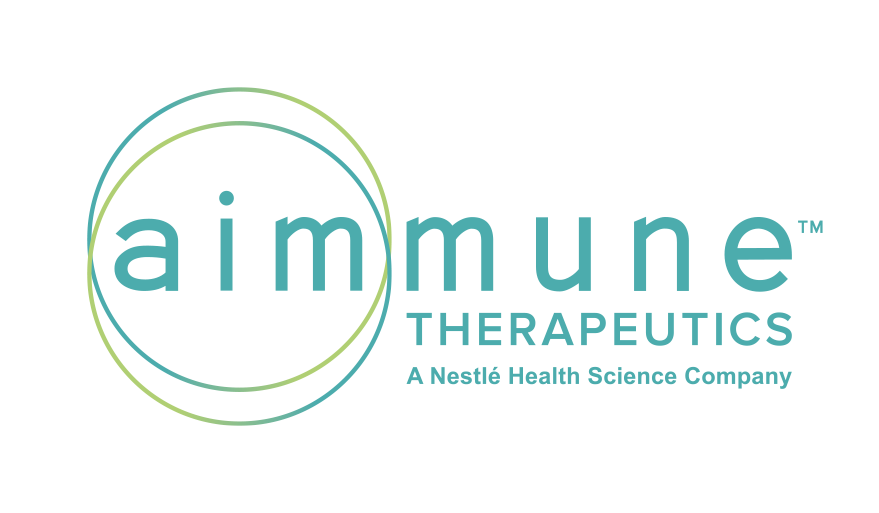
Aimmune Therapeutics supports FAACT's mission-based education and civil rights advocacy programs, as well as FAACT's Camp TAG, Food Industry & Research Summit, Leadership Summit, and FAACT's Roundtable Podcast.
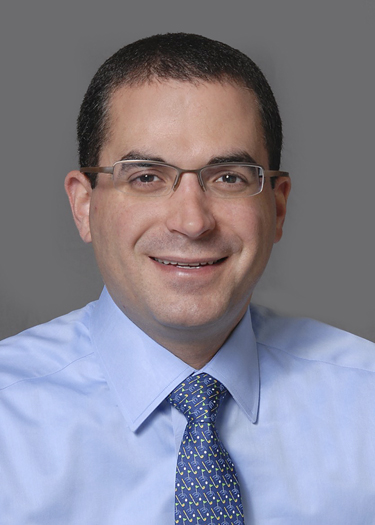
David M. Fleischer, MD
Director, Food Challenge Unit, Division of Allergy
Section Chief of Allergy & Immunology
Board-certified Allergist
Children's Hospital Colorado
University of Colorado Denver School of Medicine
Denver, CO

Emery Brown, Ed.S., NCSP - Nationally Certified School Psychologist
Director, Behavioral Health
Emery Brown, a native of New Jersey, has been heavily involved in the food allergy community for over ten years. Emery began her collaboration with FAACT as a volunteer teen counselor for FAACT’s Camp TAG when it launched in 2010 and was a counselor every summer in our New Jersey location through 2018. She has also been a teen leader for FAACT’s Teen Retreat for the past six years. Emery enthusiastically shares her stories and experiences of living as a young adult with food allergies. Topics she has covered include: preparing for college, dating, dining out, and mental health. Emery has lived with anaphylactic food allergies to dairy, fish, shellfish, and peanuts her whole life, and has a deep understanding of how to stay safe, healthy, and happy with whatever comes her way!
Emery holds a Bachelor of Science in Public Health with a concentration in Health Communication from the The College of New Jersey (TCNJ) and a Master’s of Arts in School Psychology from Rowan University. Since graduation Emery has worked to develop health programs in inner city schools, as well as held several small groups on mental health management. Emery is currently pursuing her Education Specialist degree (Ed.S.) to become a certified School Psychologist.
As FAACT’s Director of Behavioral Health, Emery will create various behavioral health resources for children, teens, young adults, parents, and adults with food allergies. She will also be involved with FAACT’s Roundtable Podcast, conduct LIVE streams, as well as lead education sessions at FAACT’s Camp TAG, Leadership Summit and Teen Retreat.
You may reach Emery at Emery.Brown@FoodAllergyAwareness.org.
.jpg)
Emery Brown, Ed.S., NCSP - Nationally Certified School Psychologist
Director, Behavioral Health Services
I have had food allergies since birth. When I was several months old, my aunt dropped ice cream on my hand, and I broke out into hives. My parents immediately knew it was an allergic reaction, as my older sister had been diagnosed with peanut, tree nut, and soy allergies when she was two.
I was diagnosed with anaphylactic allergies to fish, dairy, and eggs. However, when I was six, I outgrew the egg allergy. Later into adulthood, I was diagnosed with an anaphylactic peanut and shellfish allergy, as well as an oral allergy to several fruits and vegetables. I give a lot of credit to my loving parents, who taught me how to self-advocate, scrutinize labels, and make safe choices. To all of you allergy parents out there, you’re doing a great job—trust me!
The food allergy community, especially FAACT, has been vital to me. I met my college roommate at a Teen Conference - connections in this community last a lifetime! We were able to conquer the world of college together, making sure that we were cultivating safe choices and ensuring our room was allergen-free.
Food allergies have always been, and always will be, a part of my life. They have made me more compassionate, strong, and responsible. Through this journey, I have become an advocate for food allergies, and developed a deep passion to help other kids and teens strengthen their own identity, find balance, and maintain a healthy well-being. I am honored to serve as the Director of Behavioral Health at FAACT. Many of you know that living with food allergies is not always easy. Anxiety, depression, fear, and bullying are all realities some of us might face. My goal and mission is to help you cope with all life will throw at you, in a healthy way that will allow you and your family to thrive.
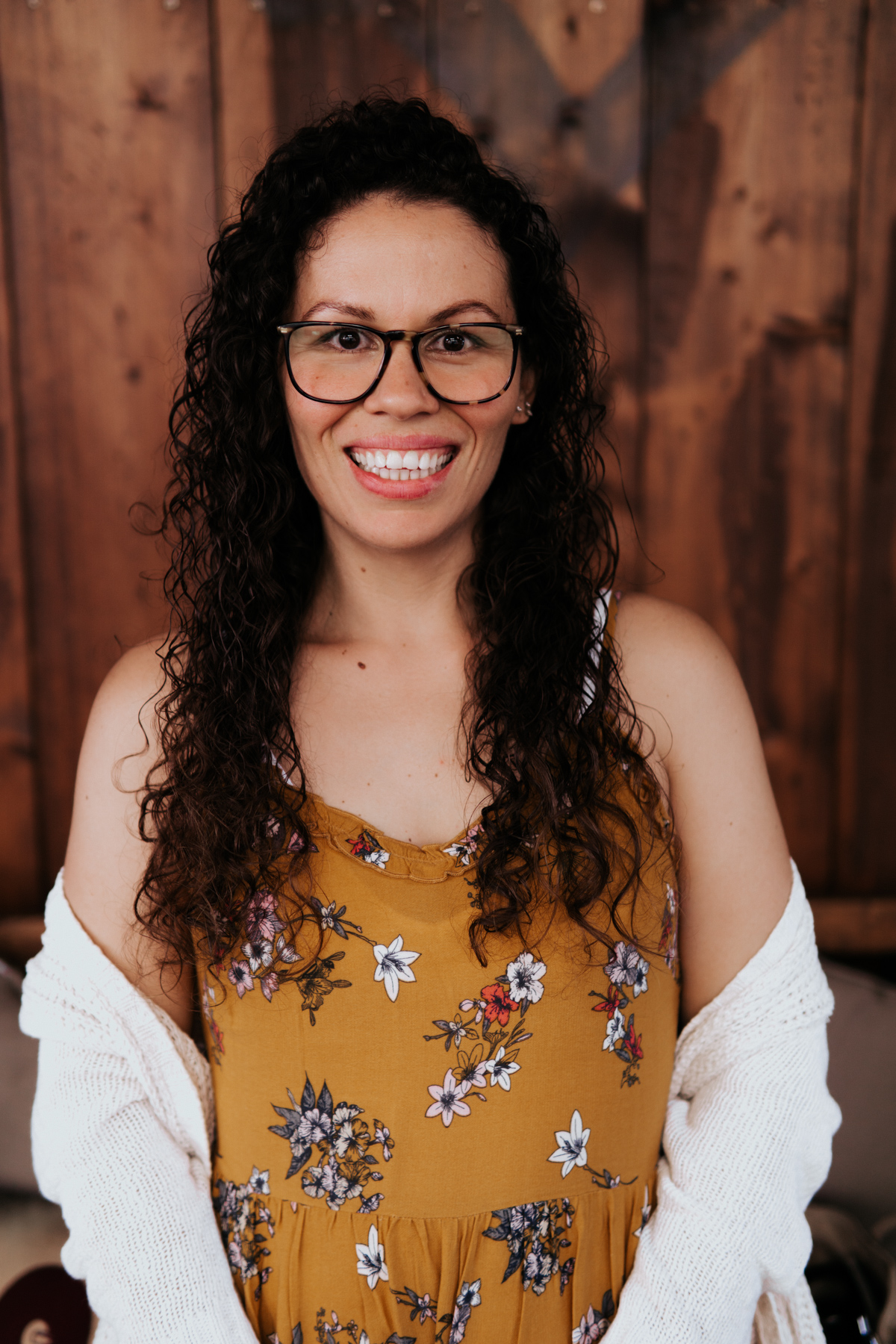
Stephanie Labile, Advisor
Stephanie Labile is a wife and mother of two beautiful, loving little girls born with many, life-threatening food allergies. Stephanie shares their journey with Celiac disease, unspecified muscular dystrophy, eosinophilic esophagitis (EoE), FPIES, EDS (connective tissue disease), GERD, and Autism. Her goal is to advocate, educate, and raise awareness for multiple conditions. Stephanie is a FAACT-recognized support group leader for the No Nuts Mom Group of Orange County in California and speaks fluent (and writes) Spanish and Italian.

ALK supports FAACT's mission-based education and advocacy programs, FAACT's Camp TAG, Food Industry & Research Summit, Leadership Summit, and FAACT's Roundtable Podcast.
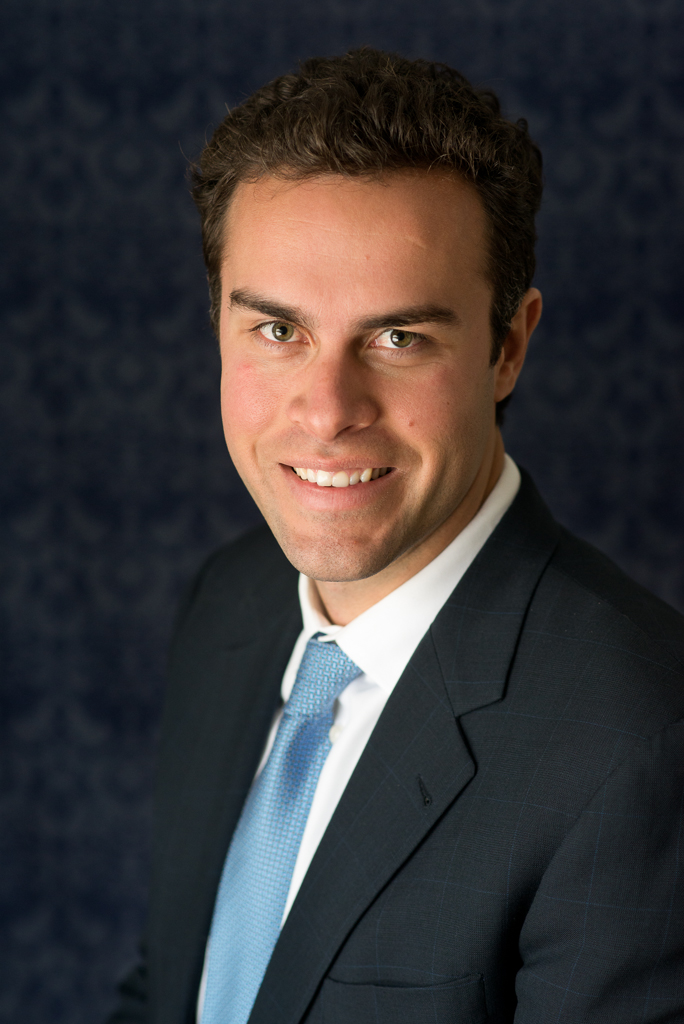
Justin Greiwe, MD
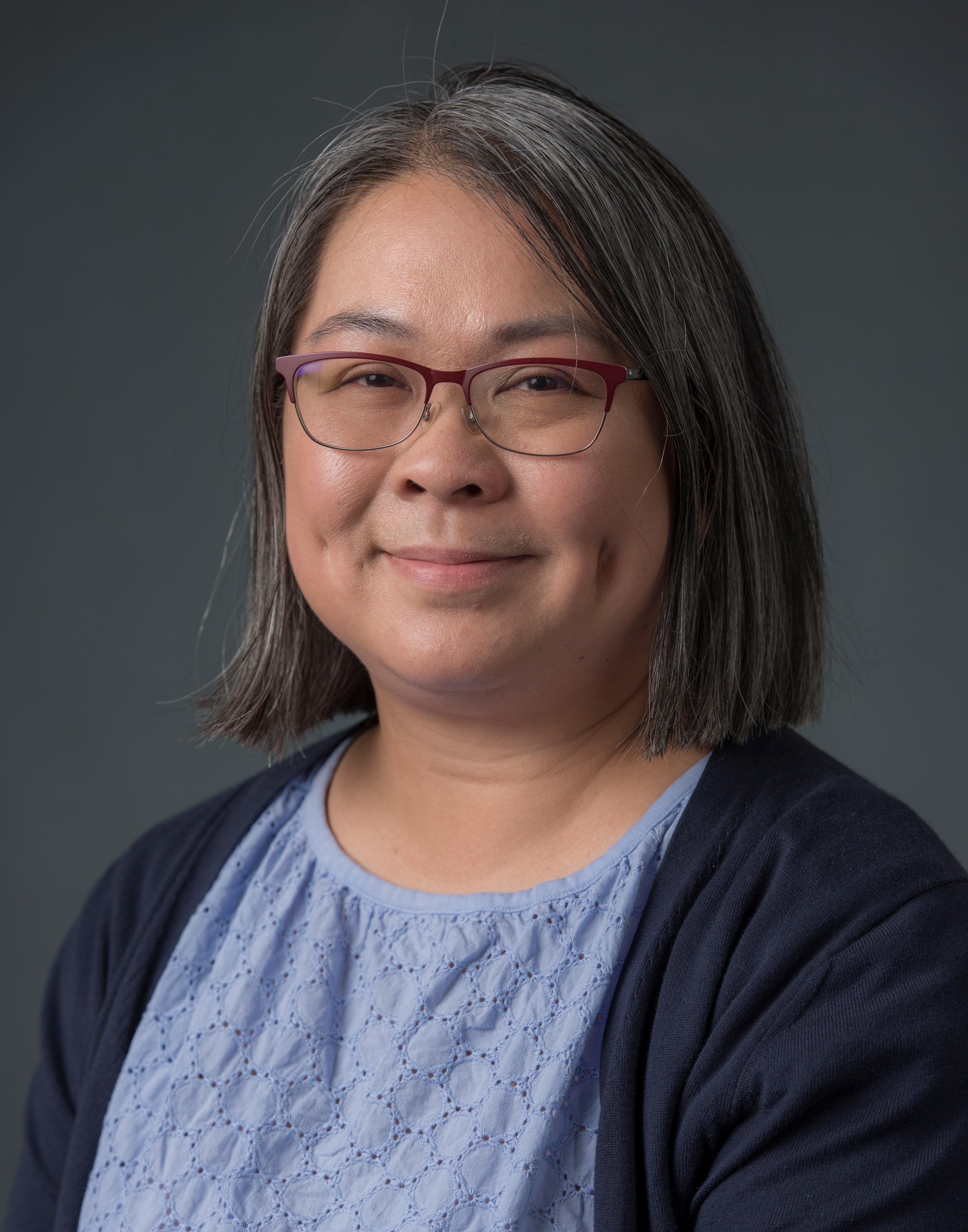
Helen Look, Advisor
Helen Look is a food allergy advocate from Ann Arbor, Michigan. She is an academic librarian with over ten years of experience in public health. Helen has published and presented on topics of diversity, equity, inclusion, and accessibility within librarianship and higher education. She is currently serving as Co-Chair of the Asian/Pacific American Award for Literature where she champions diversity in literature. Helen’s long-term commitment and advocacy efforts have been recognized on multiple occasions on local, state, and national levels.
Her oldest daughter was diagnosed with multiple food allergies as an infant. As a food allergy parent, Helen remains steadfast in her commitment to addressing racial health disparities and identifying better ways to provide support to underserved populations within the food allergy community. Helen has worked on various community outreach projects in Ann Arbor. She currently serves as a FAACT-recognized support group leader for the No Nuts Moms Group Food Allergic Families of Ann Arbor.
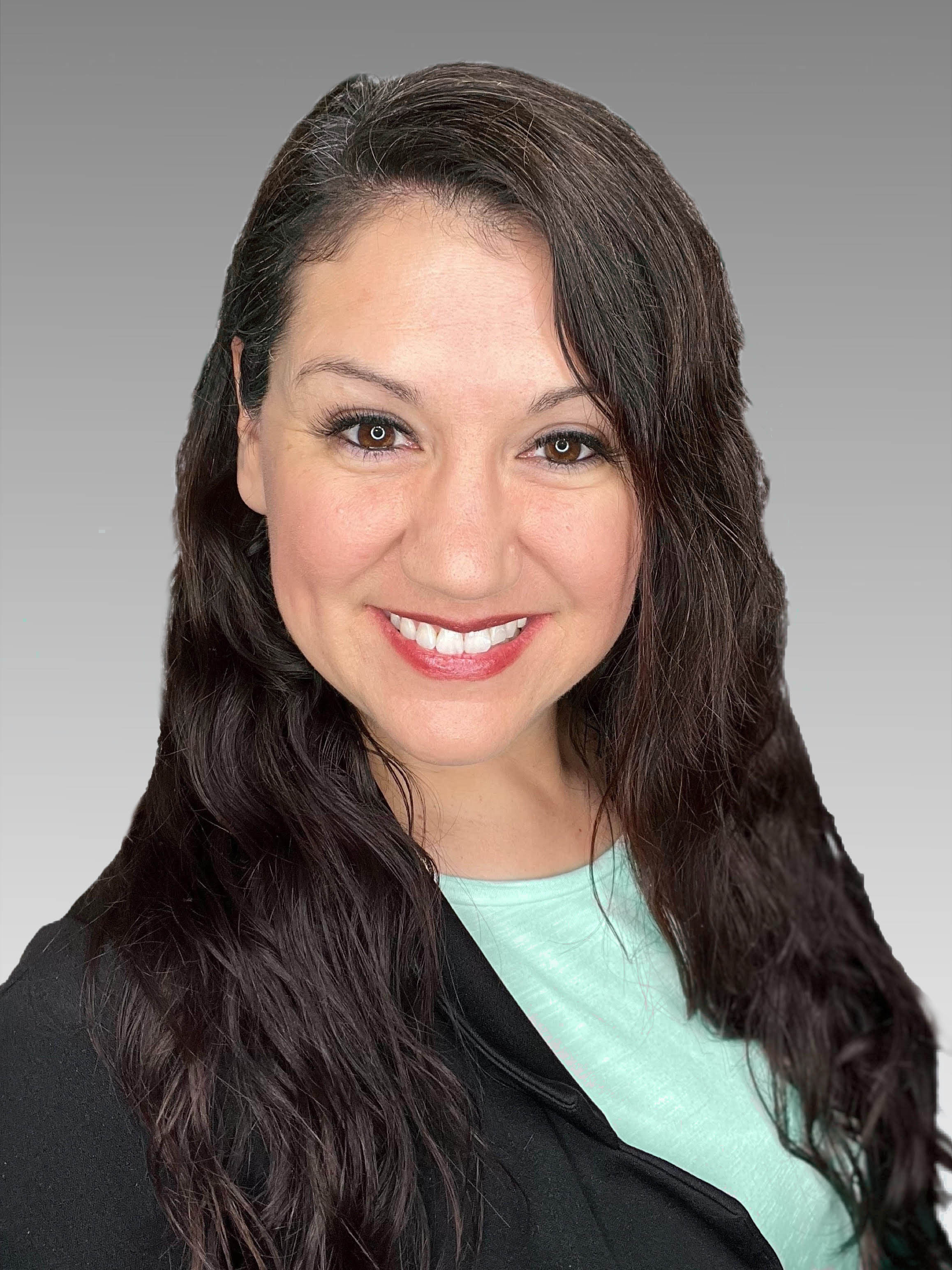
Lisa Horne
Director, Marketing
Lisa Horne is the mom behind the blog, “Food Allergy P.I.” She also hosts the “Food Allergy Talk” podcast and is the author of The Everything® Nut Allergy Cookbook. She lives in rural southeastern Arizona with her husband and five children, all of whom she homeschools through junior high. Her oldest child is allergic to peanuts and shellfish and has asthma.
Lisa first became involved in the food allergy community in 2009 through the Food Allergy & Anaphylaxis Network’s (FAAN) Walk for Food Allergy as their Phoenix Walk Chair. She later founded and directed the Arizona Food Allergy Alliance (AFAA), which hosted Zoo Walks for Food Allergy in Flagstaff, Phoenix, and Tucson as well as several conferences, park days, holiday parties, and an annual summer camp called Camp Ye bik’ehgo (Ye bik’ehgo means “responsible” in Apache). In 2012, Lisa pushed for legislation to allow stock epinephrine to be available for all students in Arizona schools. It was passed into law in 2013.
Lisa was featured in Allergic Living magazine as “The Ultimate Food Allergy Connector.” In 2018, she began focusing her energy on reaching out to the food allergy community through her blog, “Food Allergy P.I.,” where she takes on the role of detective in all things food allergy related as she shares her own experiences with travel, dining out, product finds, and recipe creation. In 2021, Lisa published The Everything Nut Allergy Cookbook and launched her podcast, “Food Allergy Talk.”
Lisa has a Bachelor of Science degree in Business Marketing. She is a Certified Holistic Nutritionist and working on a certification with an emphasis on autoimmunity. Prior to working in the food allergy world, Lisa worked in radio broadcasting for 10 years as a traffic reporter, news anchor, and DJ. She has also worked as a freelance writer for several local publications, including The Arizona Republic, Raising Arizona Kids magazine, and the 202 Magazine.
As FAACT’s Director of Marketing, Lisa will manage the organization’s social media marketing and outreach. Look to connect with FAACT on Twitter, Instagram, Facebook, Pinterest, and LinkedIn.
You may reach Lisa at Lisa.Horne@FoodAllergyAwareness.org.
.jpg)
Lisa Horne
Director, Marketing
My husband’s grandmother made these amazing treats called Scotcharoos when we were first married. They are basically rice cereal treats with peanut butter, butterscotch, and chocolate. I decided to recreate them at home.
I was holding my then 8-month-old son, Stetson, while I was snacking on a square of Scotcharoos. He was curious about what I was eating, so I pinched off a bite and gave it to him. He broke out in several tiny little hives around his mouth. I didn’t think much of it because I had no experience with food allergies and there were no other signs or symptoms. My husband was concerned enough to call the charge nurse at our local hospital. The nurse told us that it just probably meant Stetson had an allergy to peanuts and not to worry.
I have always wondered why that nurse did not give us more information about food allergies or tell us to follow up with an allergist. Why she didn’t tell us to be cautious because future reactions could be life-threatening. At the time, not knowing anything about food allergies, I truly didn’t consider that this was a big deal.
Fast forward 9 months, and I wanted to give my son his first PB&J. I love peanut butter and jelly sandwiches and wanted to share a food I loved as a child with my child. I cut one of those pre-made refrigerated sandwiches in half and tried to get him to give it just a little bite. He wanted nothing to do with it. Looking back, it was as if he knew it was not safe for him.
I tried to get a little bit of the sandwich on the tip of my finger and touch it to his mouth in hopes he’d get a taste and want more. Instead, he began screaming and wiping at his face. I turned around for less than a minute to wet a rag so that I could clean his face. When I turned back, he had smeared the small dollop of PB&J all over this face and into his eyes, and his whole face was puffed up. His long, dark eye lashes were lost in his now puffy eyes. He had also stopped crying and was changing color.
I grabbed him out of his high chair and, without a purse or shoes, drove him to the Emergency Room, which happened to be about a mile from our home. I rushed to the front desk, told them I had given him peanut butter, and the nurses took over. They whisked him away and began checking his vitals and putting tubes and medicines in him.
He didn’t look like himself for days after being released from the hospital. He also didn’t act like himself. He clearly didn’t feel well from the allergic reaction and medications administered. This time we were directed to follow up with an allergist and advised to get a prescription for epinephrine.
It was traumatic. I wanted to ensure that my sweet baby boy never felt or experienced this ever again. I had also learned that this allergy was life-threatening. Food could kill. That knowledge is life changing. It is a heavy load to carry for both the child and the caretakers or parents involved in that child’s well-being.
While I waited for our allergist appointment, I began searching the internet for as much information as I could get my hands on. That is where I learned about a local food allergy walk that was looking for someone to assist in fundraising. I enjoyed working with the food allergy community and engaging in support, education, and awareness. That led to me founding a statewide nonprofit, freelance writing for local publications, starting a blog and podcast, and now working with FAACT.
Years after his first reaction to peanuts, we found out that Stetson is also allergic to shellfish after a hands-on encounter at the local zoo’s stingray exhibit. Stetson is now 14 years old. I have enjoyed watching him learn, grow, and experience all that life has to offer. He lives a very active life, going to scouting camps and summer camps, traveling on cruise ships out of the country, going to friends’ houses, being on sports teams, and more.
My goal with FAACT is to help bring education, awareness, and advocacy to others living with food allergies, as well as support for them and their caregivers, so they too may live a full life.

Genentech supports FAACT's Behavioral Health Resource Program and Diversity, Equity, & Inclusion initiatives along with FAACT's Camp TAG (The Allergy Gang), Leadership Summit, and FAACT's Roundtable Podcast.

Jeff Duty
Board Chairperson
Born and raised in Texas, Jeffrey has had food allergies since he was an infant, which in that day and age was a difficult diagnosis. Jeffrey is allergic to several food items including wheat, dairy, alcoholic beverages, and chocolate. Jeffrey has enjoyed working with Food Allergy and Anaphylaxis Network (FAAN) on several initiatives prior to joining FAACT’s Board of Directors. Jeffrey's son, Kenton, also has food allergies.
Duty has been a business consulting executive for 24 years. He has consulted in many industries. Duty has also worked with all sizes of companies. He has worked in one-person start-ups to Fortune 100 companies. Duty has been accountable for understanding his clients’ business initiatives and challenges and strategically building the appropriate team to deliver the work products to achieve those initiatives and challenges. He has been responsible for also aligning the technological development and incorporating the business strategy enabling his clients to shape their company and be a leader in their industry.
Duty has previously worked as a Business Executive Consultant at IBM, responsible for development and execution of multiple consulting organizations. He has also previously worked as a Business and Information Technology Consultant at Dun & Bradstreet Corporation. He holds a bachelor of business administration degree from University of North Texas. Duty is committed to educating and raising awareness for food allergies and anaphylaxis, and is looking forward to furthering FAACT's mission.
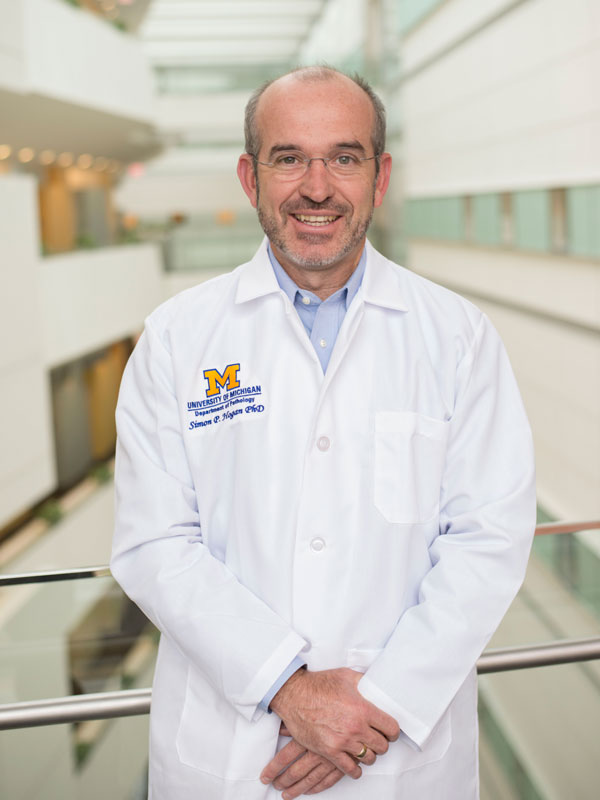
Simon Hogan, PhD
Research Professor of Food Allergy and Professor of Pathology
Professor of Pathology, Experimental Pathology
Askiwith Research Professor of Food Allergy
Professor, Experimental Pathology, Department of Pathology
Research Professor, Mary H. Weiser Food Allergy Center
Michigan Medicine
University of Michigan
Ann Arbor, MI
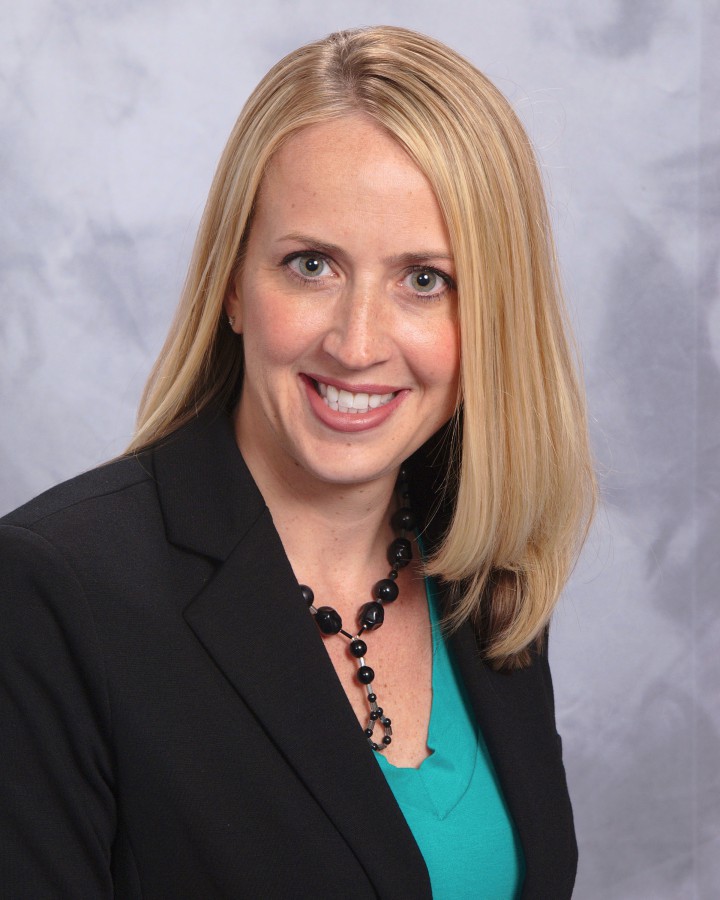
Lisa Rutter
Director, Support Group Development
Lisa is a native of Ohio who currently lives in Michigan with her husband and two sons. Lisa has been managing food allergies since 2011, when her oldest son was diagnosed with a peanut and tree nut allergy at the age of three years old. Lisa knows first-hand how isolating and overwhelming it can be when you first get a food allergy diagnosis, and she is dedicated to supporting, educating, and connecting other people living with food allergies. Lisa is the Founder of a food allergy group called NNMG Food Allergic Families, formally known as No Nuts Moms Group. Her passions are her family and educating others about food allergies.
When Lisa’s son was diagnosed with life-threatening food allergies to peanuts and tree nuts, she learned as much as she could to educate herself and everyone around her about food allergies. She soon realized that going on play dates with other kids was going to be challenging and searched everywhere for a food allergy group offering play dates for moms and children with food allergies. Lisa’s search ended in a dead end, so she decided to start her own group for food-allergic families looking to meet and connect with others in the area. The word about No Nuts Moms Group quickly spread, and requests for local groups in the United States and Canada came rolling in. Lisa gave other moms a chance to start their own local groups, and now No Nuts Moms Group is internationally known for supporting and connecting people with food allergies. When Lisa started the group, she had no idea about the impact she would make in the food allergy community. Lisa has helped thousands of families across the country.
Lisa has set up educational food allergy booths at local schools and other venues in Michigan. By doing so, she has reached out to other families that didn’t have access to epinephrine for their children and didn’t understand the seriousness of food allergies and anaphylaxis. She also plans food-free events for food-allergic families, such as Halloween and Easter events. Lisa was also instrumental in getting the Stock Epinephrine Bill passed into law in Michigan.
As FAACT’s Director of Support Group Development, Lisa will manage support group development throughout the country, as well as FAACT's education initiatives for the school setting and more. She will also continue to educate and raise awareness for those living with food allergies and anaphylaxis.
You may reach Lisa at Lisa.Rutter@FoodAllergyAwareness.org.
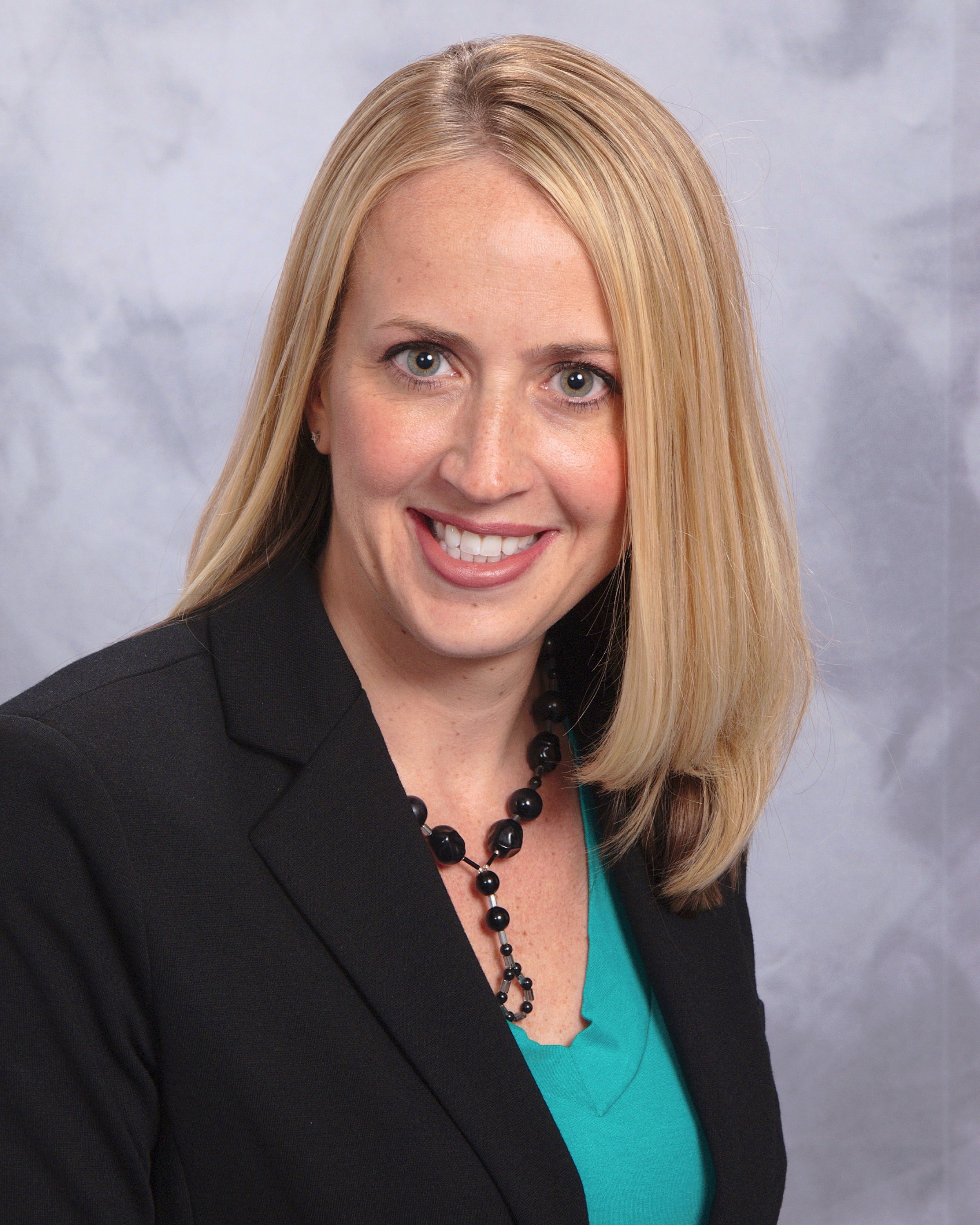
Lisa Rutter
Director, Support Group Development
I started my journey with food allergies when my son, Evan, had his first reaction at the age of 12 months. At the time, we didn’t understand food allergies or know what was going on. Evan had one little lick of some peanut butter ice cream and immediately developed a rash around his mouth. I reported this to our pediatrician, and he advised us to hold off on giving our son peanut butter until he was three or four years old.
Throughout the next couple of years Evan continued to have odd occurrences such as random projectile vomit and swollen eyes. All of these incidents were dismissed by our pediatrician as being “nothing,” and this left my family to just speculate that it was some type of illness or bug bites causing the swollen eyes. When Evan was two and a half years old, we relocated to Michigan. We had friends over to our new place for the first time. I decided to make peanut butter and jelly sandwiches for his playmates and just a jelly sandwich for Evan. So I made everyone’s sandwiches and then I rinsed and wiped clean the knife to cut Evan’s sandwich in half. Shortly after lunch, his eye was swollen so badly that he reminded me of the character in the movie “Rocky.” I flushed it with water and gave him Benadryl. I couldn’t figure out why this was happening again. Thankfully, the reaction went away. Around that same time, we were grocery shopping and Evan was given a peanut butter cookie from the bakery counter. He took a tiny bite, spit it out, and complained he didn’t like it. I then asked the bakery for a plain sugar cookie instead. Evan’s mood quickly declined and he became very cranky and agitated. I then took him into the bathroom and he started crying and then vomited everywhere. At the time, I thought he was just getting sick.
In March 2011, my son went in for testing at his allergist’s office. He was tested for peanut, tree nuts, pet allergies, and environmental allergies. My son was diagnosed with environmental allergies and severe food allergies to peanuts and tree nuts. This was a wake-up call for our family, and I immediately learned as much as I could about food allergies. Looking back now, I feel so ignorant, but I really was when it came to food allergies. If people around us would have been more knowledgeable about food allergies, we could have prevented so many close calls with my son’s life.
As FAACT’s Director of Support Group Development, I plan to work on support group development because education and support are so important for food-allergic families. I want to continue to raise awareness and spread food allergy education to everyone around us.
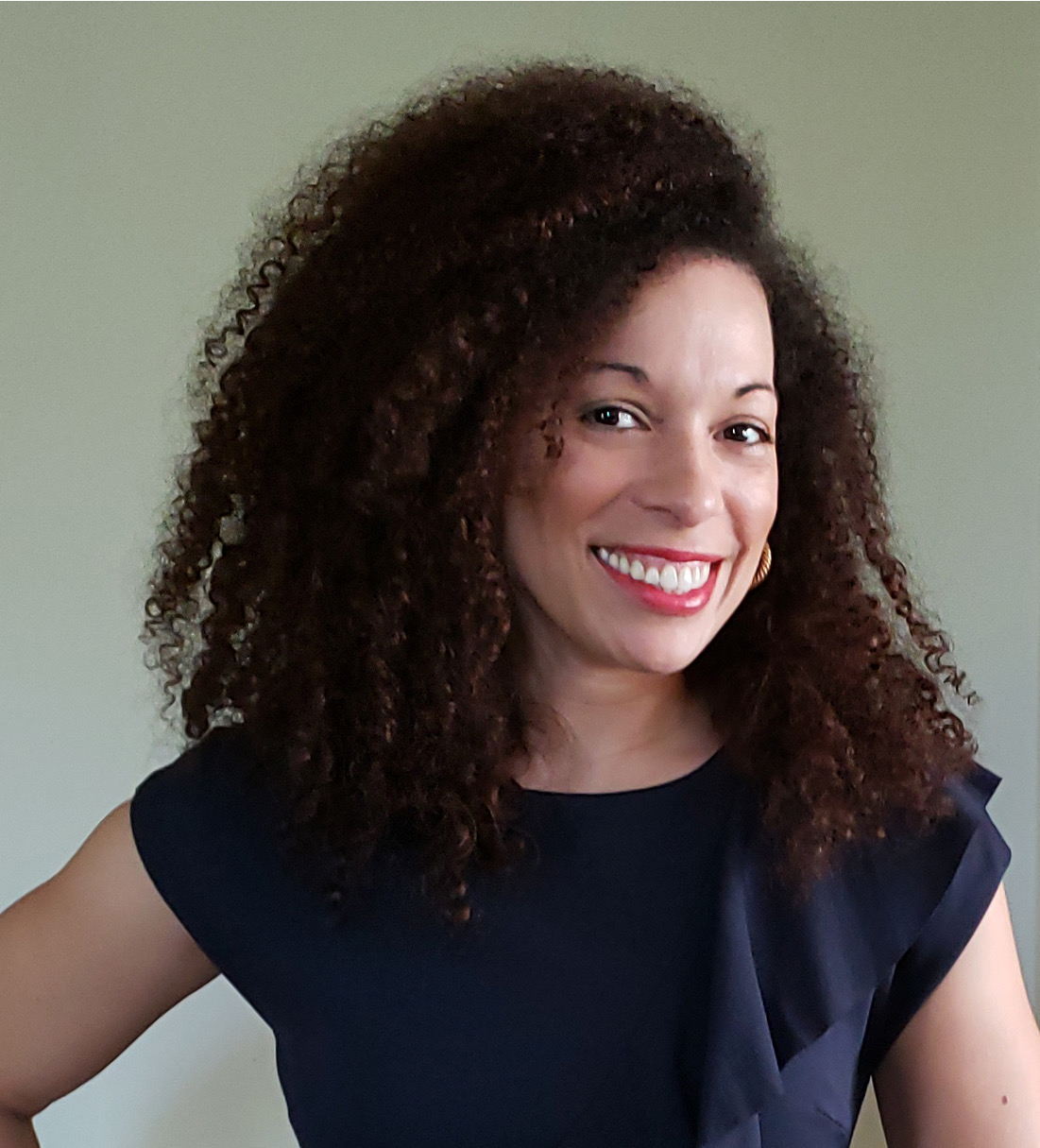
Erin Matthews, LCSW, Advisor
Erin Matthews is a psychotherapist and founder of Living In Empathy, LLC which helps white people unpack whiteness while taking steps to authentic action. Having received training in multicultural therapy and being a woman of color, Erin has spent years honing what does and does not work for clients. Erin works extensively with racism, inclusion, and acceptance of both one’s own racial and ethnic identity and being able to move through the world with confidence. Realizing how oppression and identity impact clients has been a crucial part of her work in helping clients move forward and feel high levels of self-worth. Being able to identify client’s struggles within their family, community, and social systems has allowed her to deepen the work that she does for clients. Erin feels strongly about education around how racism impacts both community and individuals in and outside of the therapy room. Working with white people who are unfamiliar with interacting with oppressed or marginalized populations has become an integral part of her desire to both educate and promote improving racial relations.

Novartis supports FAACT's Civil Rights Advocacy Resource Program and Diversity, Equity, and Inclusion (DEI) initiatives, as well as FAACT's Teal Love Shines Bright Food Allergy Summit, Winter Camp TAG program, and FAACT's Roundtable Podcast.

John Lee, MD
Director, Food Allergy Program
Co-Director, Eosinophilic Gastrointestinal Disease (EGID) Program Instructor in Pediatrics
Board-certified Allergist
Boston Children’s Hospital
Harvard Medical School
Boston, MA
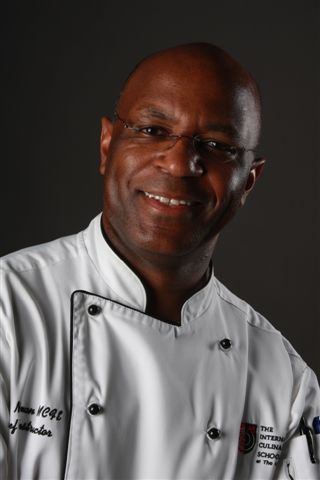
Keith Norman, Advisor
As a veteran Marine and with 20 years in the culinary arts field, Keith Norman brings a sense of discipline and order to everything he does, both in the business world and in the culinary world.
Chef Norman has a passion for food safety and sanitation that is apparent in his role as Assistant Executive Chef and Food Safety Manager for the South Point Hotel & Casino and as a culinary arts instructor at The International Culinary School at The Art Institute of Las Vegas. In both roles, Chef Norman is responsible for training and educating students and culinary professionals in one of the most important facets of the food service industry.
Chef Norman has worked his way up the culinary ladder at Las Vegas properties, including Bally’s, the Mirage, Treasure Island, Paris, Suncoast, and South Point hotels and casinos. He is a certified professional food manager, certified HACCP (Hazard Analysis and Critical Control Points) manager, NEHA (National Environmental Health Association) certified food trainer, NRA (Nevada Restaurant Association) certified food safety trainer, a certified registered OSHA (Occupational Safety and Health Administration) trainer and a master certified food executive. Chef Norman has trained through the FDA (Food and Drug Administration) in the areas of foodborne illness investigation, agro-terrorism and food systems disasters.
Chef Norman is also a member of the Casino Management Association, International Food Safety Council, Alliance of Black Culinarians, Nevada Food Safety Task Force, Stop Foodborne Illness, and is a member of FAACT's Board of Directors.
National Contributor Sponsors

Vincent A. Mukkada, MD
Board-certified Gastroenterologist, Department of Gastroenterology
Cincinnati Children's Hospital Medical Center
Assistant Professor, Department of Pediatrics
University of Cincinnati College of Medicine
Cincinnati, OH
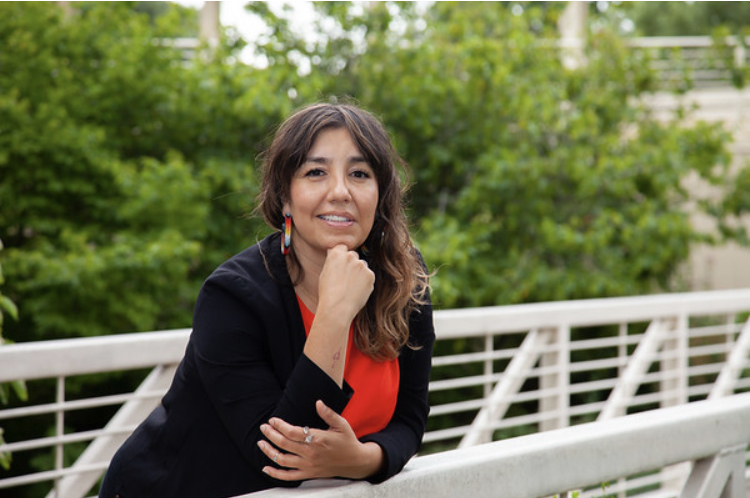
Nima Novak, M.S., CCC-SLP, Advisor
Nima Novak is an Indigenous Speech Language Pathologist from the Mohawk Tribe of the Iroquois Nation. She holds a Bachelor's of Arts in Psychology and a Master’s of Science in Speech Language Pathology. She has worked extensively in marginalized communities, specifically on the west side of Chicago, where she has seen first hand the negative effects of trauma on speech, language and fluency development. She is currently studying somatic therapies, NeuroAffective Touch, and Reiki to promote healing across the communities she serves, with the intention of loving kindness for all. Her focus on evidence-based practices and empirical research serves to bridge the worlds of healing and science which are often relegated to different categories. Nima’s holistic approach of resilience and education teaches how research-based mindfulness practices can be used to manage trauma in the body for both her students and colleagues experiencing the effects of secondary trauma. She is dedicated to empowering her students and all womxn to pursue their passions through the cultivation of resilience and self-worth. In her school based speech therapy and basketball coaching Nima takes a trauma-informed approach to support BIPOC and all students at every level.

Kaléo supports FAACT's education and awareness initiatives as well as our peer programs, which includes Camp TAG (The Allergy Gang) and Leadership Summit.
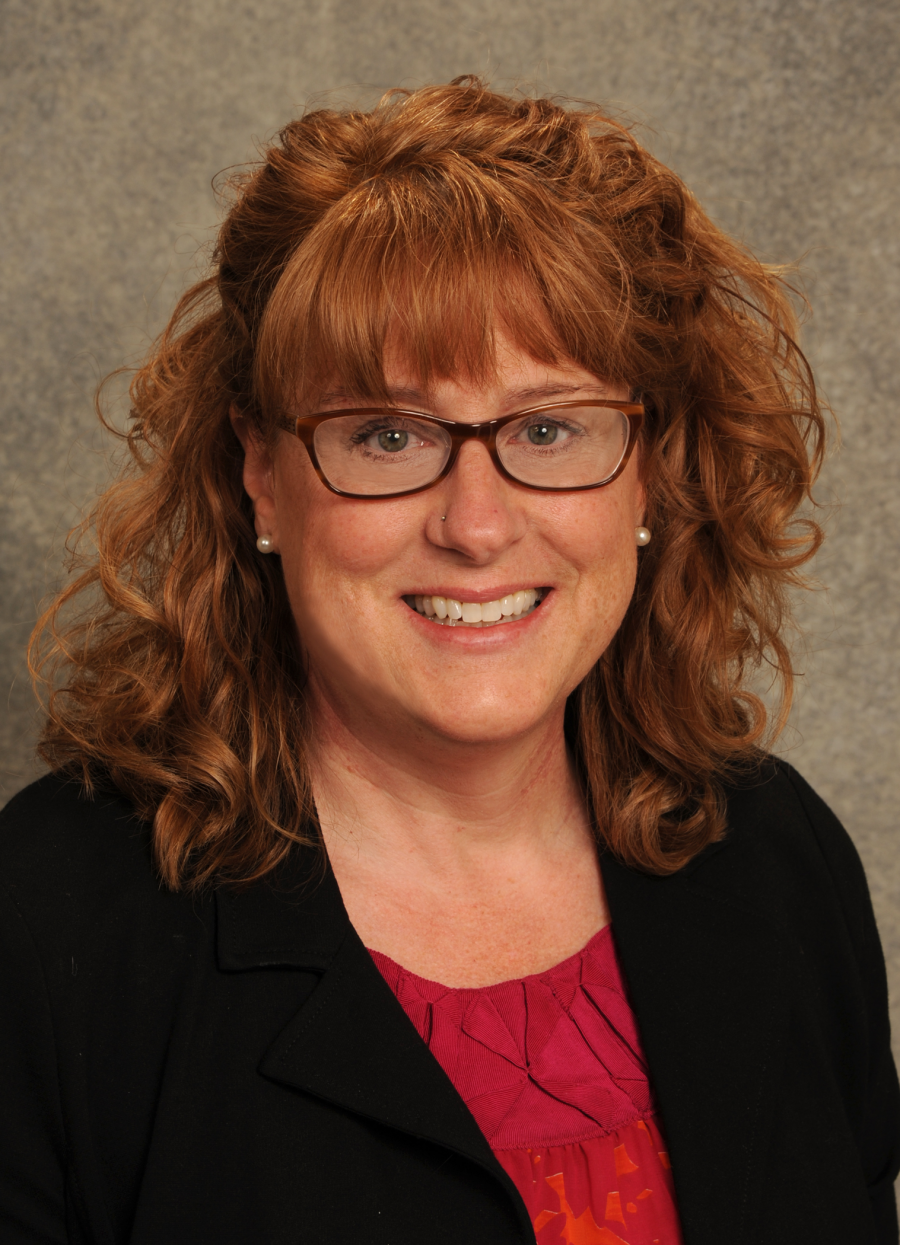
Jane Robinson, PhD
Associate Professor, Department of Pediatrics
Pediatric Psychology
Children's Hospital Colorado
University of Colorado Denver School of Medicine
Denver, CO
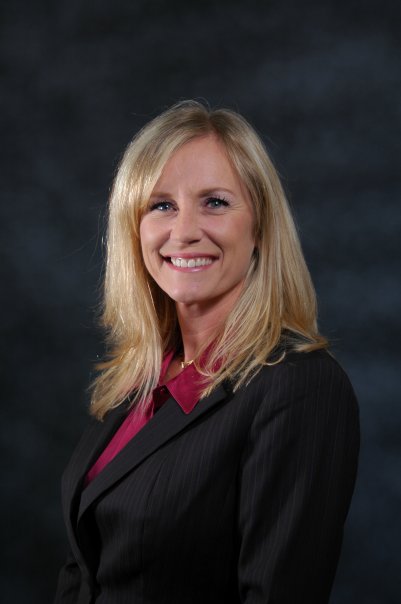
Christina Fanning
Board Treasurer
Chris Fanning is Vice President of Finance with the Jane Goodall Institute (JGI), a 501(c)3 organization with international operations, where she is responsible for all finance, accounting, audit, and information technology functions.
Chris brings to the FAACT Board of Directors more than 25 years of finance, accounting, and operational experience. She holds a BBA with a concentration in Accounting and an MBA. Her C-level experience spans more than 15 years in a variety of business structures, including private for-profit companies, government contractors, and not-for-profit organizations. For the past six years, her focus has been solely in the not-for-profit sector, including five years in the voluntary health charity space, where she served as the Chief Financial Officer for The Food Allergy & Anaphylaxis Network™ (FAAN) in Fairfax, Virginia, overseeing all finance, accounting, technology, human resources, and administrative functions. Chris is a wonderful advocate for the food allergy community and has spent time at many food allergy events, getting to know the families. Chris is committed to fulfilling FAACT’s mission and helping to raise awareness for food allergies and life-threatening anaphylaxis and to ensuring FAACT has the resources to succeed well into the future.

Nutricia North America supports FAACT's Camp TAG (The Allergy Gang) program, Leadership Summit, and our Behavioral Health Resource Program.
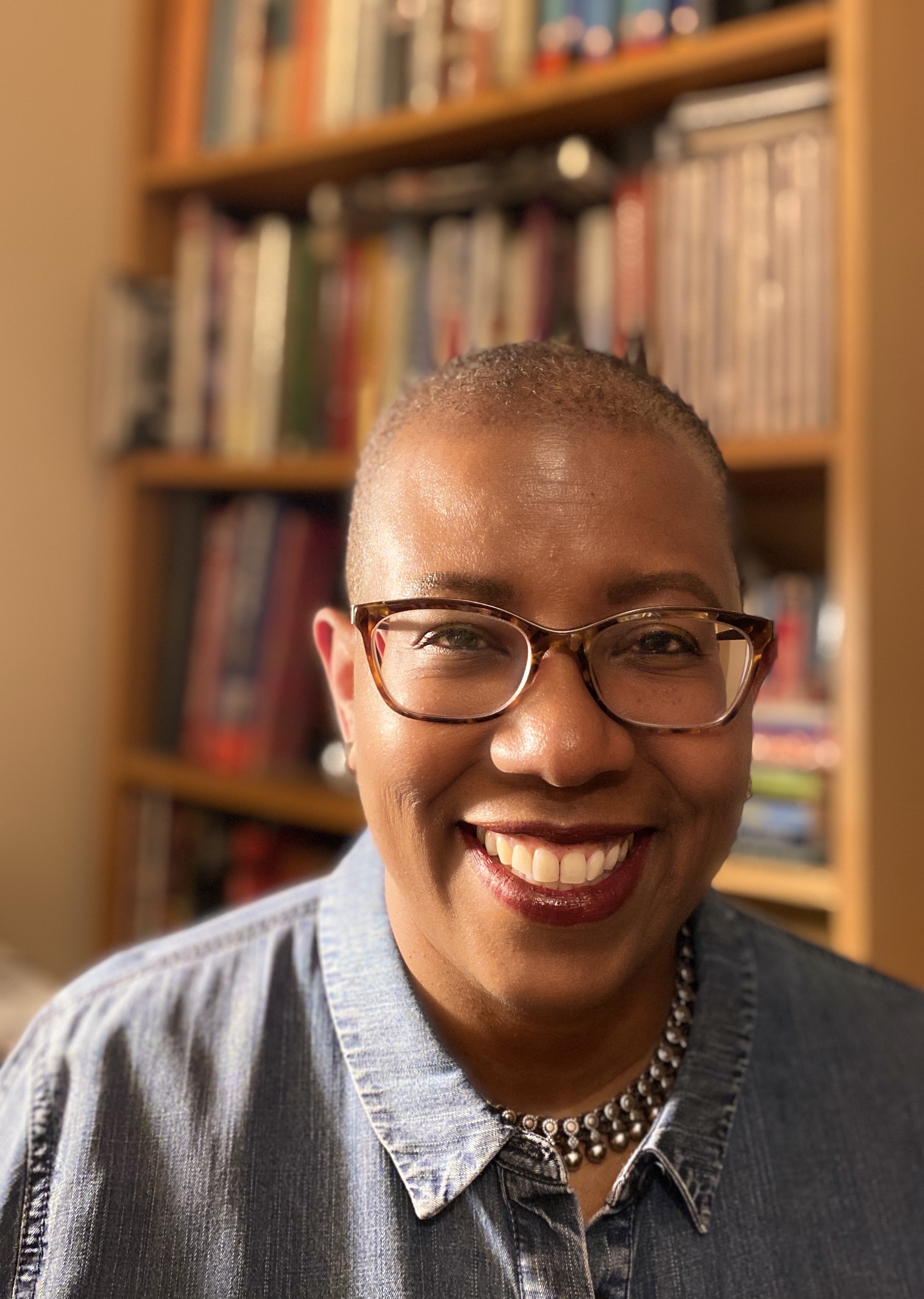
Karen Palmer, Advisor
Karen Palmer is a certified professional coach and consultant who supports emerging and established leaders who want to improve their capacity to motivate and inspire their teams. Her coaching practice serves clients in education, nonprofit, journalism, business, and the arts.
She worked for over 20 years as an assignment editor, producer, and senior producer at CBS News, CNN, and MSNBC on day-of-air, long-form, and special events programming. She received four Emmy Awards at CBS and shared a Peabody Award and a Headliner Award with her colleagues at CNN for coverage of the 9/11 attacks and Hurricane Katrina.
Karen has served a variety of advocacy, social service and educational organizations including the New York Women’s Foundation, Human Rights Watch, and the World Science Festival as a media trainer, presentation coach, and event producer.
She was recruited as the founding director of operations for a charter elementary school in her hometown of Brooklyn, NY, supervising student recruitment, health, transportation, meal programs, security, and human resources. After that, she started an operations consultancy to help more schools across New York City develop effective systems to support student learning and improve staff performance.
Karen is the mother of a teenager who was born with allergies to peanuts, tree nuts, eggs, fish, shellfish, and sesame, and later developed eosinophilic esophagitis, triggered by dairy. She is a longtime advocate for the needs of food allergy families in her community and in the schools where she works.
She graduated from Princeton University and received her coach training certification from the Institute for Professional Excellence in Coaching (iPEC).
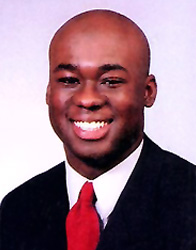
Luqman Seidu, MD
Owner, Omni Allergy
Adjunct Professor, Department of Pediatrics, Morehouse School of Medicine
Board-certified Allergist
Director of Allergy, SEED (SouthEast Eosinophilic Disease) Center of Atlanta
Affiliated with Children’s Healthcare of Atlanta
Atlanta, GA

Vermont Nut Free Chocolates supports FAACT's Camp TAG (The Allergy Gang) and Leadership Summit. Vermont Nut Free Chocolates also provides In-Kind donations for all of our programs, as well as host four fundraisers throughout the year for Valentine's Day, Easter/Passover, Halloween, and Hanukkah/Christmas, donating 25% of the sales back to FAACT. The fundraisers give back over $10,000 to FAACT annually to support our education, advocacy, and awareness initiatives.

Thomas Silvera, Advisor
Thomas Silvera holds a degree in Surgical Technology and is currently pursuing his Bachelor's degree in Health Education and Sciences. Following his Bachelor degree, he plans to obtain a Master's degree in Public Health and Epidemiology.
Thomas and his wife, through their grief, created The Elijah-Alavi Foundation in honor of their son Elijah-Alavi who passed away on November 3, 2017 from anaphylaxis due to a food allergen that was given to him while attending a NYC daycare. As a food-allergic parent with another son with food alleriges, Thomas has been working to create lasting change in the food allergy community and beyond.
Thomas has been working tirelessly to create change in legislation. He advocated in the passing of Elijah's Law, named after his son, which was signed by Governor Andrew Cuomo on September 12, 2019.
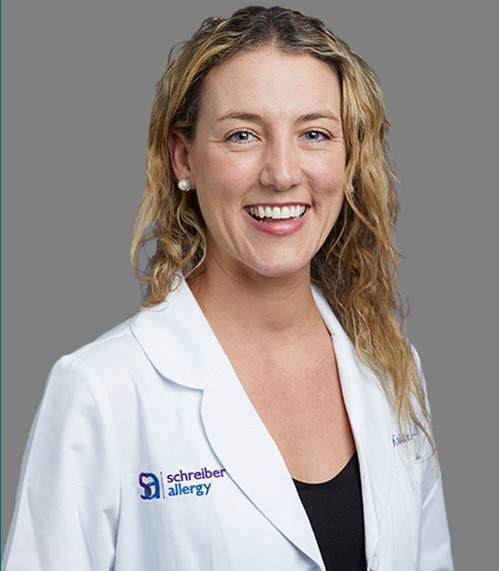
Kristin Sokol, MD, MS, MPH, FAAAAI
Board-certified Allergist & Immunologist
Board-certified Pediatrician
Schreiber Allergy
Rockville, MD
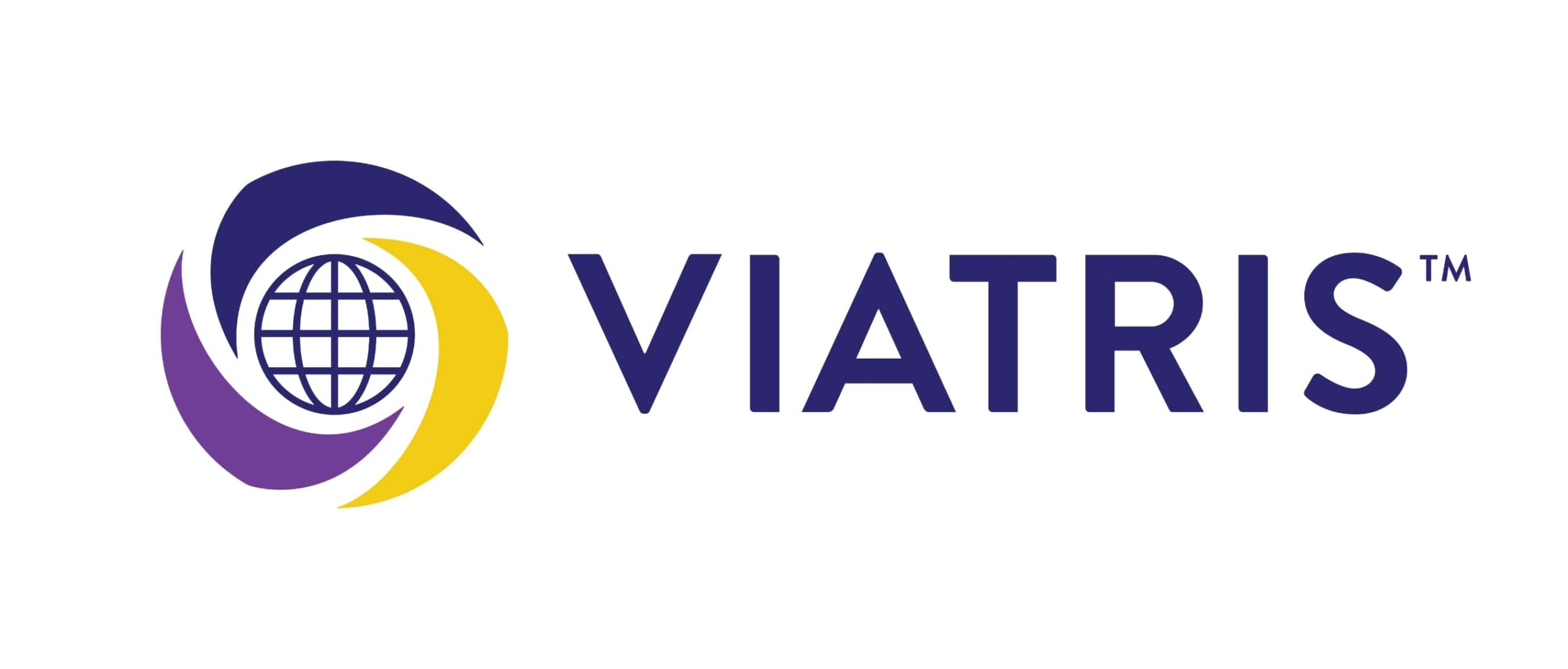
Viatris (formerly known as Mylan) supports FAACT's education and peer programs, Civil Rights Advocacy Program, Behavioral Health Resource Program, Camp TAG (The Allergy Gang), and Leadership Summit.
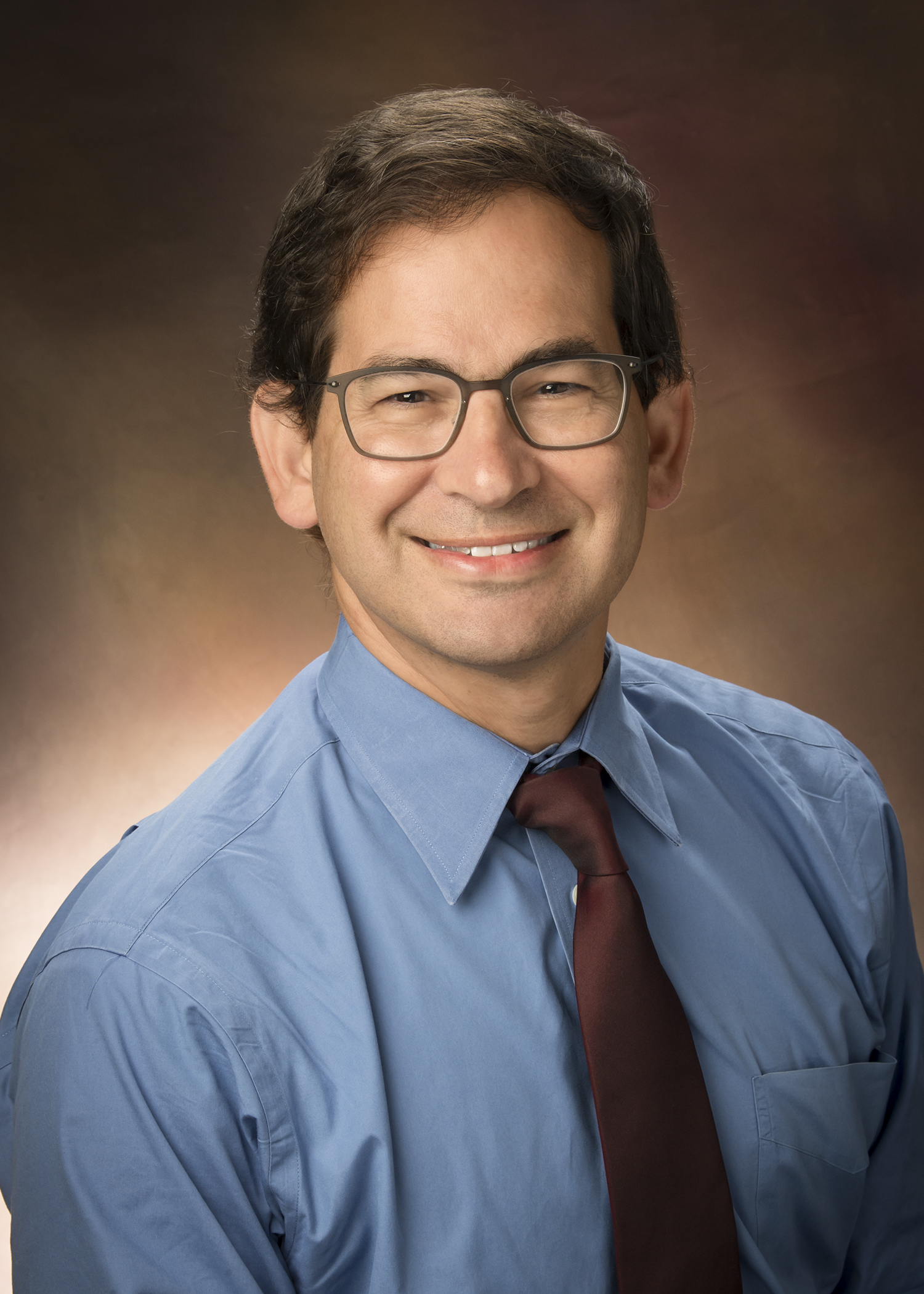
Jonathan Spergel, MD, PhD
Chief, Allergy Section; Board-certified Allergist
Co-director, Center for Pediatric Eosinophilic Disorders
Associate Professor of Pediatrics, Perelman School of Medicine at the University of Pennsylvania
Children’s Hospital of Philadelphia
Philadelphia, PA
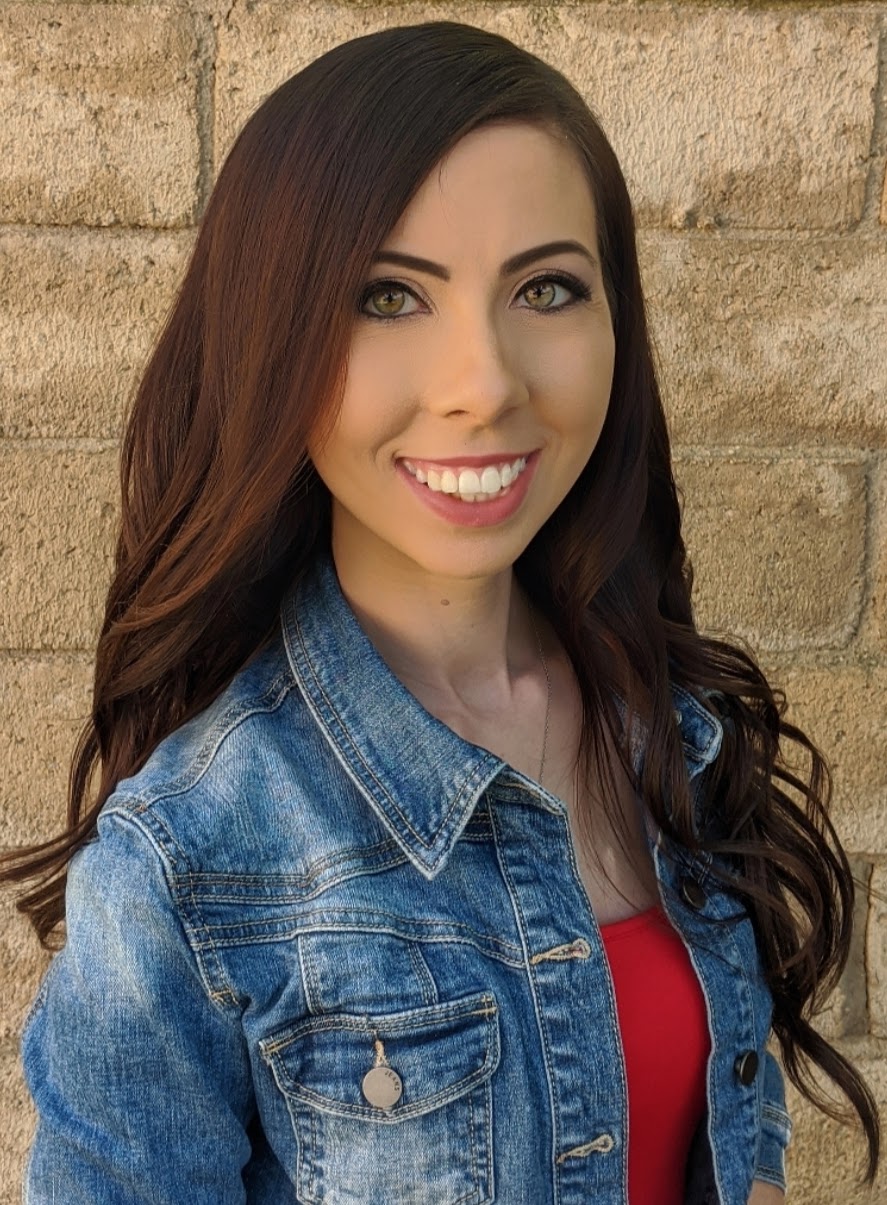
Ashley Smith, Advisor
Ashley Smith, a native of Michigan, moved to California in 2009. As a food allergy parent for over ten years, she has learned how to live life to the fullest while managing multiple food allergies, environmental allergies, idiopathic anaphylaxis, oral allergy syndrome, and asthma. She knows firsthand how isolating and overwhelming one can feel when trying to advocate alone on behalf of their child. She has advocated against food allergy bullying and strives to achieve full inclusion for all children regardless of their health conditions, race, or socioeconomic status.
Ashley has proudly served the Los Angeles community and surrounding areas as a FAACT-recognized support group leader for the No Nuts Moms Group Food Allergic Families of Los Angeles since 2014. In addition to providing online support, she enjoys utilizing her creativity to organize allergy friendly events and uses social media to share her journey as a food allergy parent.
A committed advocate for increasing food allergy awareness and education, Ashley has provided schools, serving low-income students, various awareness & educational materials. For food allergy awareness week, she has had several proclamations for the City of Los Angeles signed by Mayor Garcetti. Ashley has appeared in the 2015 PBS documentary, Natural Health Breakthroughs with Brenda Watson. She has also been interviewed by local university journalists and Allergic Living magazine.
With a background working in early education and childcare, she also takes pride in her commitment to her community by serving various PTSA board positions, community partnership committees, and is a regular parent volunteer at her children’s schools. Her interests include studying American Sign Language, creative arts, and history. While her greatest pleasure is spending time with her family, she also enjoys traveling, cheering on her son’s various extracurricular activities, and decorating cakes. A 2015 graduate from Pennsylvania State University, Ashley has a Bachelor of Arts Degree in Psychology.

Walmart supports FAACT's awareness and outreach initiatives, which includes FAACT's Non-Food Fun awareness campaign for Halloween.
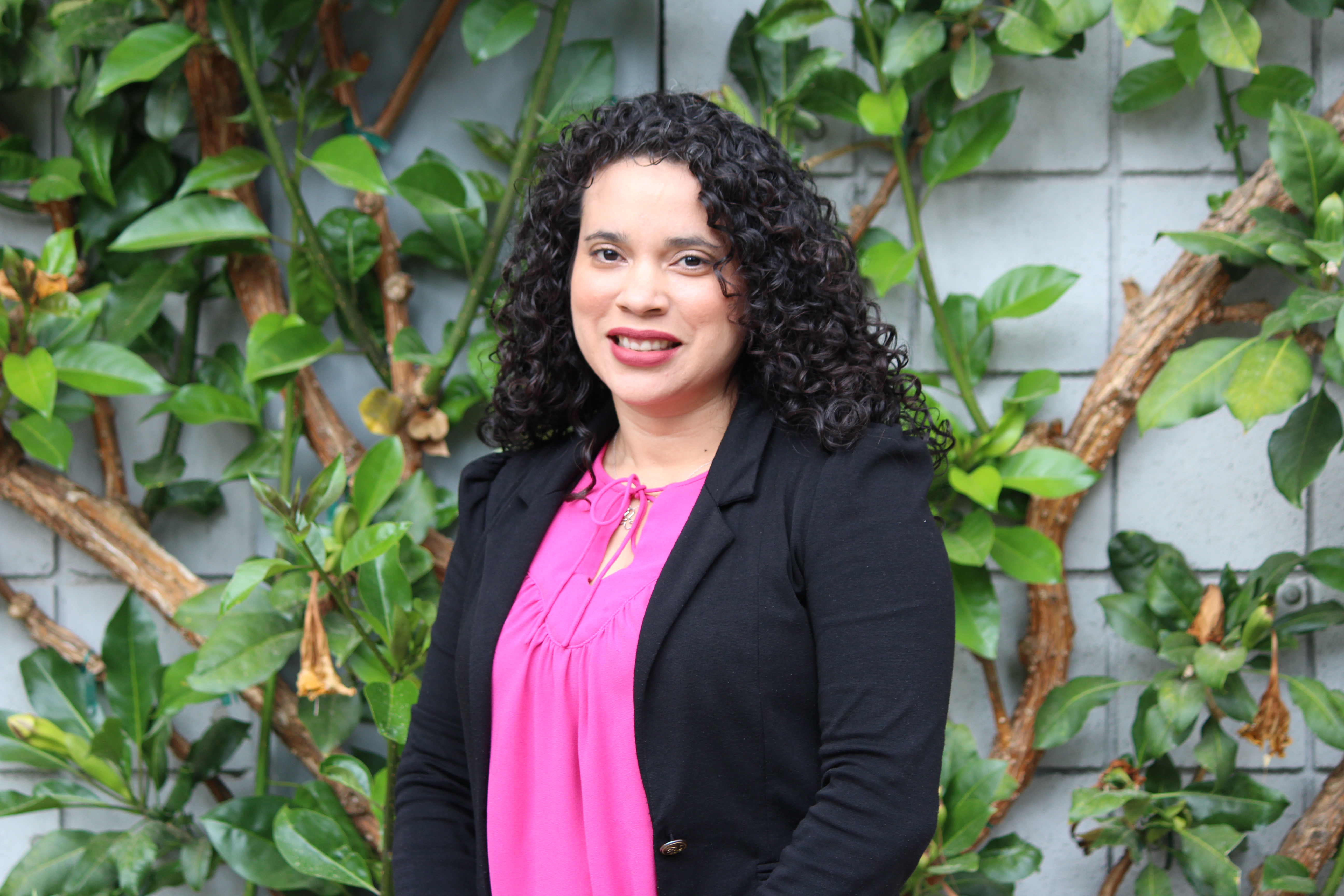
Carolina Soto, MSW, Advisor
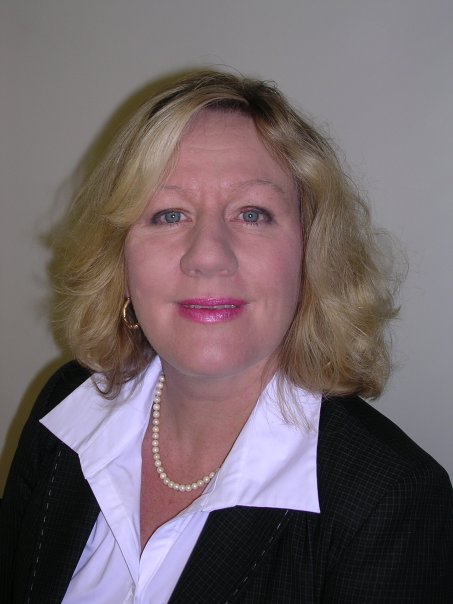
Sara Shannon
Board Secretary
Sara Shannon is an active member of the North American allergy/asthma community. Sara’s daughter Sabrina Anne was born on May 29, 1990. When Sabrina was diagnosed with multiple food allergies and asthma, Sara became an advocate and educator on behalf of her daughter.
When Sabrina was nine years old, her mother encouraged her to produce a radio documentary, “A Nutty Tale,” about her food allergies for the Canadian Broadcasting Corporation (CBC). At the time, Sabrina was the youngest producer at CBC, and the radio documentary she made brought her story to national attention.
Tragically, Sabrina suffered a fatal anaphylactic reaction at age 13 during her first year of high school. Sabrina died at Children’s Hospital of Eastern Ontario (CHEO) in Ottawa on September 30, 2003. When Sabrina was dying, Sara held her hand and made a promise to her that she’d do everything possible to prevent a similar tragedy from happening to another child’s family. Sara immediately sent a letter requesting an investigation. One year later, the first press conference regarding anaphylaxis was held at CHEO in Ottawa. Dr. McCallum, the hospitals supervising coroner at the time, recommended sweeping changes to anaphylaxis management in Ontario schools due to Sabrina’s avoidable death.
In 2005, Sara testified to the Ontario Government Standing Committee regarding her daughter Sabrina’s life and death. Inspired by her life and memory, Sabrina's parents and other members of the allergy community have kept her spirit alive by advocating for safer school communities and raising allergy awareness across Canada. Their efforts resulted in passage of “Sabrina’s Law” in Ontario, a landmark piece of legislation that continues to influence school board policies across the country.
CNN’s Chief Medical Correspondent Dr. Sanjay Gupta received the Clarion award for his report, "Sabrina’s Law,” which aired in May 2005. Dr. Gupta travelled to Pembroke and interviewed Sara Shannon as well as Sabrina’s friends and teachers.
Sara has received numerous awards for her advocacy work, including the Upper Ottawa Valley Citizen of the Year, the “Daniel P. Moynihan Public Awareness Award” from the Food Allergy Initiative, the North West Food Allergy Initiative Award for Recognition of Commitment to Food Allergy Advocacy, an “Allergies in Courage” award in Dallas, Texas, and numerous awards of recognition from Anaphylaxis Canada, including the 2011 National Volunteer Award.
A documentary produced by Lank/Beach Productions, Merit Motion Pictures, and The National Film Board of Canada called “Sabrina’s Law” profiles Sabrina Shannon as a young food allergy advocate who died at age 13 and documents Sara Shannon’s journey in keeping a promise to her daughter. “Sabrina’s Law” is highly recommended viewing for educators.
For a decade, Sara has been a featured speaker at annual national walks sponsored by Allergy Asthma and Information Association to raise money for the Canadian Society of Allergy and Clinical Immunology. On September 30, 2012, Sara was moved at the FAAN Walk for Food Allergy in Chicago when the participants blew bubbles in memory of Sabrina.
In 2012, Sara contributed to an allergen research project, “Exploring Social Exclusion among Youth with anaphylaxis,” conducted by the University of Waterloo and University of Toronto. The paper was published and Sara presented a section at a conference.
Sara also travels often to raise awareness about anaphylaxis and life-threatening food allergies. She is also working to keep her daughter’s memory alive. Sara’s hope is that there will be a cure for anaphylaxis. Sara knows the importance of education, knowledge, and awareness. Sara would like “Sabrina’s Law” or laws like it to be passed in all places.
Friends of FAACT Sponsors
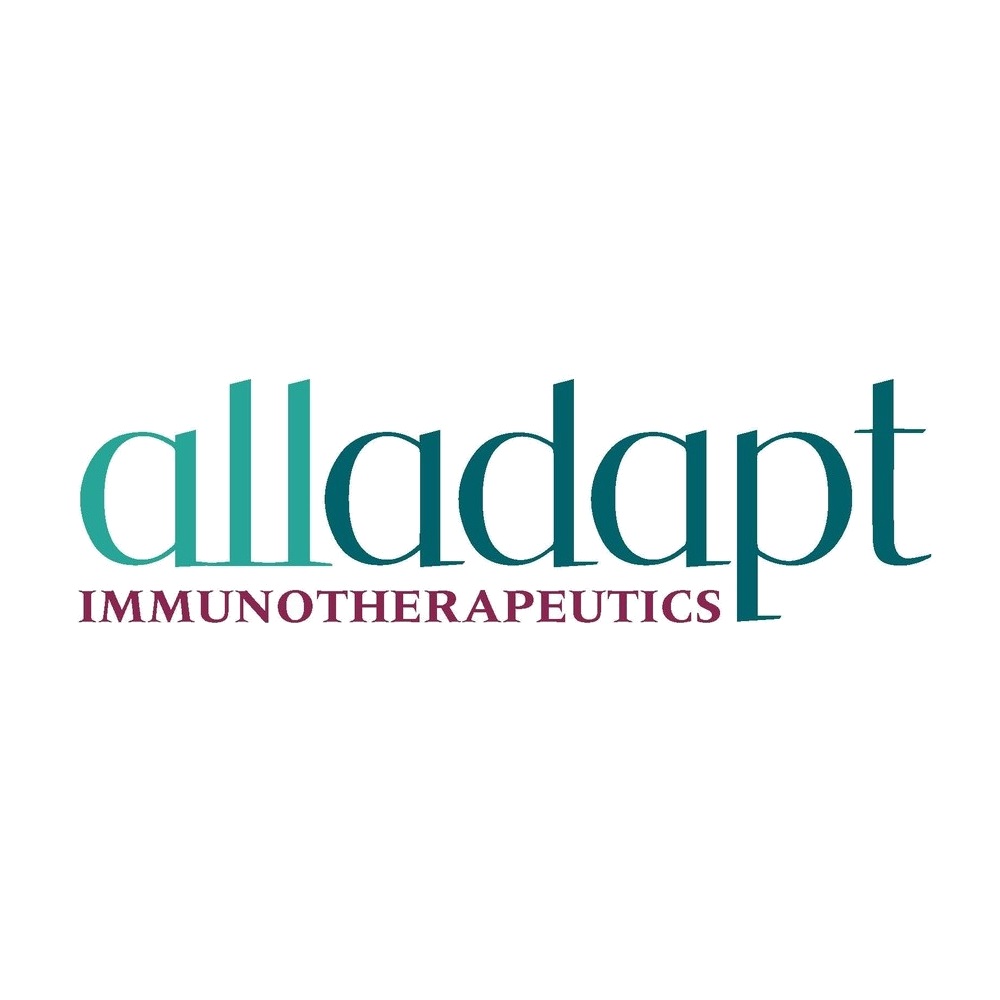
Alladapt Immunotherapeutics supports FAACT's Food Industry & Research Summit and Leadership Summit, as well as education and awareness initiatives.

AllerGenis supports FAACT's Food Industry & Research Summit and Leadership Summit, as well as education and awareness initiatives.
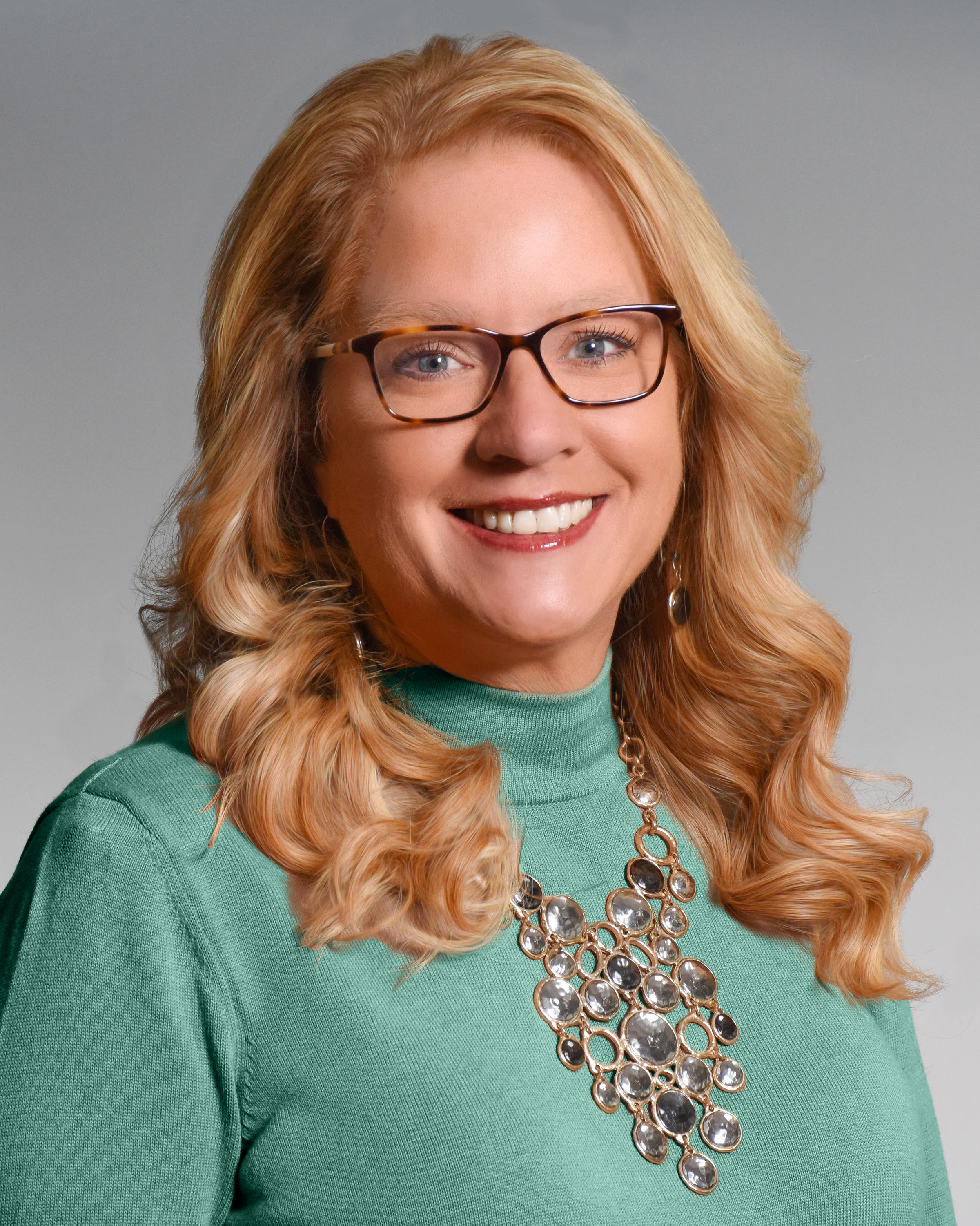
Eleanor Garrow-Holding
Chief Executive Officer/President and Founder
Eleanor Garrow-Holding has worked, educated, and advocated in the food allergy community for almost 10 years. She was inspired to start this work after her son, Thomas, was diagnosed with life-threatening food allergies to tree nuts, peanuts, wheat, and sesame; eosinophilic esophagitis (EoE) triggered by milk and wheat; asthma; and environmental allergies.
As CEO of the Food Allergy & Anaphylaxis Connection Team (FAACT), Eleanor provides leadership, development, and implementation for all of FAACT’s initiatives and programs, including Camp TAG (The Allergy Gang) – a summer camp for children with food allergies and their siblings that Eleanor founded in 2009. Eleanor has a Bachelor of Healthcare Administration degree from Lewis University in Romeoville, IL, and worked in hospital management for 15 years in Chicago and suburban Chicago prior to working in the nonprofit sector.
.jpg)
ARS Pharma supports FAACT's Food Industry & Research Summit and Leadership Summit.

Andrew Eisenberg
Andrew Eisenberg is a business leader with more than three decades of successful experiences with mature and early-stage companies. He has built his career solving problems and scaling businesses in the health and wellness, technology, consumer product, and entertainment markets.
He was most recently President of Awearables, LLC (DBA AllerMates). Having joined the company in its infancy, he built it to become one of the best known and fastest growing brands in the children’s health and wellness market. While there, he dramatically expanded sales channels and product lines, negotiated marketing and licensing agreements with top pharmaceutical and allergen-safe food companies, and created one of the largest online education and community destinations for parents of kids with allergies. He is pleased to have created a safer environment for, and helped to educate, hundreds of thousands of children with allergies, asthma, diabetes, and other medical conditions.
Prior to Awearables, Andrew was a Lead Consultant with Anichris, Inc. and Energy Media Group, LLC, where he created innovative product and marketing strategies for clients in healthcare, technology, and consumer goods.
His previous, management successes include two content platform companies. As VP Business Development for Brand Asset Digital, a disruptive technology company in the online music and entertainment discovery space, he led channel sales and engaged with clients such as Pepsi, GM, and Time Warner. He then led a spinoff of one of its business units into a new venture. Additionally, he was Founder/CEO of Handheld Media Group, where he created media assets for those engaged with handheld devices (such as the Palm and Handspring PDAs).
As a serial entrepreneur, Andrew has created and exited several successful ventures. Today, as Principal Consultant at Coastal CxO Services, he consults to add value for clients seeking to expand brands of early stage companies.
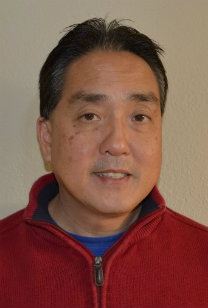
Brian J. Hom
Brian Hom has advocated in the food allergy community for more than twelve years. He has made it his personal mission to raise awareness of the dangers of food allergies and to help find a cure as well as the cause of food allergies so no other families have to suffer loss of life from food allergies. Brian’s 18-year-old son, BJ Hom, died on a family vacation in 2008 after eating a dessert that contained traces of peanuts. The family was visiting a resort in Los Cabos, Mexico, to celebrate BJ’s 18th birthday and his graduation from high school. BJ did not have an epinephrine auto-injector with him because his doctors thought his symptoms would always be mild that they never prescribed auto-injectable epinephrine. Brian has two younger sons, Brandon and Steven Hom. Steven, who is now age 18, has the same severe peanut allergy as his older brother BJ and is participating in the Phase 2 Viaskin Peanut Patch Study at Stanford University with Dr. Kari Nadeau to find a cure.
Brian chaired the California Bay Area FAAN Walk for Food Allergy in 2011 and 2012 and has raised more than $290,000 through these events. He was awarded the FAAN Family Advocacy Award in 2010 and was named “Outstanding Volunteer for 2013.” Brian advocated on Capitol Hill for the School Access to Emergency Epinephrine Act and appeared on Lifetime Network’s television show, “The Balancing Act,” to raise awareness of the dangers of food allergies. Brian filmed a YouTube video for Mylan Corporation called “Food Allergies Don’t Take Vacations” and has appeared on NBC News Bay Area and KPIX Channel 5 and many radio talk shows, sharing his son’s story to raise awareness of the dangers of food allergies. He has also shared his family’s story in two news articles on CNN.com “"Study: Food allergies more common, more severe among children" and “8 percent of US children now have food allergies,” and the San Jose Mercury newspaper.
Brian is also co-founder of the Food Allergy Zone Web site with Elizabeth Hamilton-Guarino, which is dedicated to helping us all stay alive and thrive with food allergies and to find the cause and cure for food allergies. Brian has been on the Board of Director of the Bay Area Allergy Advisory Board. He has worked closely with Bay-area sports teams – including the Golden State Warriors basketball team, San Francisco Giants baseball team, San Jose SaberCats arena football team, San Francisco Bulls hockey team, and the Oakland A’s and San Jose Giants baseball teams – for Food Allergy Awareness Night Fundraisers with peanut-free and food allergy courteous sections. Brian has partnered with Whole Foods Market and New Leaf Community Market on 5% Charity days as well as with Jamba Juice company. He has worked with musician Kyle Dine on many Bay Area School Assemblies to raise awareness and educate students on the dangers of food allergies. He is also a member of the California Advocates for Food Allergies, which is advocating for mandatory emergency stock epinephrine in California schools.
Brian has a Bachelor’s degree in Managerial Economics and a Master’s degree in Business Management and has been working in the high-tech industry for more than 34 years as a Global Commodity Manager for IBM, Hitachi, and HGST Inc. a Western Digital Company and owns a Vitality Bowls franchise.
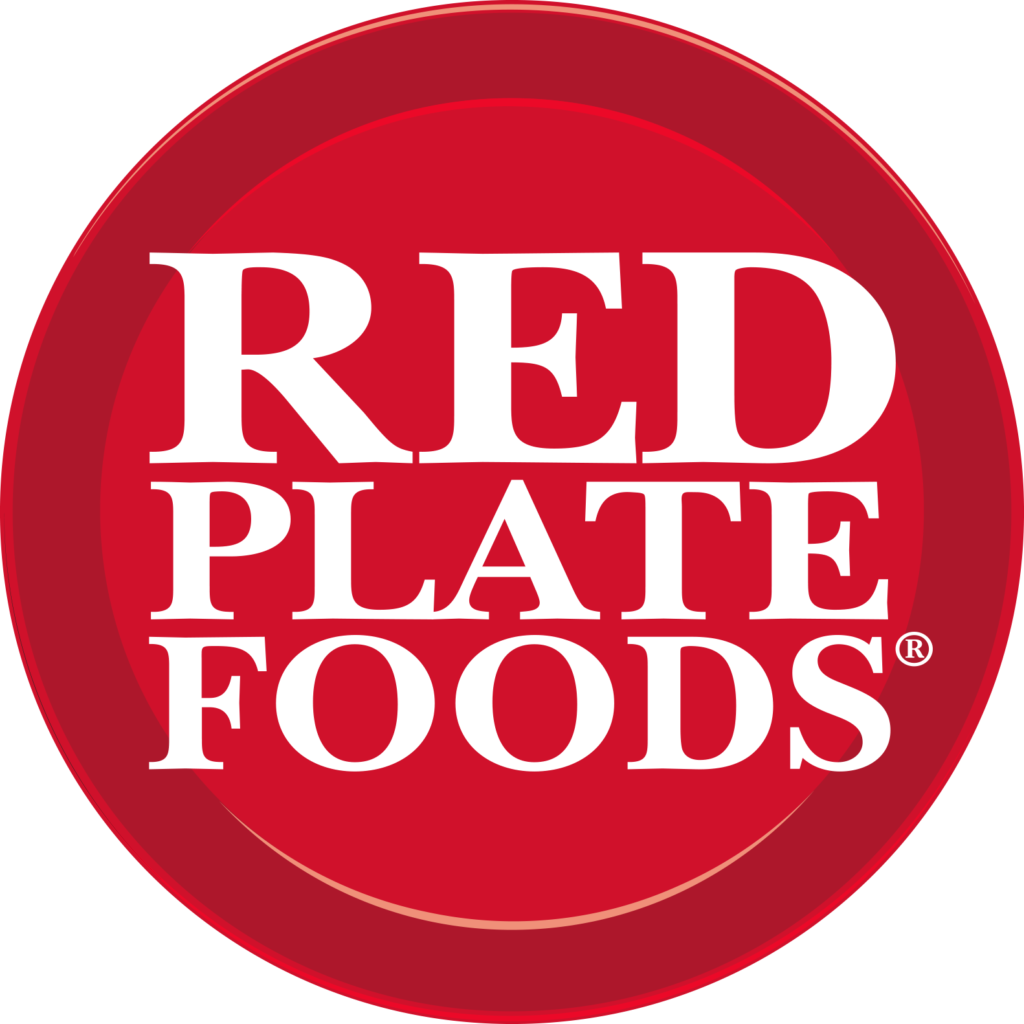
Red Plate Foods supports FAACT's Camp TAG (The Allergy Gang) program and Leadership Summit.
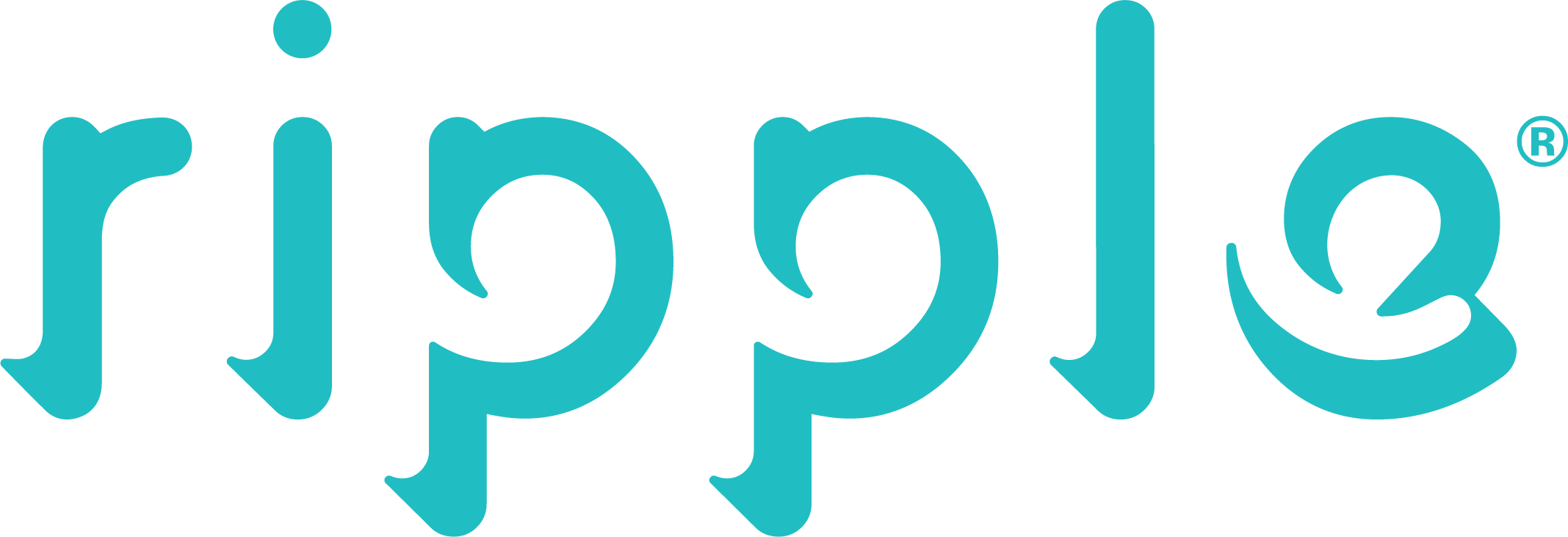
Ripple Foods supports FAACT's Camp TAG (The Allergy Gang) program and Leadership Summit.

Sanofi Genzyme and Regeneron support FAACT's mission-based education, including FAACT's Leadership Summit.
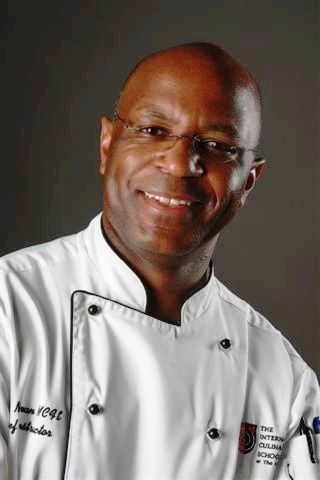
Keith Norman
As a veteran Marine and with 20 years in the culinary arts field, Keith Norman brings a sense of discipline and order to everything he does, both in the business world and in the culinary world.
Chef Norman has a passion for food safety and sanitation that is apparent in his role as Assistant Executive Chef and Food Safety Manager for the South Point Hotel & Casino and as a culinary arts instructor at The International Culinary School at The Art Institute of Las Vegas. In both roles, Chef Norman is responsible for training and educating students and culinary professionals in one of the most important facets of the food service industry.
Chef Norman has worked his way up the culinary ladder at Las Vegas properties, including Bally’s, the Mirage, Treasure Island, Paris, Suncoast, and South Point hotels and casinos. He is a certified professional food manager, certified HACCP (Hazard Analysis and Critical Control Points) manager, NEHA (National Environmental Health Association) certified food trainer, NRA (Nevada Restaurant Association) certified food safety trainer, a certified registered OSHA (Occupational Safety and Health Administration) trainer and a master certified food executive. Chef Norman has trained through the FDA (Food and Drug Administration) in the areas of foodborne illness investigation, agro-terrorism and food systems disasters.
Chef Norman is also a member of the Casino Management Association, International Food Safety Council, Alliance of Black Culinarians, Nevada Food Safety Task Force, and Stop Foodborne Illness.
Awards and Recognition
- Nominated for Culinarian of the year, 2010
- Emcee for Food Safety Day in Chicago
- Nominated for the National Restaurant Association Best Neighbor Award
- Guest Speaker at the 2010 FAAN conference in Las Vegas
- 2010 FAAN Walk for Food Allergy Appreciation Award
- 2011 FAAN Walk for Food Allergy Las Vegas, NV Committee member
- 2012 Guest Speaker for Nevada Food Safety Task Force Conference
- 2012 FAAN Walk for Food Allergy Las Vegas Honorary Chair
- Stop Foodborne Illness Board Member
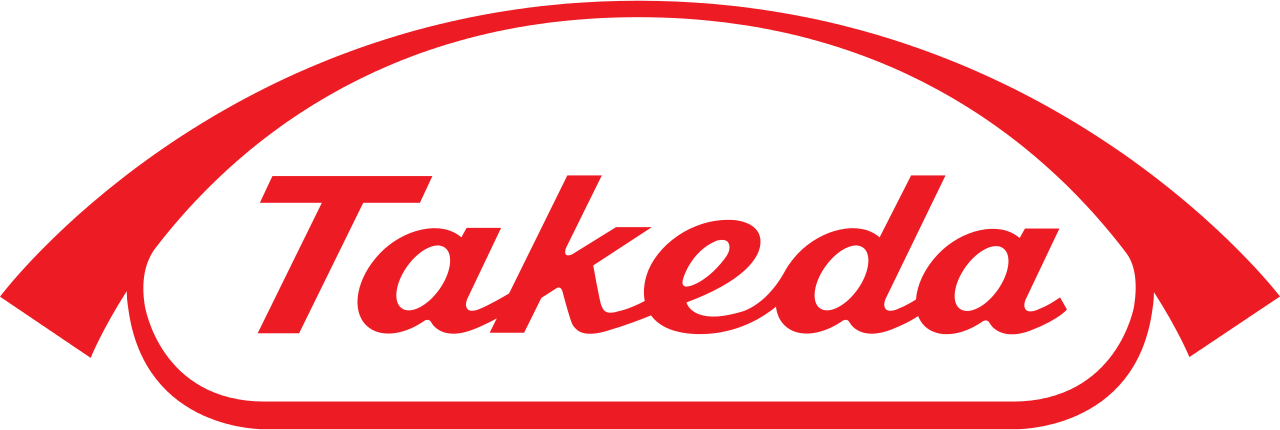
Takeda supports FAACT's Leadership Summit.
Food Industry Partners
Platinum Level

The Hershey Company supports FAACT's Food Industry & Research Summit and food industry initiatives including education and awareness for their consumer relations and customer service divisions.
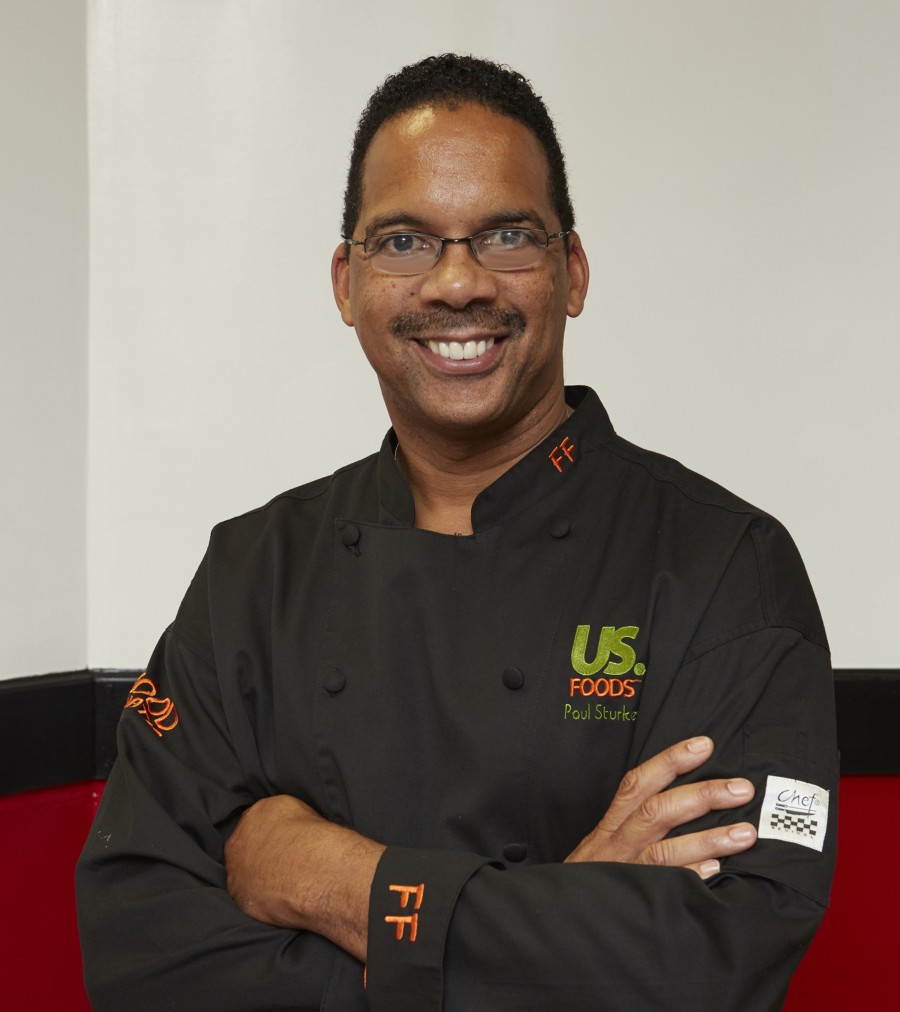
Paul Sturkey
Chef Paul Sturkey is familiar with food preparation at both the restaurant level and on a national scale. He is Product and Project Development Chef at The Kroger Company, where he has ServeSafe Certification and educates on the importance of safe and proper food handling and food allergen awareness.
In addition to creating culinary masterpieces for diners around the country, Chef Paul has faced more urgent food challenges at home. His son Mitchell, now 16 years old, is allergic to peanut, tree nuts, eggs, and dairy.
Chef Paul also understands the importance of gluten free food preparation and works diligently to deliver “guest first” training to servers and all front of the house employees to his US Foods customers
A native of Akron, Ohio and a graduate of the Culinary Institute of America – Hyde Park New York, Chef Paul brings over 35 years of food and beverage experience including hotels to private clubs, as well as owning seven restaurants of his own.
Chef Paul is the owner of The Paul Sturkey Bottling Company, which produces a line of salad dressings and an all-purpose seasoning. His insight into food trends as a Certified Food Fanatic keeps his finger on the pulse of what valued customers are asking for in the market place.
Gold Level
.jpg)
Publix Super Markets Charities support FAACT's Food Industry & Research Summit and food industry initiatives including education and awareness programs.
Advocacy Partners

FAACT is proud to partner with the MedicAlert Foundation.
1 in 10 adults and 1 in 13 children in the United States have food allergies. Managing food allergies impacts daily life, and can often feel overwhelming. Whether you are newly diagnosed or have been managing food allergies for years, both MedicAlert and FAACT will provide you with resources and assistance to live your life with assurance and peace of mind.
A MedicAlert ID and membership can help protect people with food allergies in the event of an emergency. If you can’t speak for yourself, MedicAlert will be your voice.
When you enroll in a new MedicAlert membership through this link or via phone, use the code FAACT and MedicAlert will donate 20% of your membership fees to FAACT to support their mission of improving lives for families living with food allergies and life-threatening anaphylaxis.
Corporate Partnership Opportunities
If your company or organization is interested in partnering with FAACT, please contact Eleanor.Garrow@FoodAllergyAwareness.org for more information.


